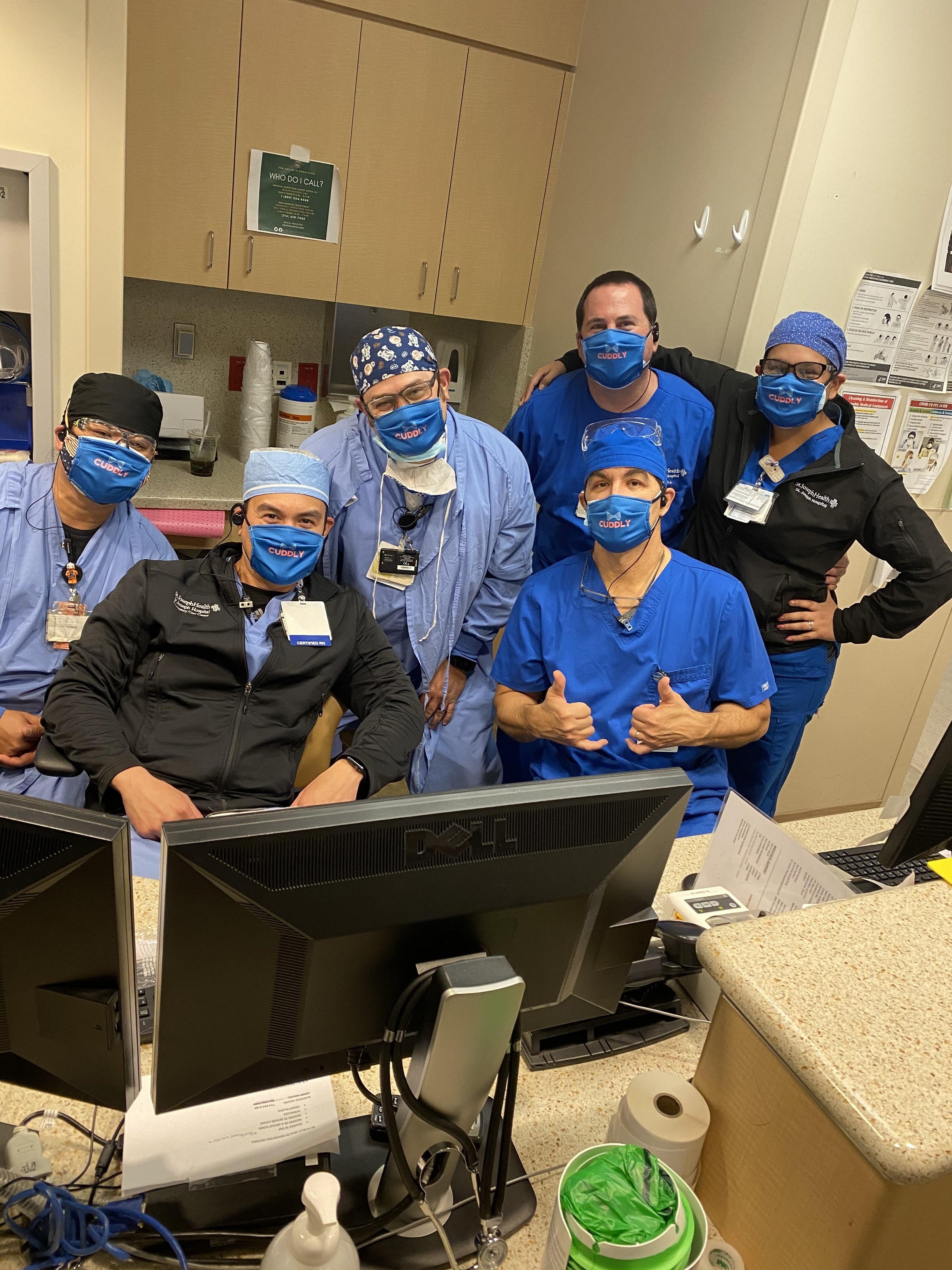“Believe with all your heart that how you live your life makes a difference.”
Colin Brown
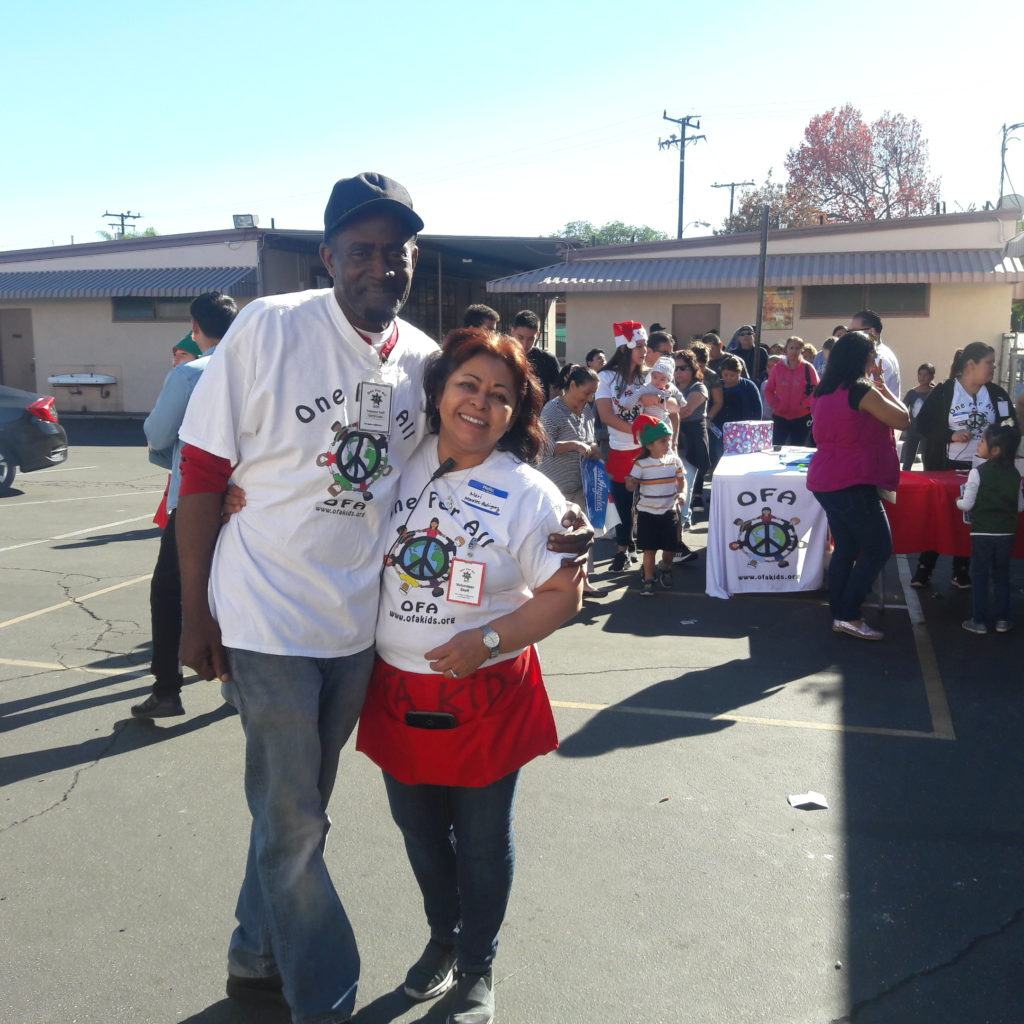 I have always believed in angels among us and looking back at the conversation I had with nonprofit founder, Mari Rodriguez was proof to me that angels are here on earth. My dear friends have been involved with supporting Mari and her work to provide the most underserved children and families in her neighborhood of Inglewood.
I have always believed in angels among us and looking back at the conversation I had with nonprofit founder, Mari Rodriguez was proof to me that angels are here on earth. My dear friends have been involved with supporting Mari and her work to provide the most underserved children and families in her neighborhood of Inglewood.
Mari came to the United States at age 19 and taught herself English. She became a citizen and a nurse. She raised a family and people in the neighborhood were coming to her for help with their children. First, it was a few and then a few more and then a hundred and now hundreds. Mari is living proof that one person can change the world and one of the most amazing humans I have had the privilege of talking to.
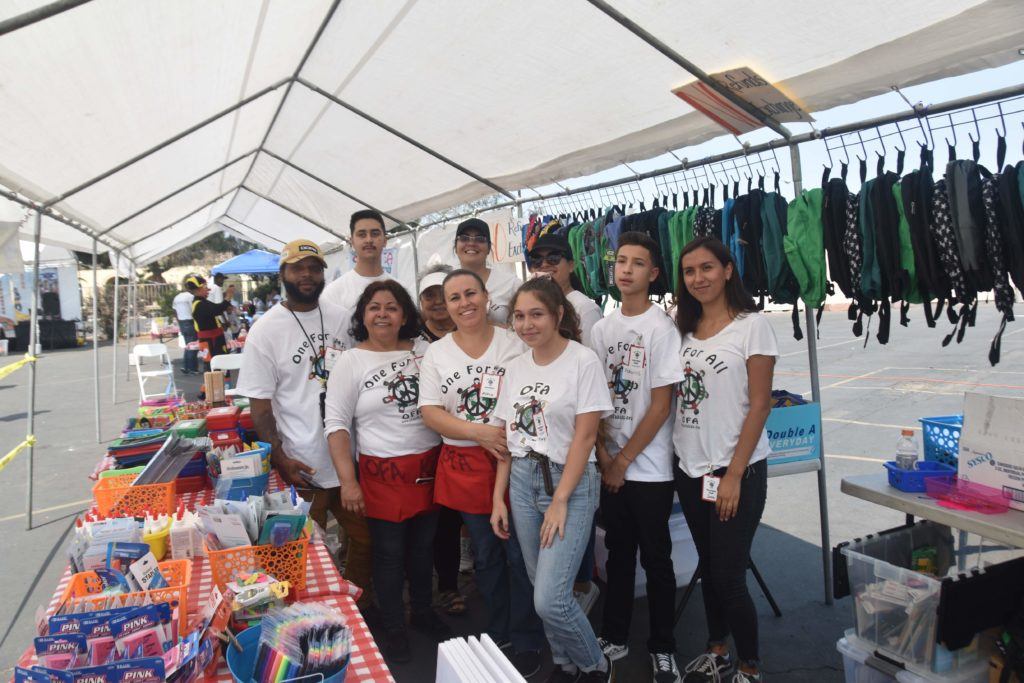
Charity Matters: Tell us a little about what One For All does?
Mari Rodriguez: One For All encourages students to stay in school, graduate from high school and we give these students and families the supplies and guidance they need to accomplish that. Our mission is to help build the character of our children through social programs that emphasize the importance of personal growth as well as develop the community as a whole.
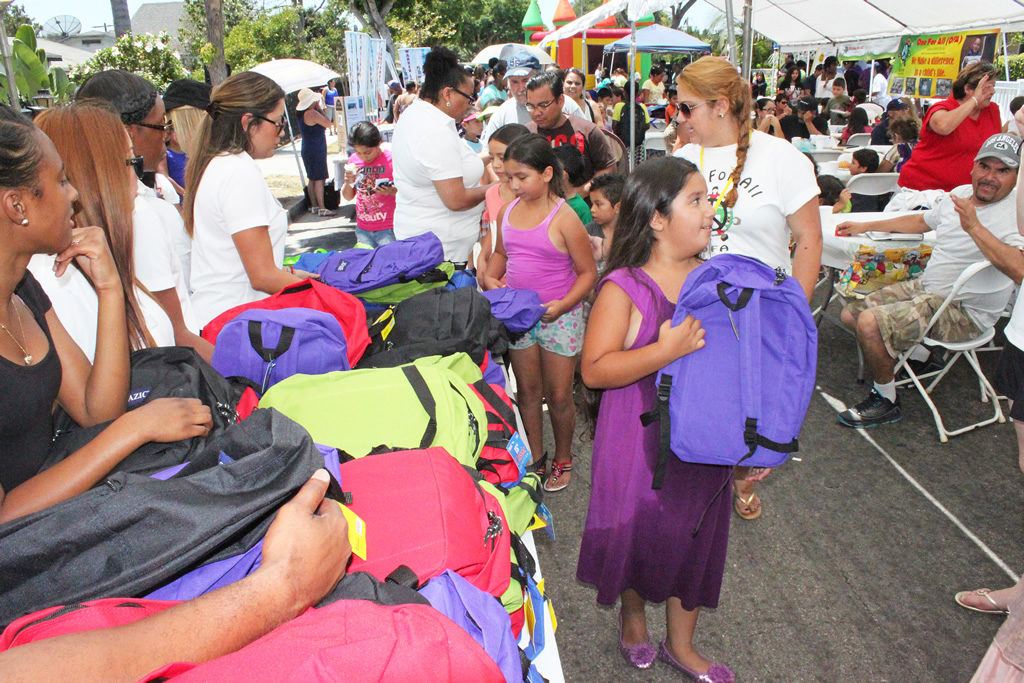
We do back to school backpacks and supply drives, toy drives for winter, we have students bring their report cards and if they are getting a 3.0 GPA or higher they are rewarded for good grades and if not we get them tutoring, we do prom dress giveaways and whatever students need, sometimes its as basic as a pair of shoes for school, we find it and help. The biggest thing we do is give $500 scholarships for those students with good grades who are going to college.
We currently serve over 500 students a year between the ages of 5 and 18.
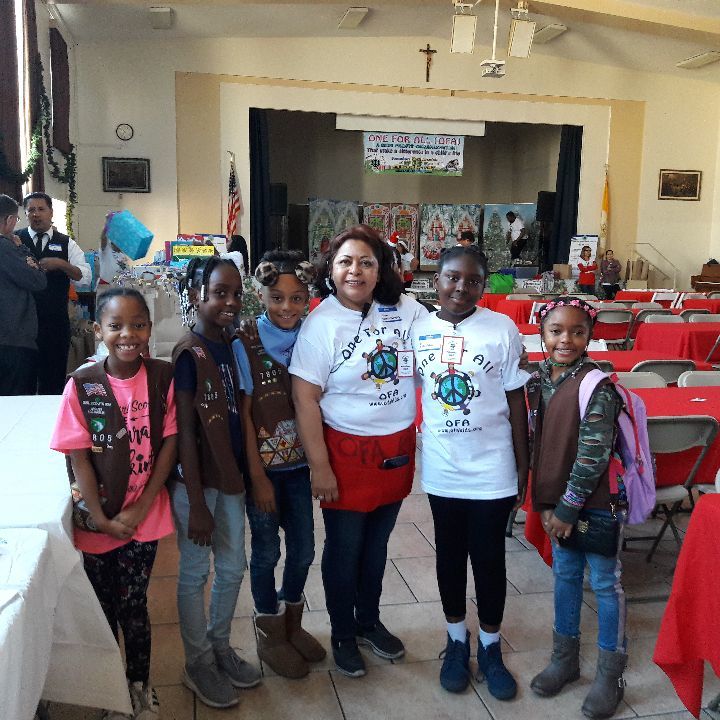
Charity Matters: What was the moment you knew you needed to act and start One For All?
Mari Rodriguez: I lived in Inglewood and saw that the children in my neighborhood didn’t have guidance. So, in 2001 I talked to the pastor at our church on the corner and asked if we could use the church parking lot to help children and families. Then we started an event on our street to gather everyone together but our neighbors were so impacted and the neighborhood couldn’t accommodate everyone. I wasn’t sure what to do because I was still working full time as a nurse during the day and raising my children and helping all the neighborhood children at night and after work.
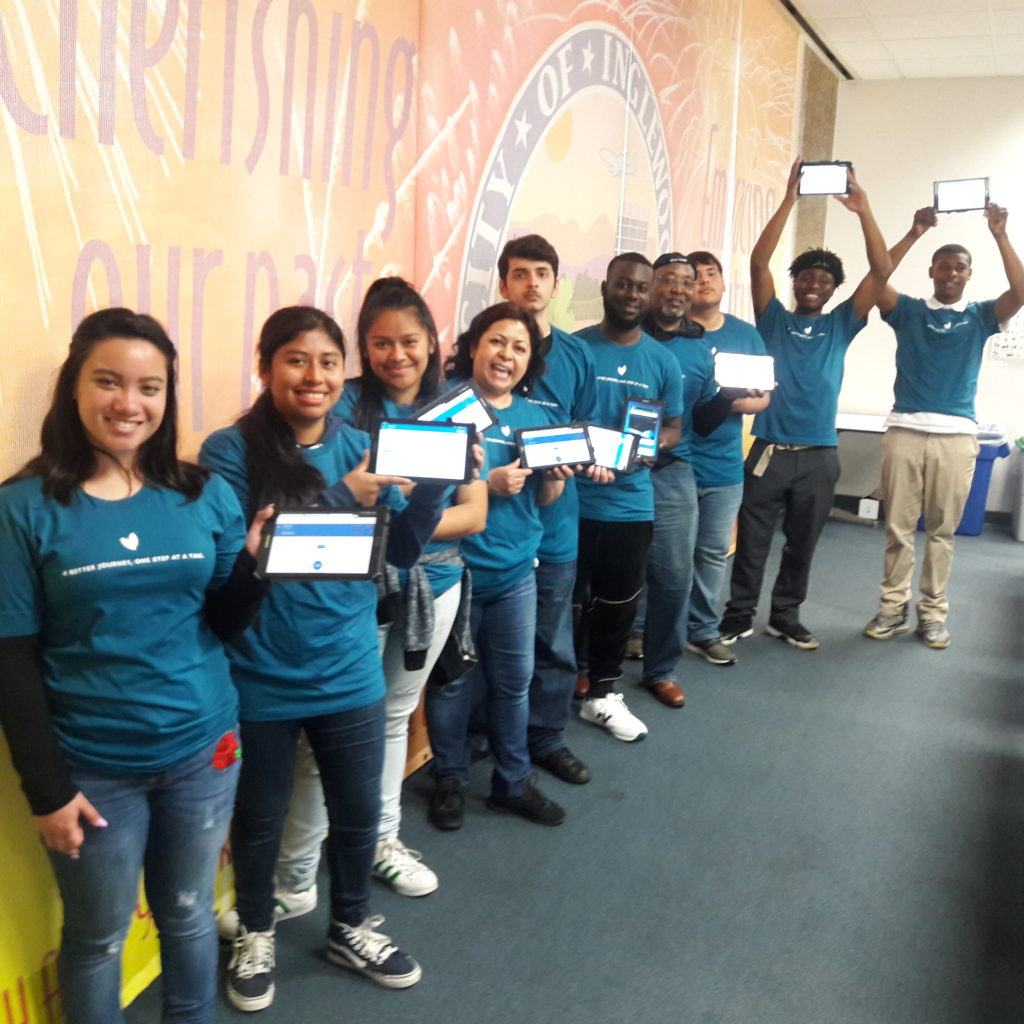 In 2007, I had a patient that kept telling me I needed my 501c3 and I had no idea what these numbers meant or what that was. While I was working in the doctor’s office a patient asked me about what I do in my free time and I told him. He said I needed my 501c3 and his wife would help me. She did and in 2007 One For All became an official nonprofit organization.
In 2007, I had a patient that kept telling me I needed my 501c3 and I had no idea what these numbers meant or what that was. While I was working in the doctor’s office a patient asked me about what I do in my free time and I told him. He said I needed my 501c3 and his wife would help me. She did and in 2007 One For All became an official nonprofit organization.
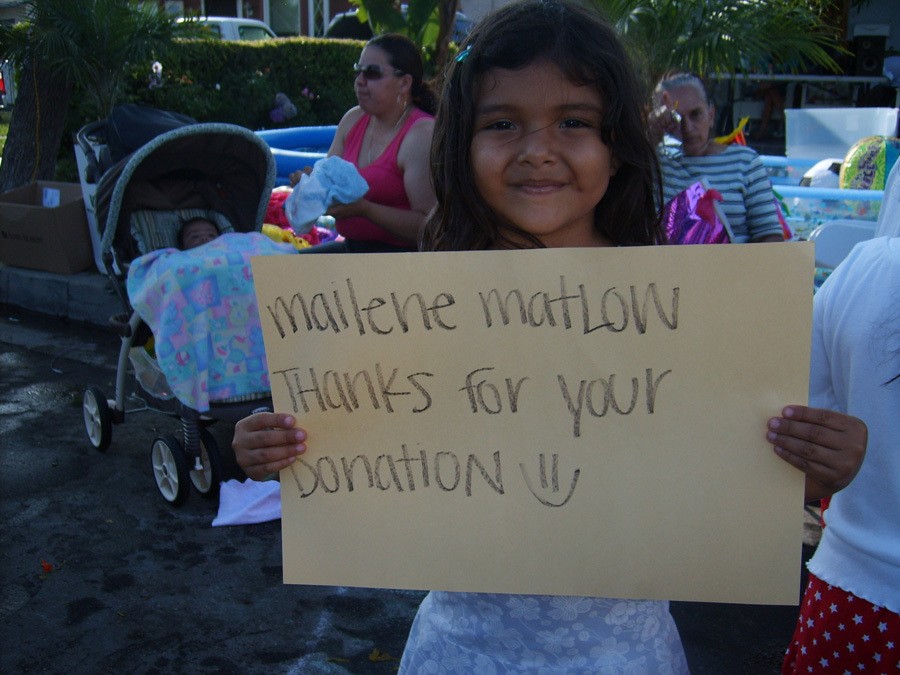
Charity Matters: What are your biggest challenges?
Mari Rodriguez: Donors. The hardest part is raising funds.
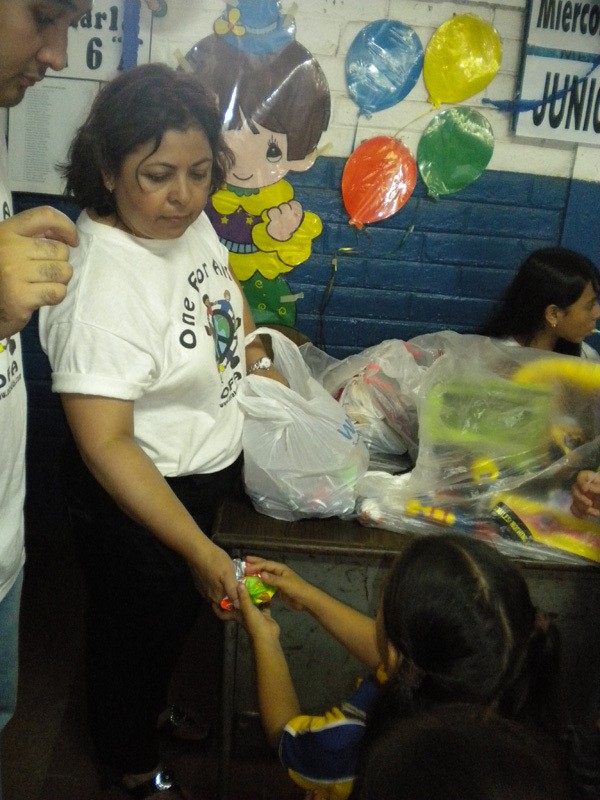
Charity Matters: What fuels you to keep doing this work?
Mari Rodriguez: (Tears) The love of people. The love of people fuels me. Sometimes I want to quit and think I cannot go on and then people hug me and thank me for helping them. When families need me. This is my purpose in life to help others.
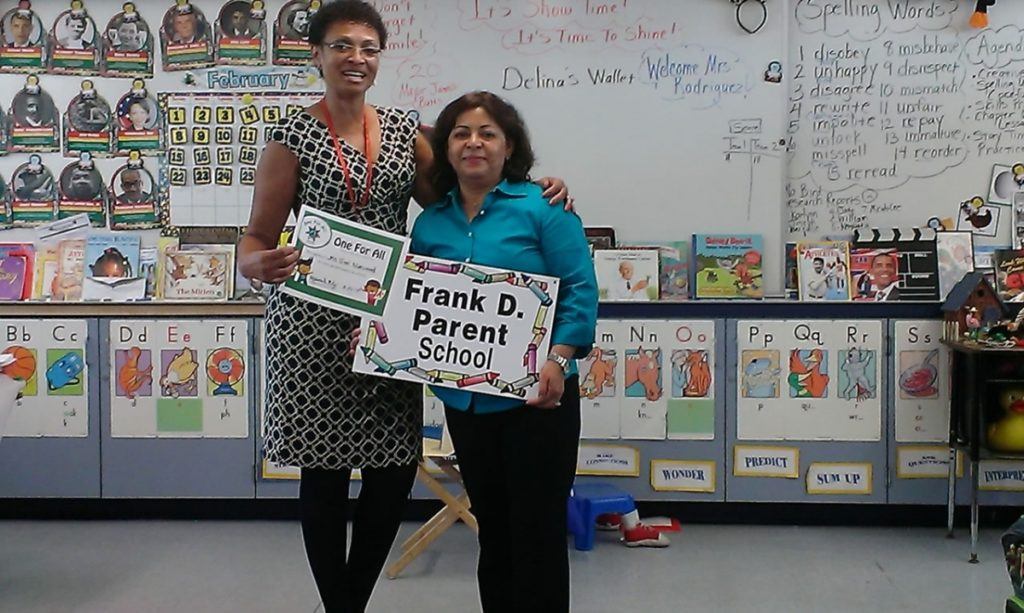
Charity Matters: When do you know you have made a difference?
Mari Rodriguez: I think of all the people whose lives I have touched. From a five year old girl who died of cancer and whose funeral I did because her mother just couldn’t, to the young boys who were becoming gang members and we were able to get them to change direction, to the young man who was gay and thinking about suicide for fear his parents wouldn’t accept him. I got involved and this boy is now a wonderful and happy young man in college with his family’s support.
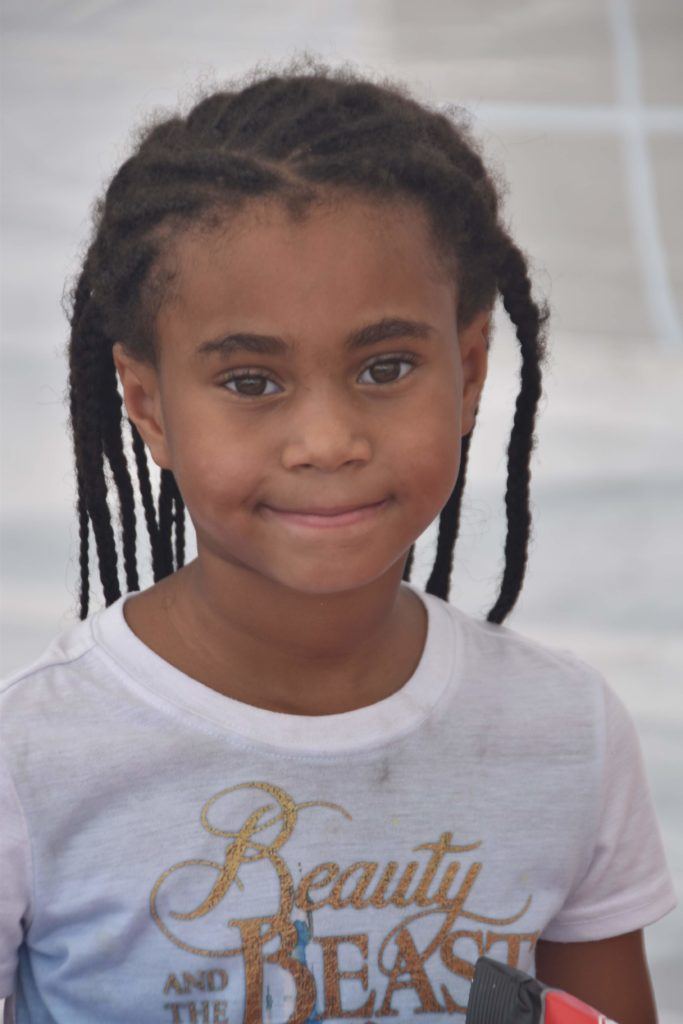
When I close my eyes I see myself on a journey helping, going forward, helping, helping and not looking back just keep going and helping. I see the hugs, the smiles of all these people and that is my reward. I love this country with all my heart. I came to this country at 19 with nothing but dreams. I dreamed I was going to do something big.
I taught myself English and with the help of two angels went to nursing school. It was such hard work and my life has been so good. I have to give everything I have received. I am so grateful.
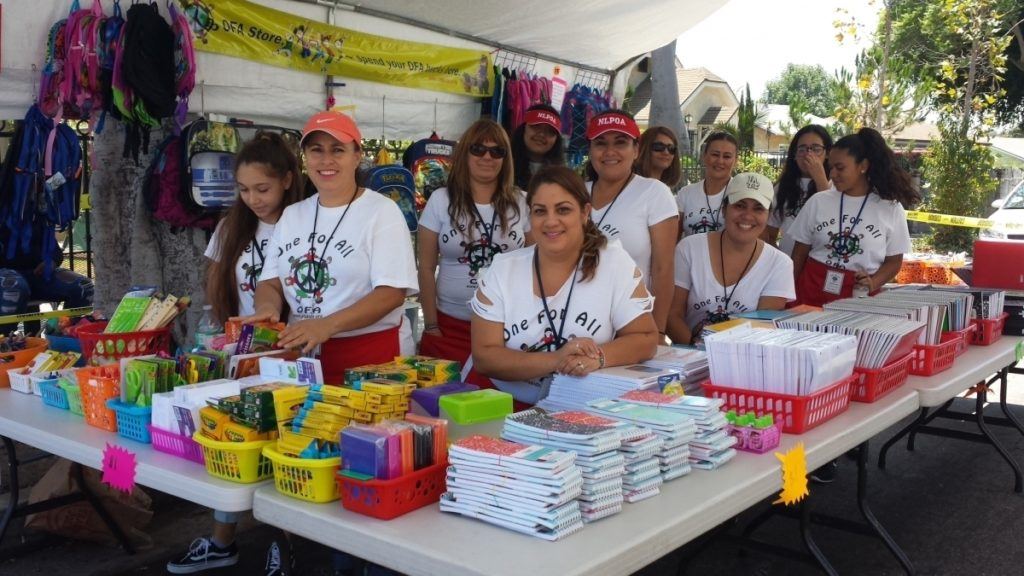
Charity Matters: Tell us what success you have had?
Mari Rodriguez:We started with 25 kids in 2001 from my home. Then we had 100 and then 200 kids and we would close down our street to do our events. Our neighbors asked us to take our events off of our street and we moved our programs to the church in Inglewood. Today we help more than 500 children and families. This year we will distribute over thirty $500 scholarships for our students who are going to college.
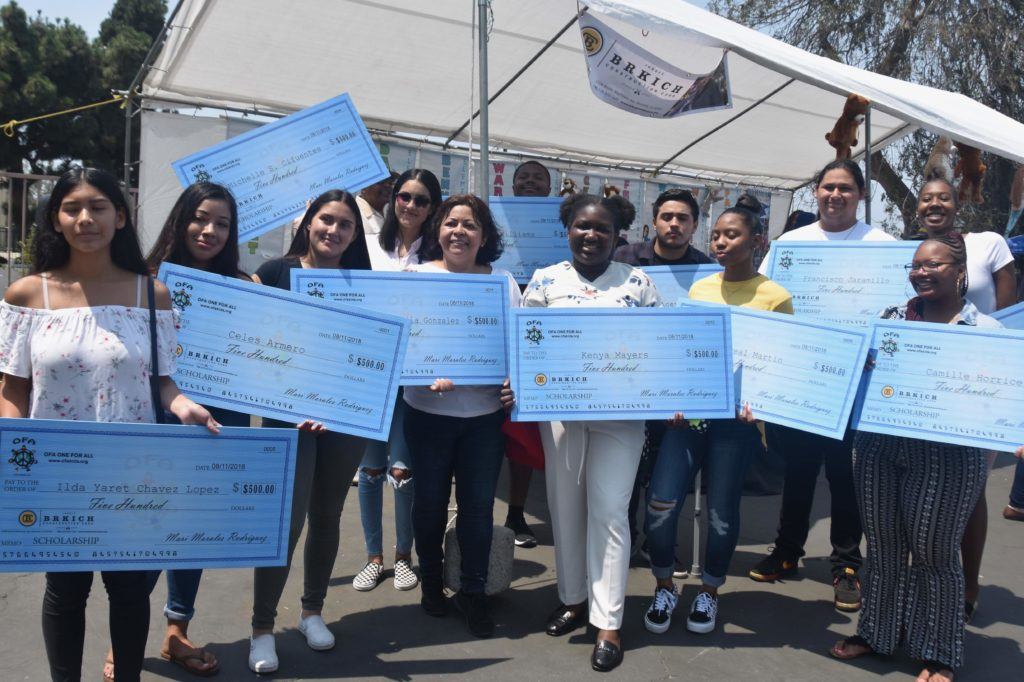
Charity Matters: If you could dream any dream for One For All, what would that be?
Mari Rodriguez: The dream I have is to find more supporters. We need more school supplies. I dream of finding someone who can donate backpacks. To me, the most important thing is to keep giving more scholarships to motivate these kids to stay in school and to help us really help them.
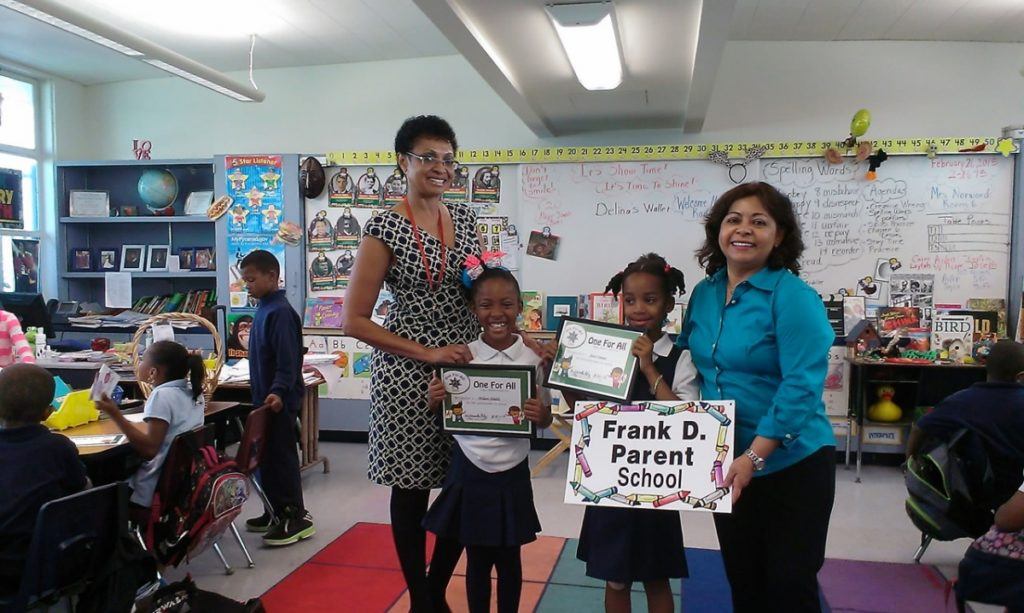
Charity Matters: How has this journey changed you?
Mari Rodriguez: It hasn’t changed me, I continue being humble and treat everyone equally. I really do not like to talk about me. I would rather just help others.
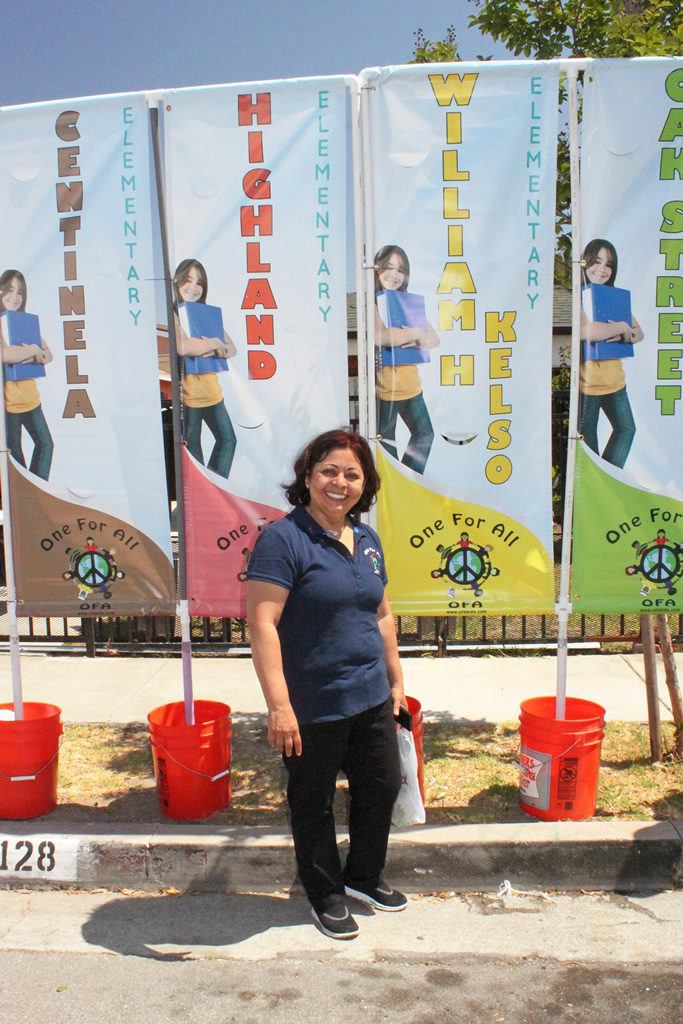
Charity Matters: What life lessons have you learned from this experience?
Mari Rodriguez: I have learned that anybody can help somebody. Nothing is too little to help another. Each individual can help somebody. If you can not give money you can give love or conversation to someone who is lonely. Anybody can make a difference in the world. To start a nonprofit with an intention to help others is enough. I am just happy to help these families.
Charity Matters.
Copyright © 2024 Charity Matters. This article may not be reproduced without explicit written permission; if you are not reading this in your newsreader, the site you are viewing is illegally infringing our copyright. We would be grateful if you contact us.

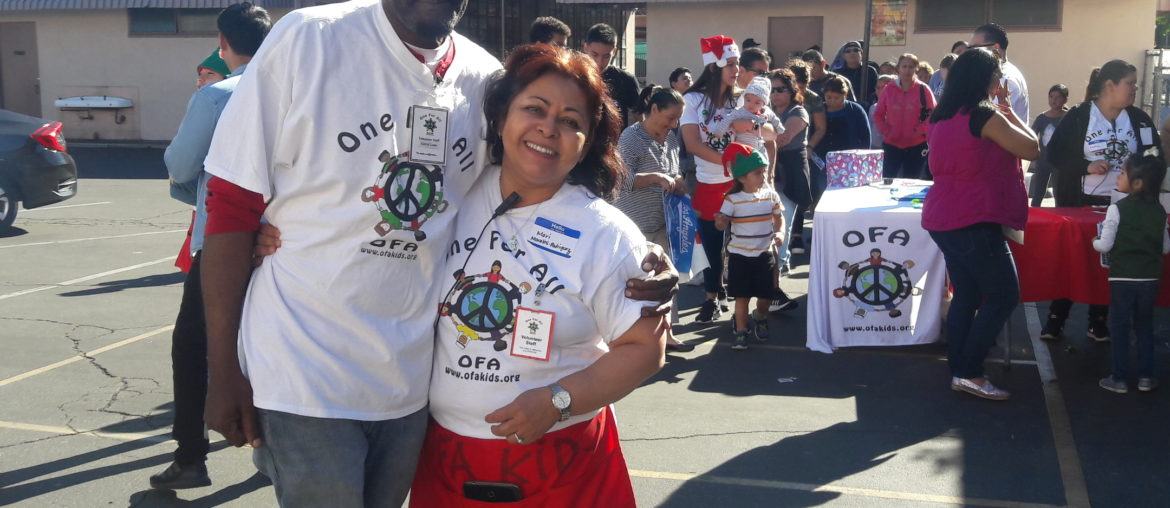
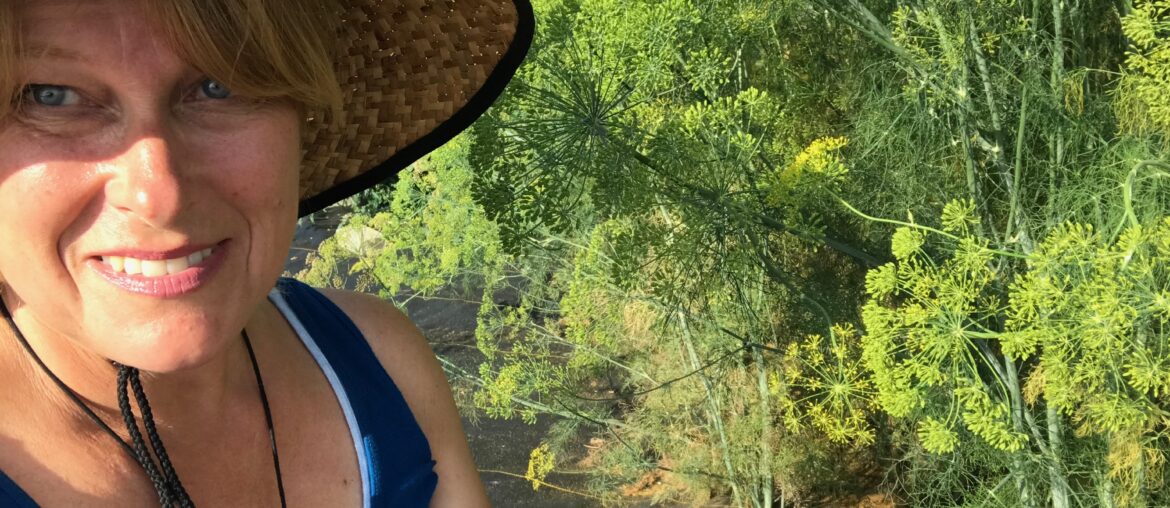

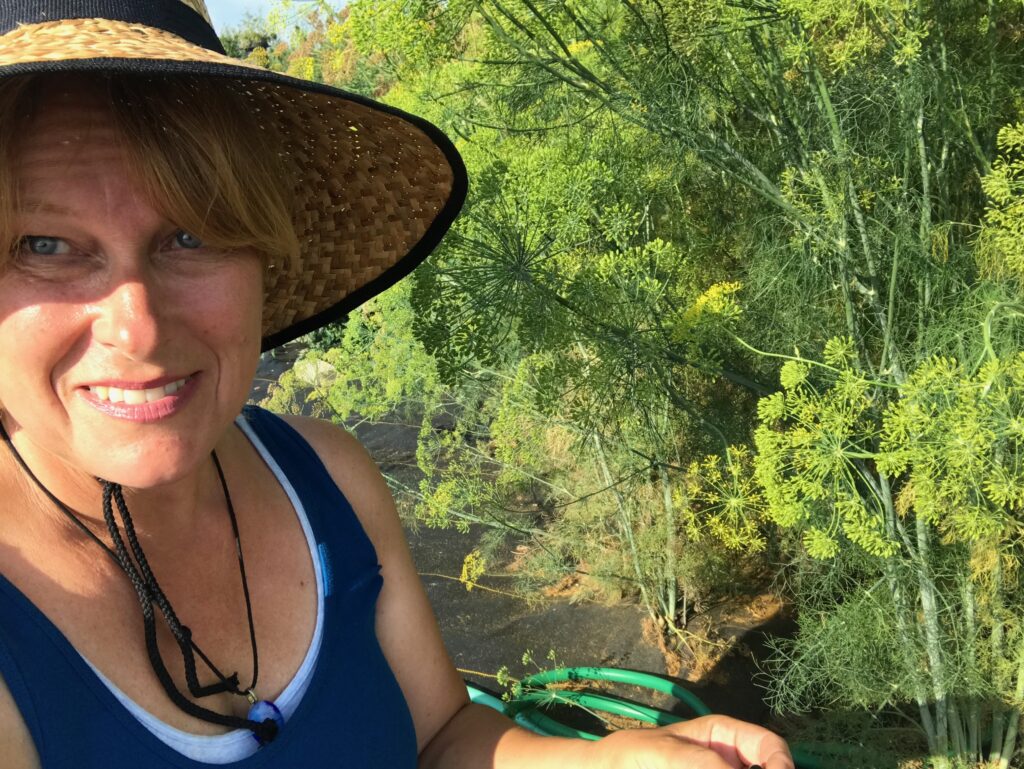

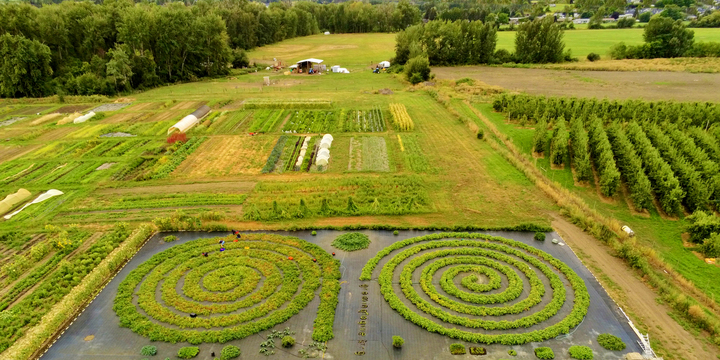
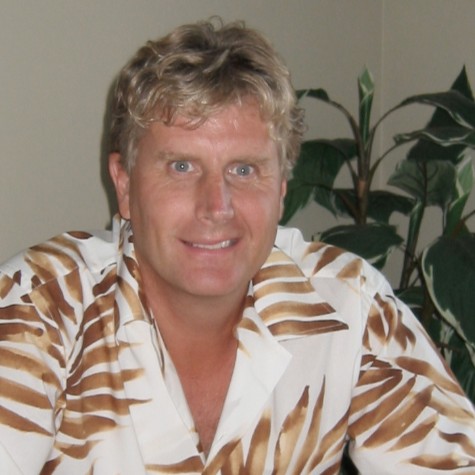
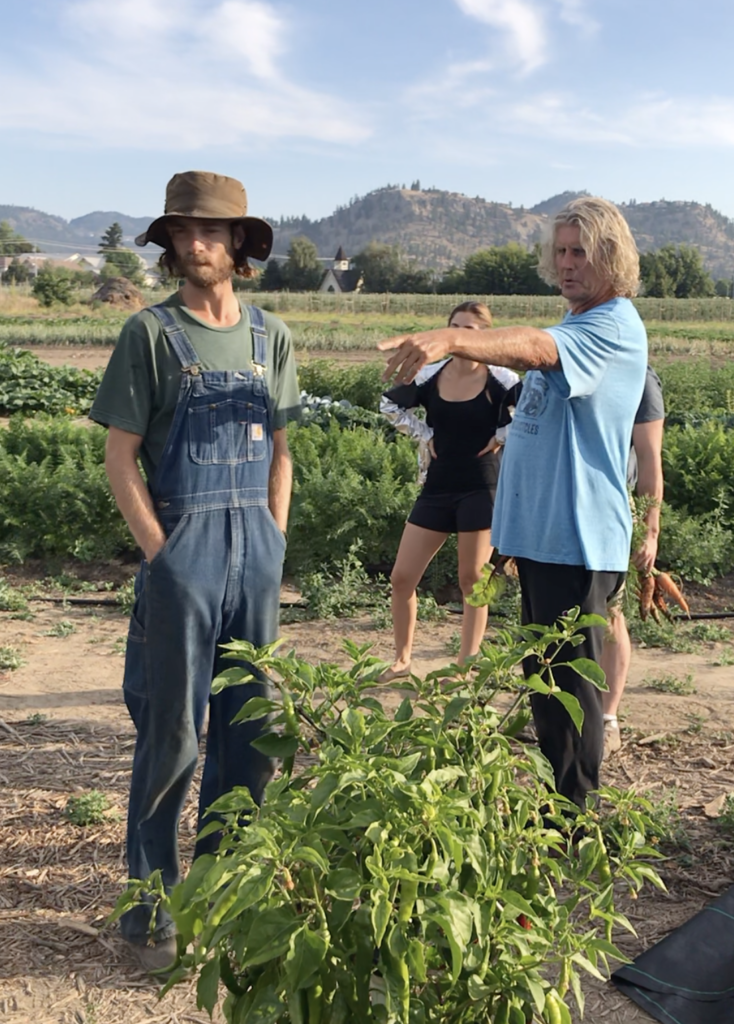
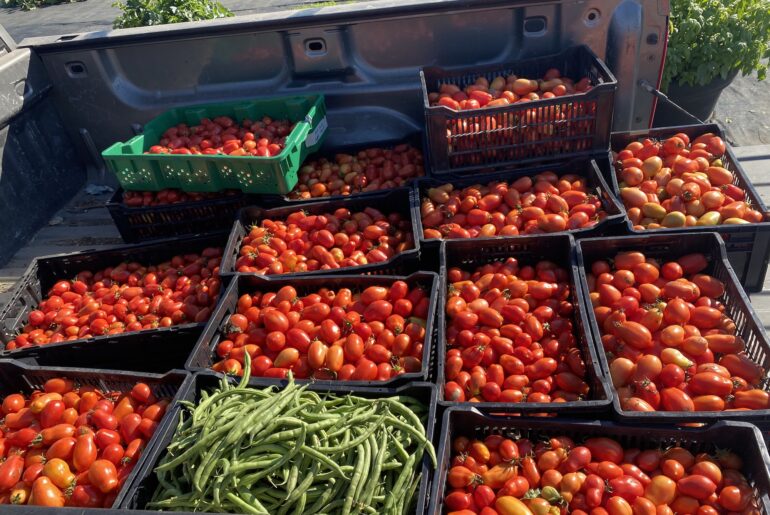
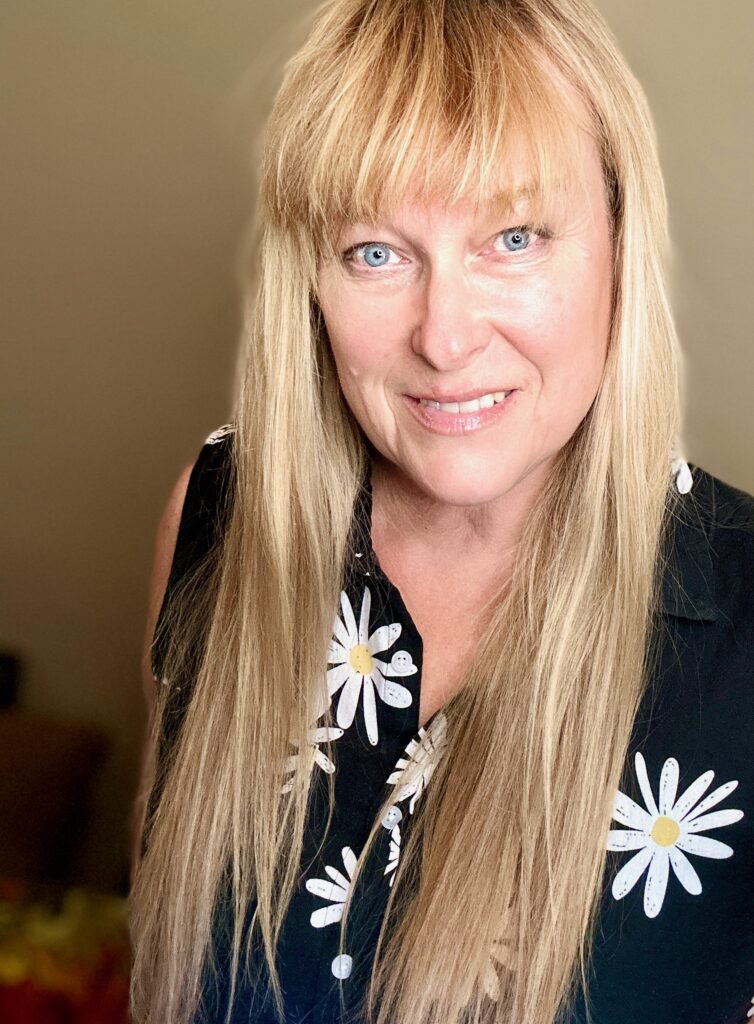
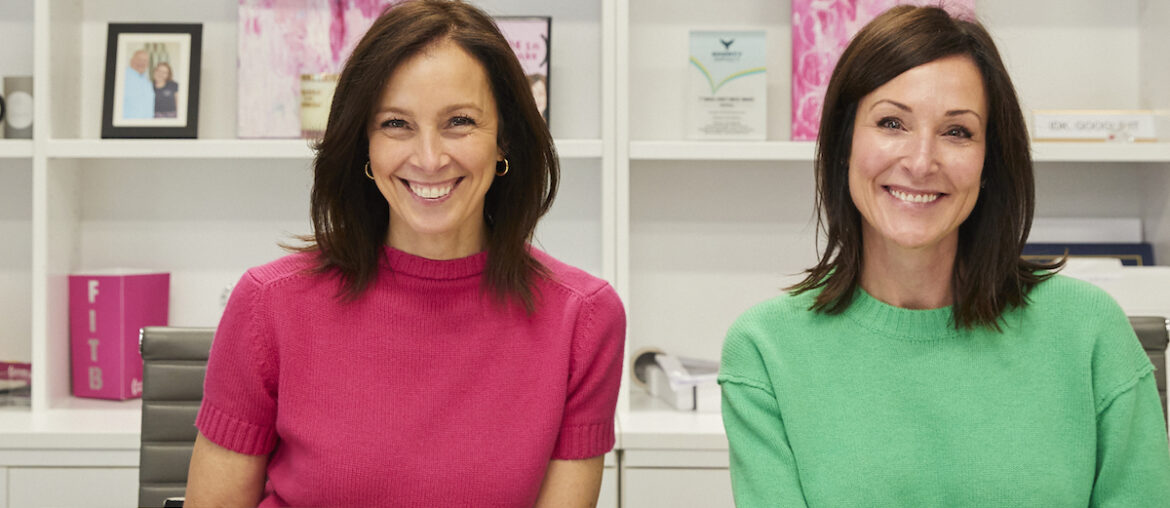
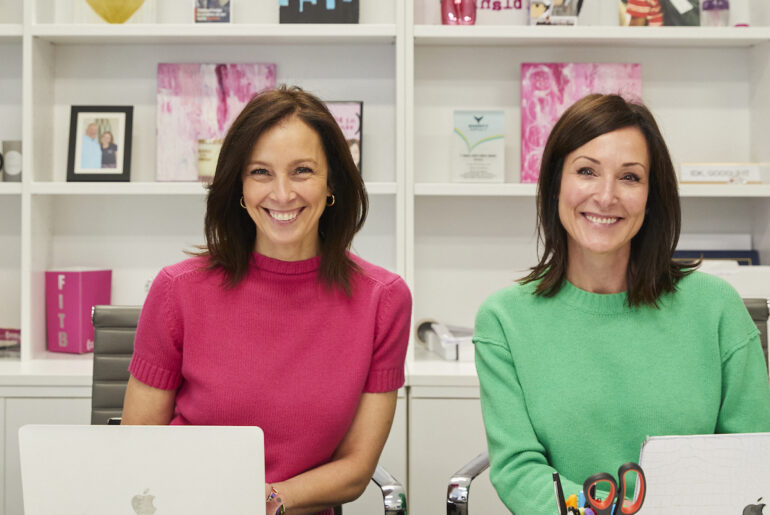
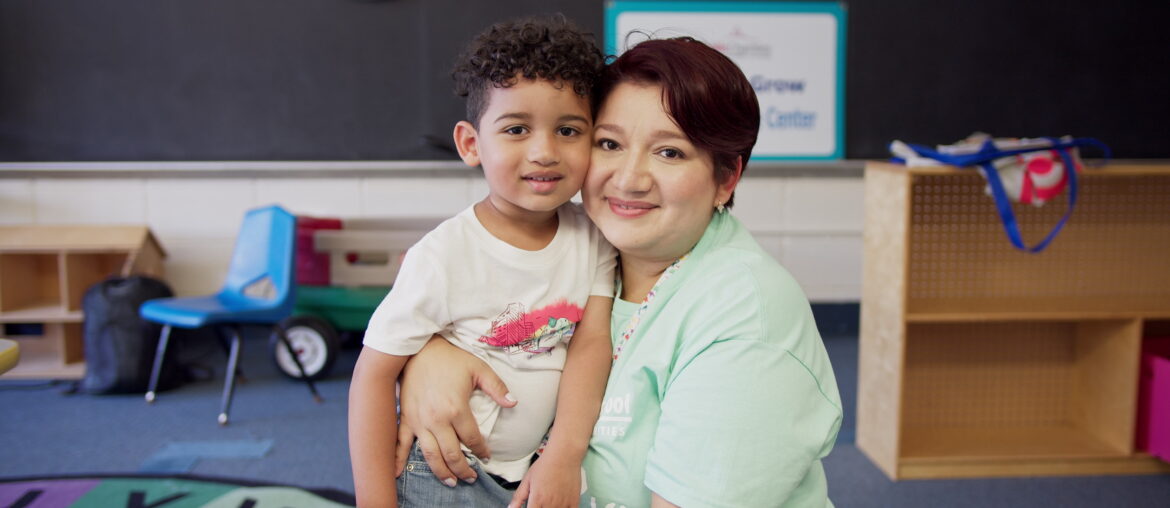
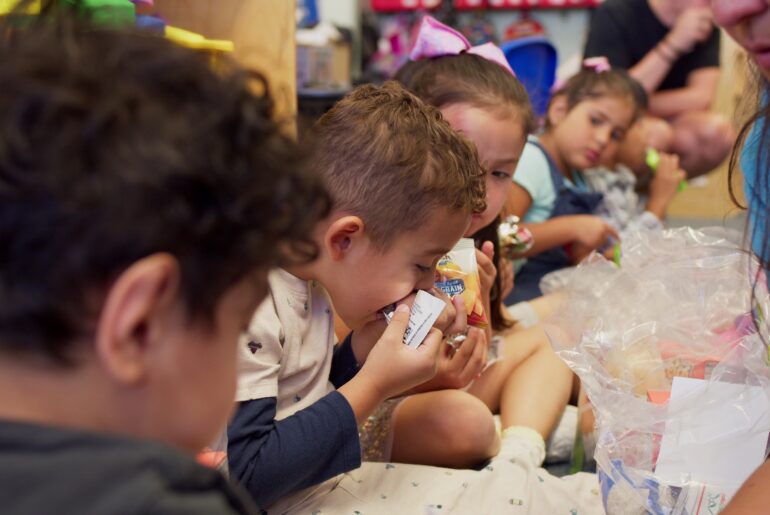
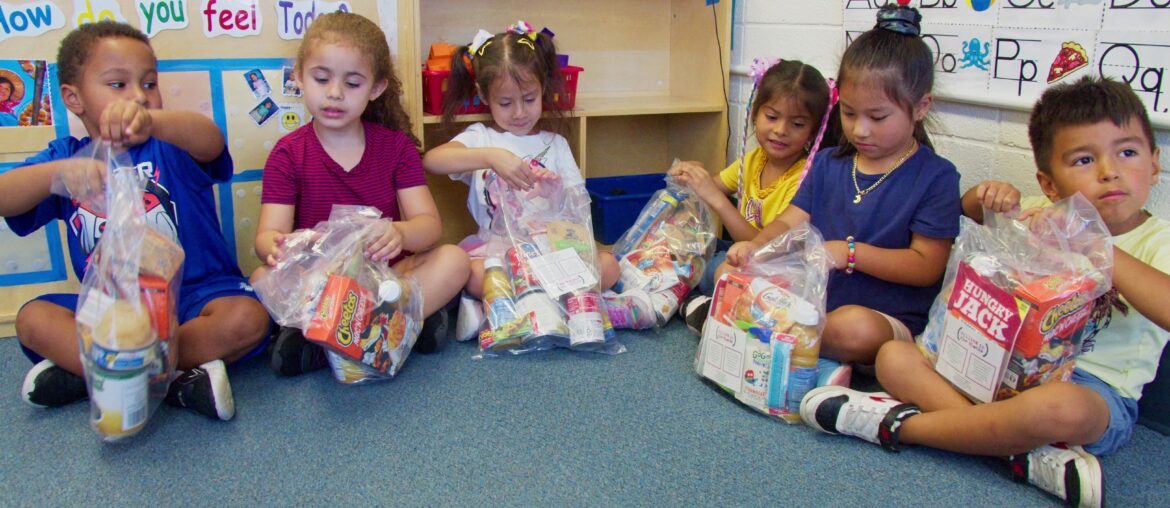
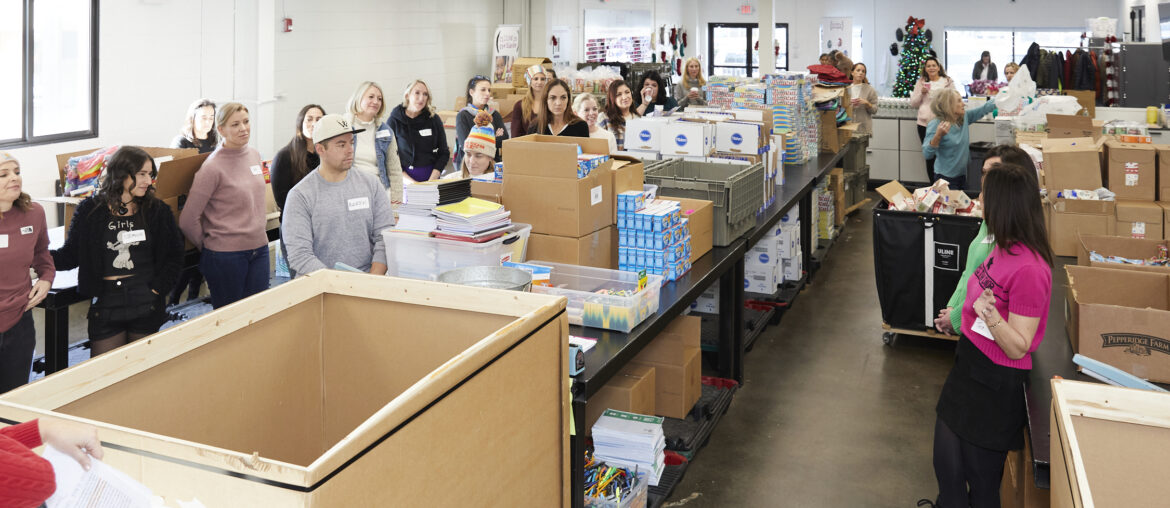
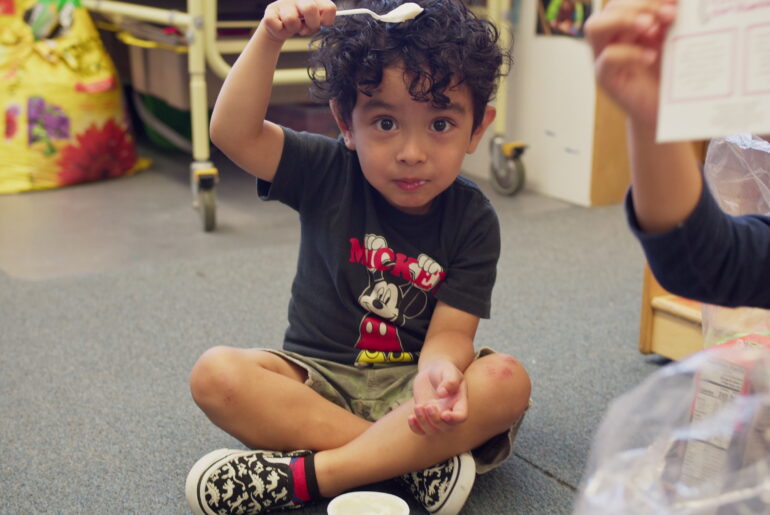
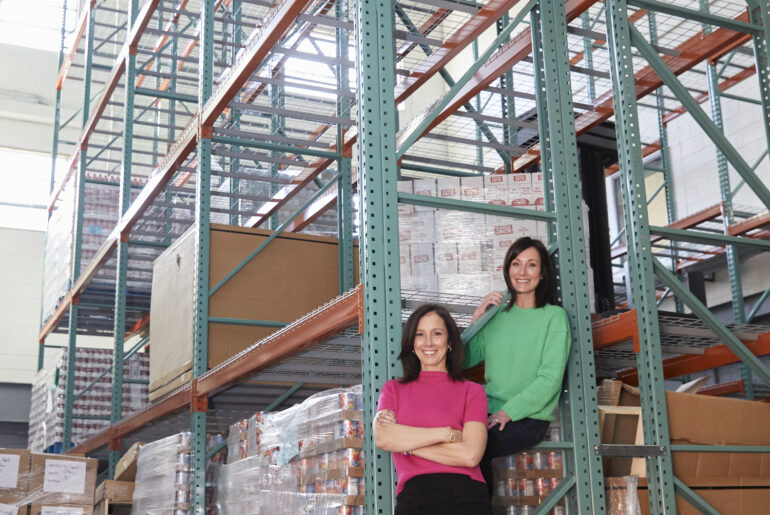
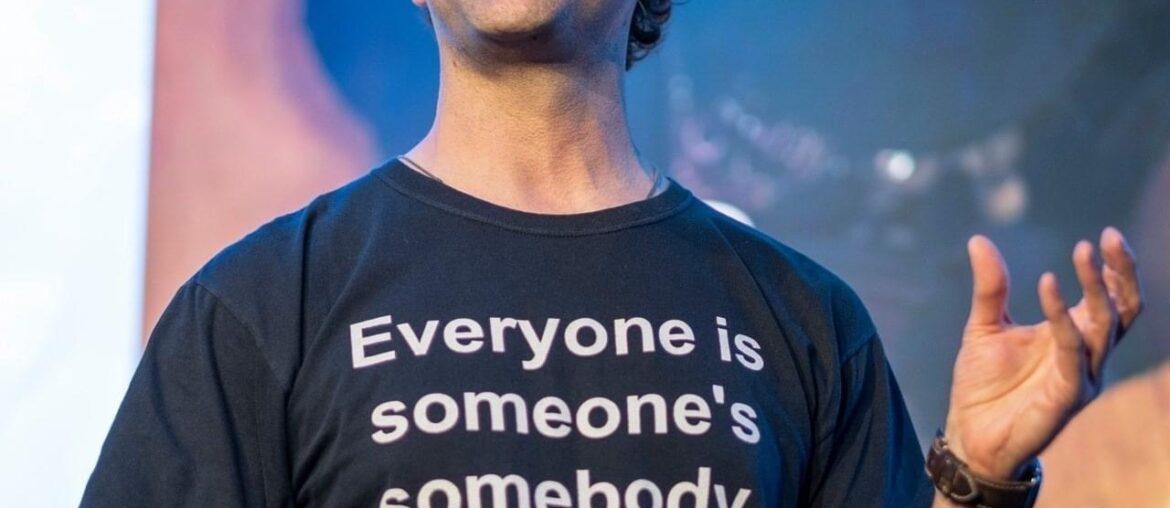
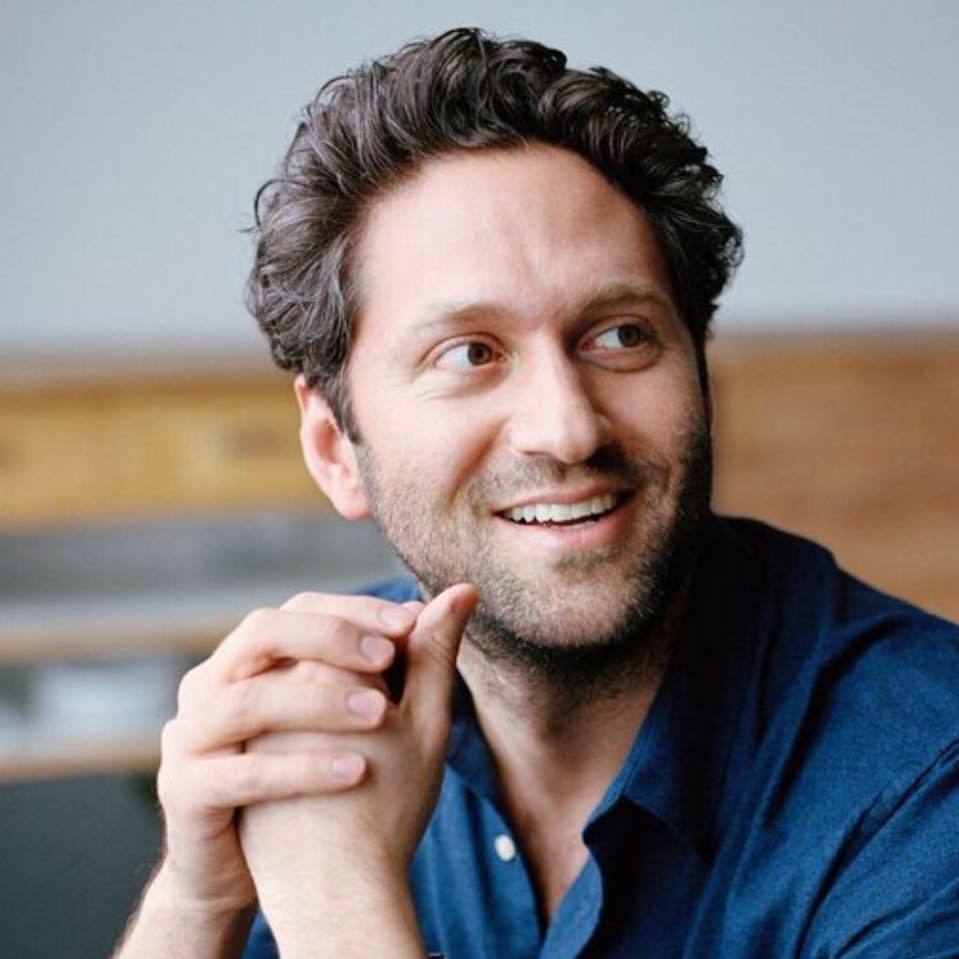
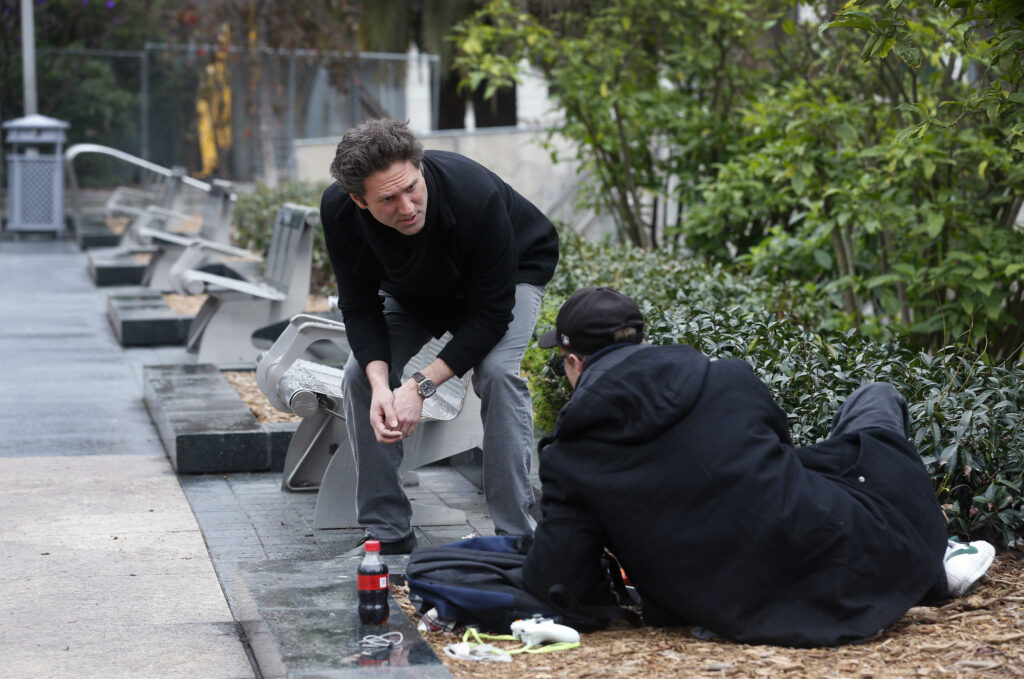
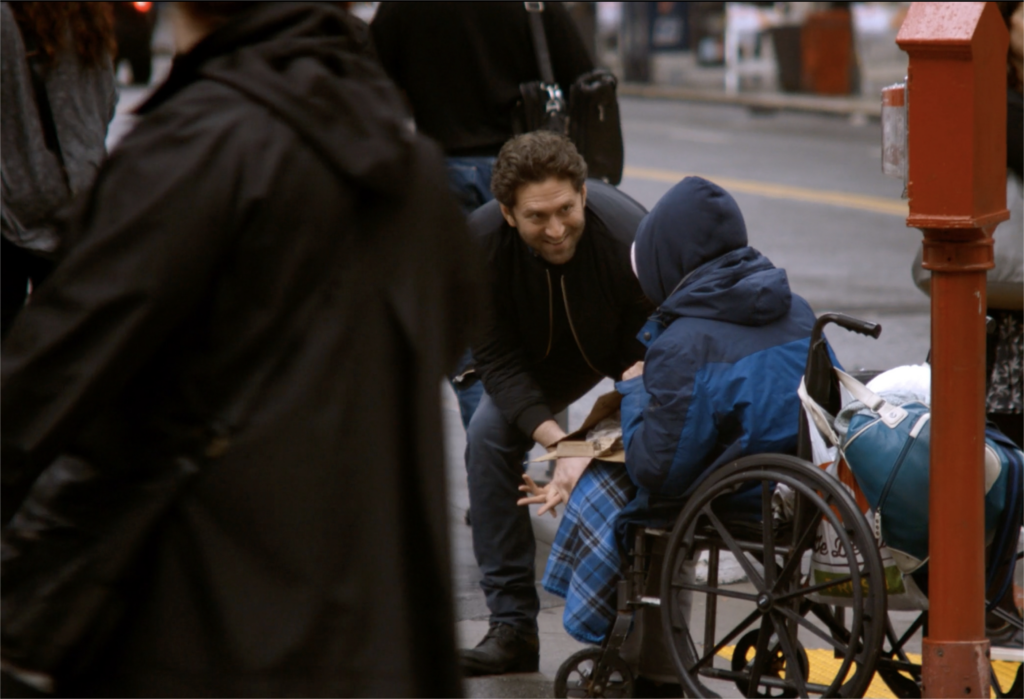
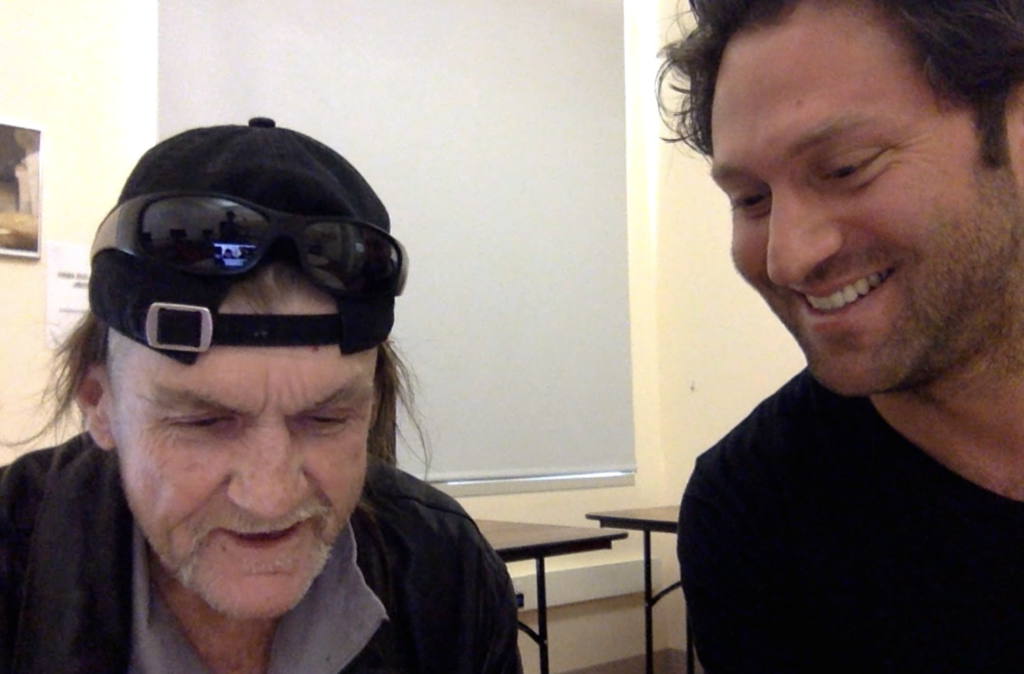
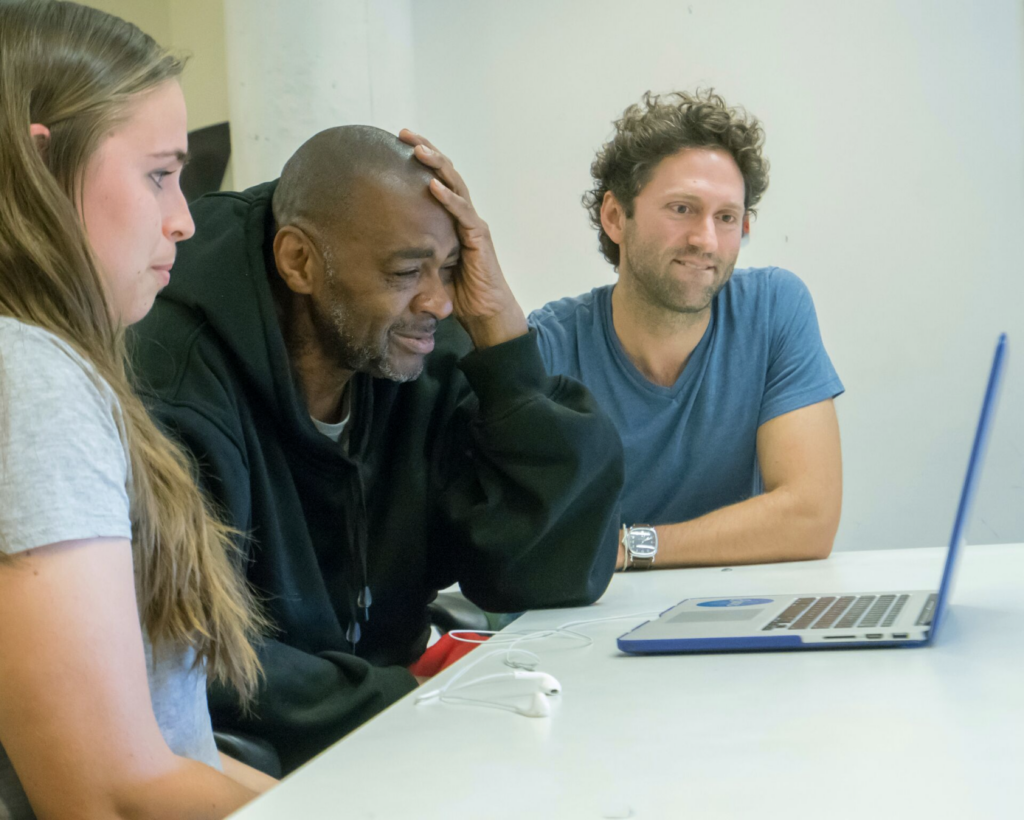
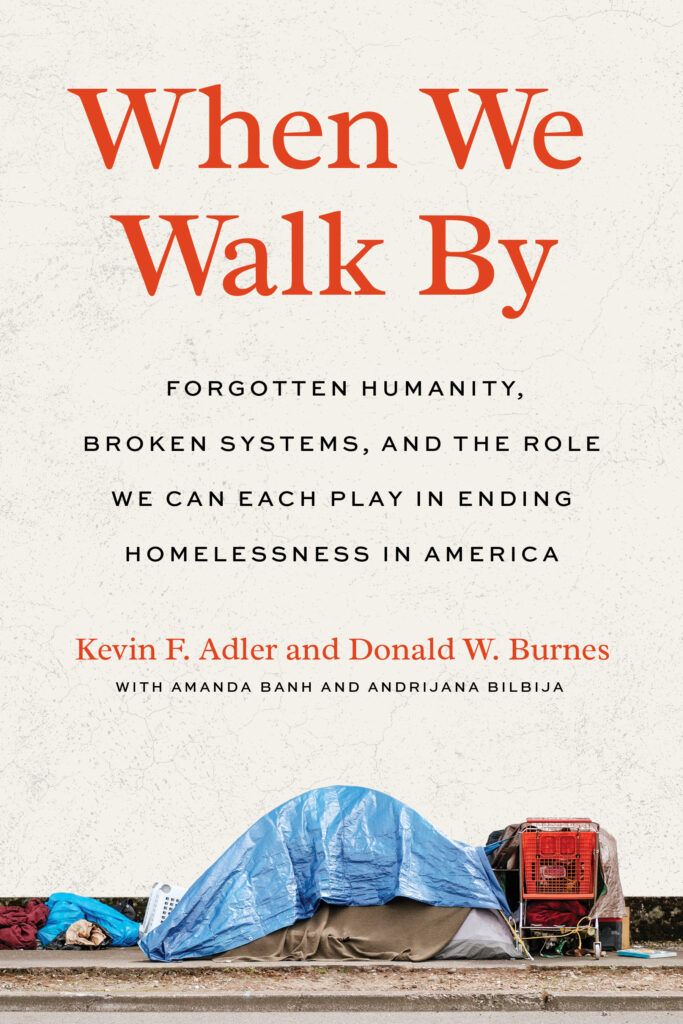
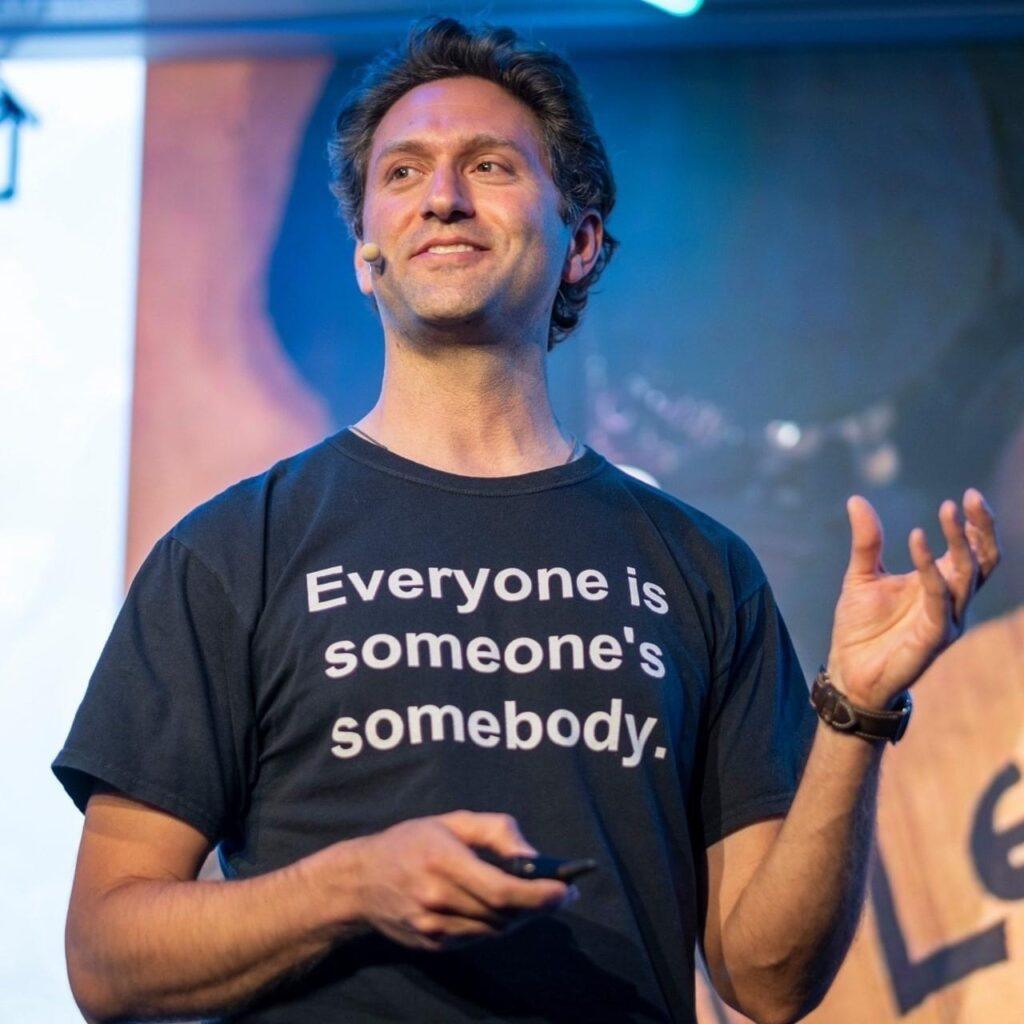
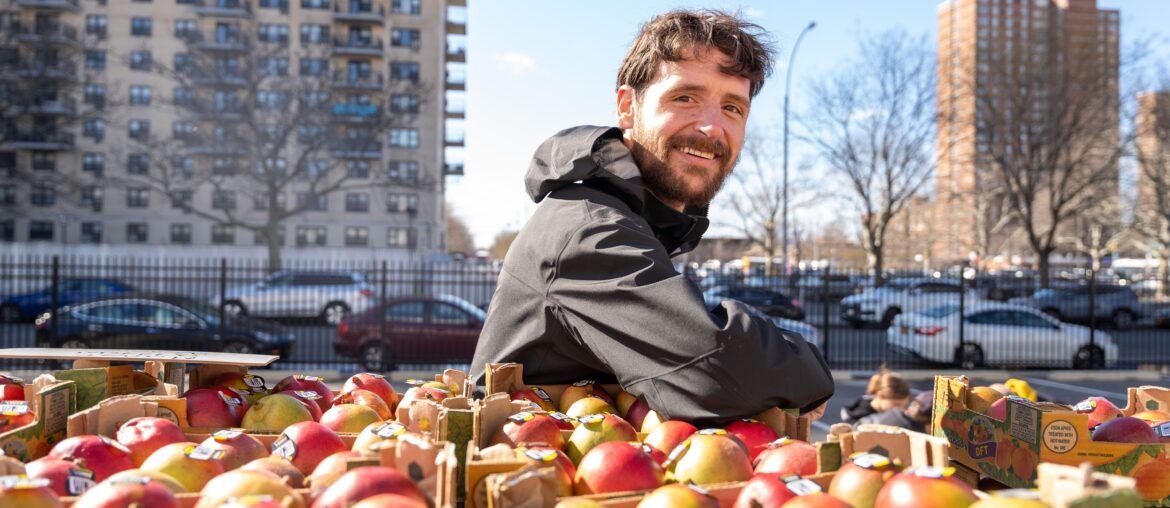
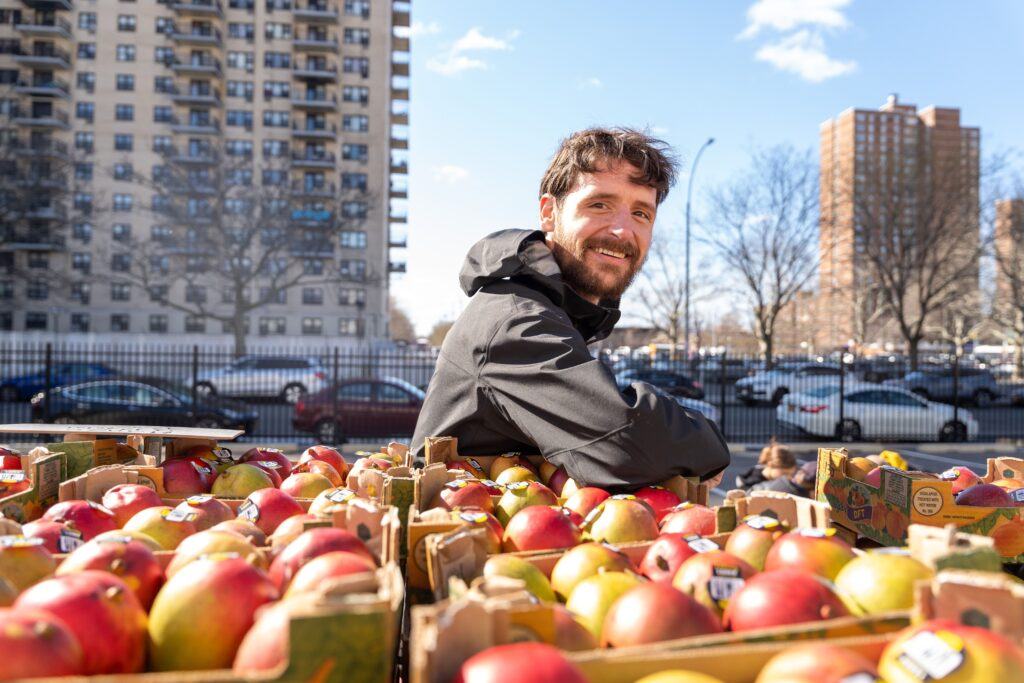
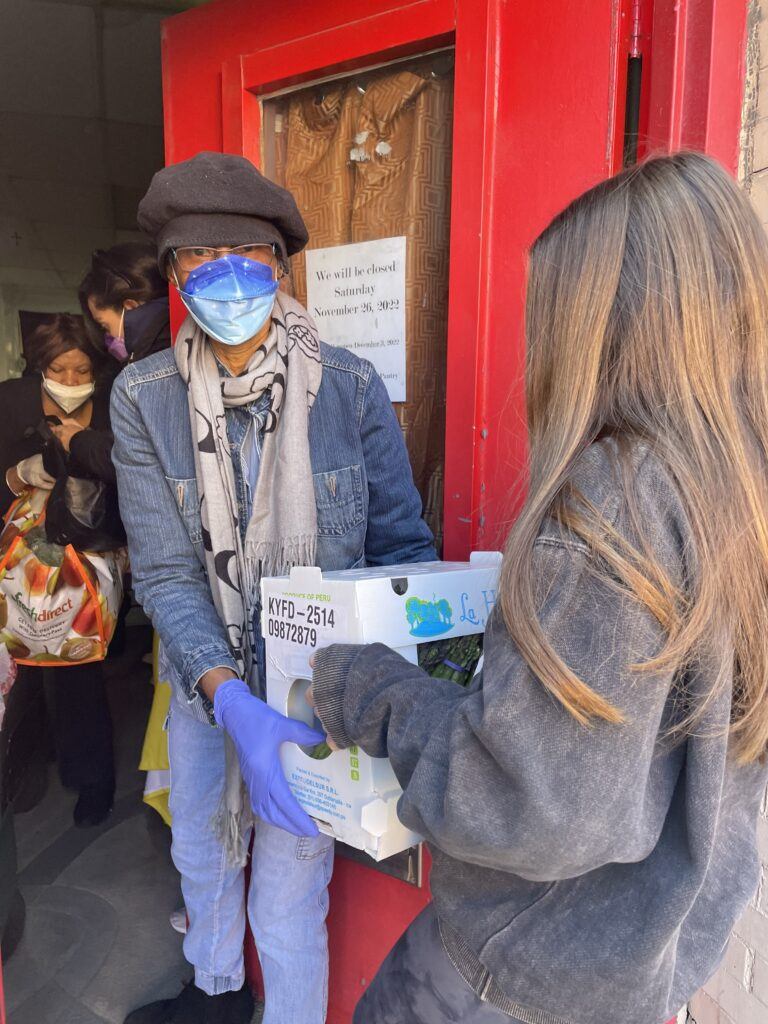
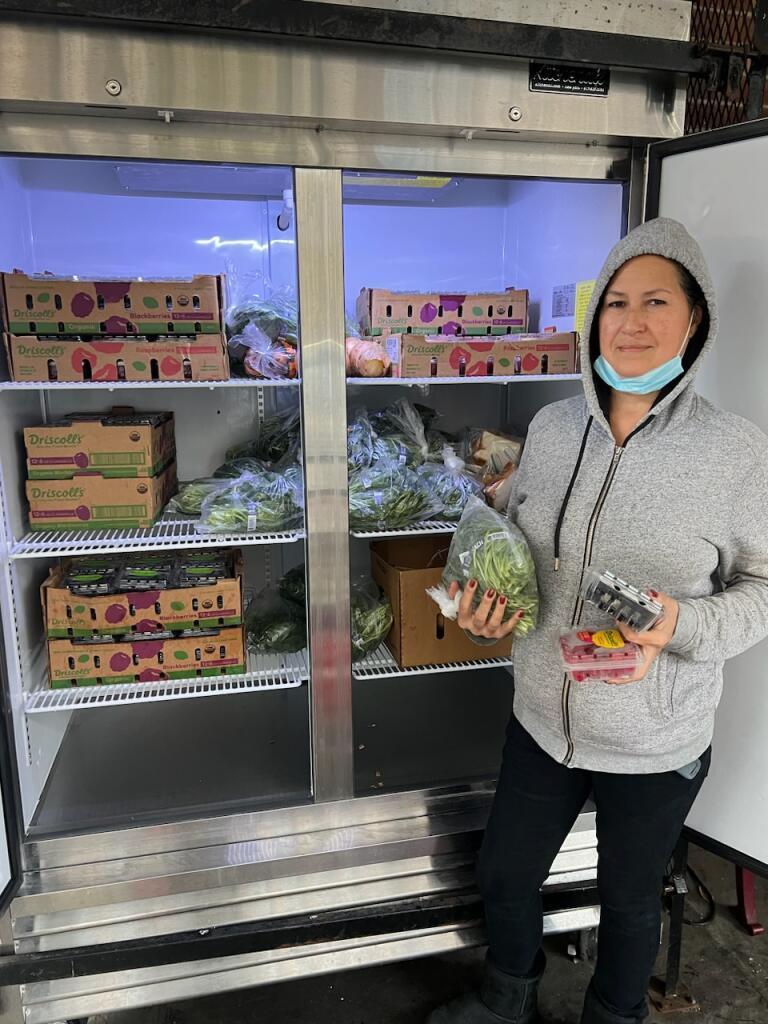
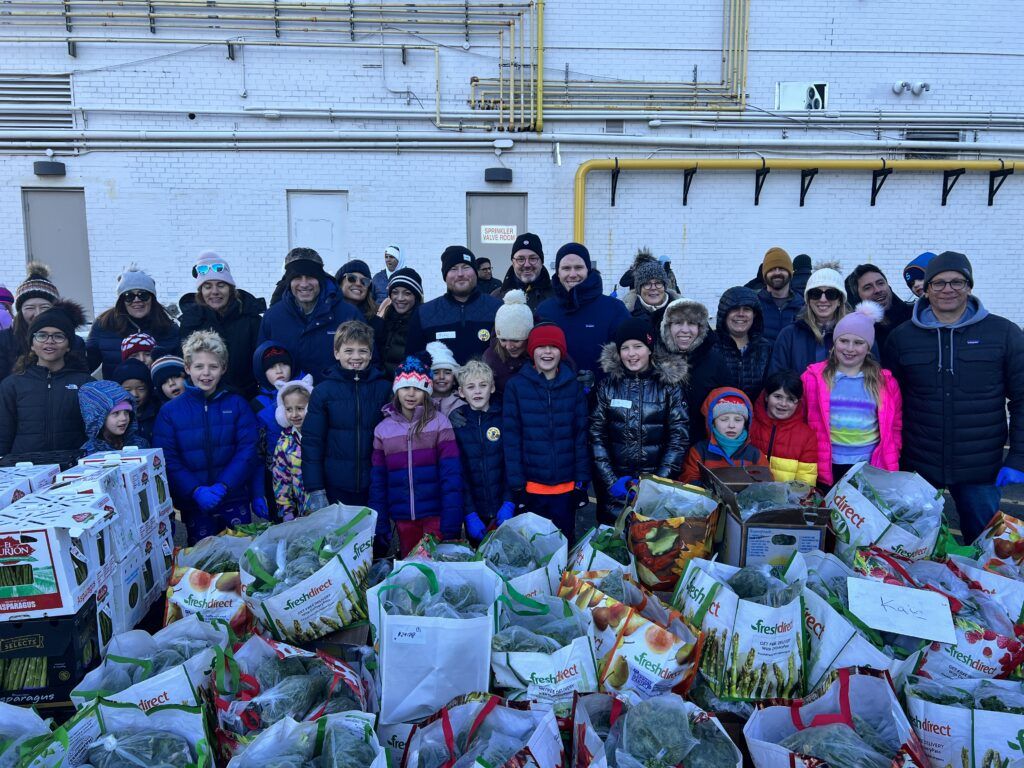
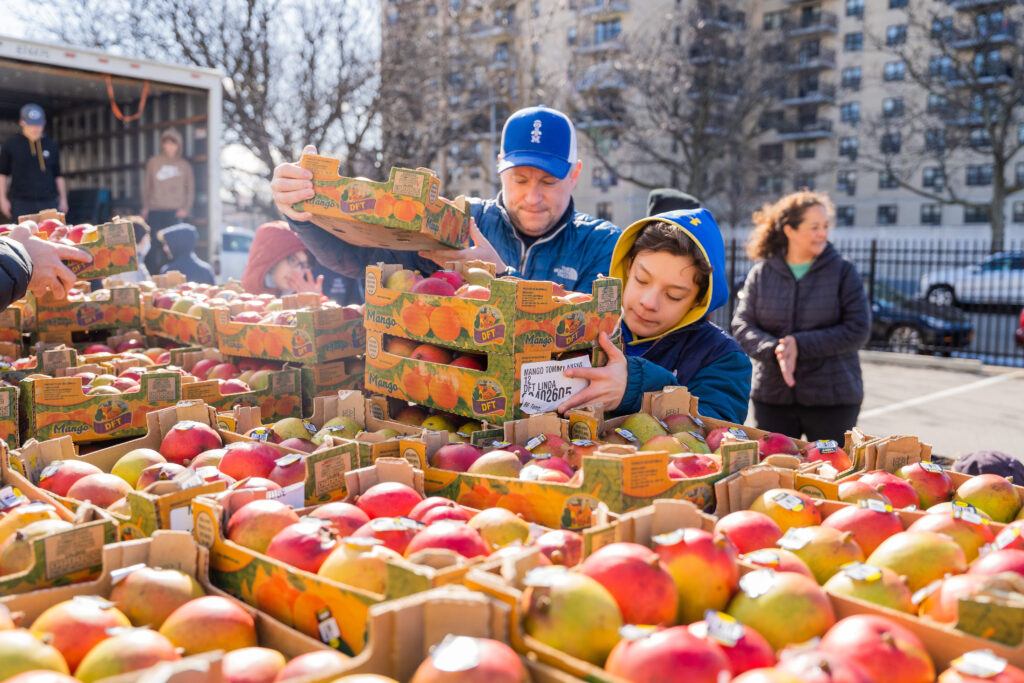
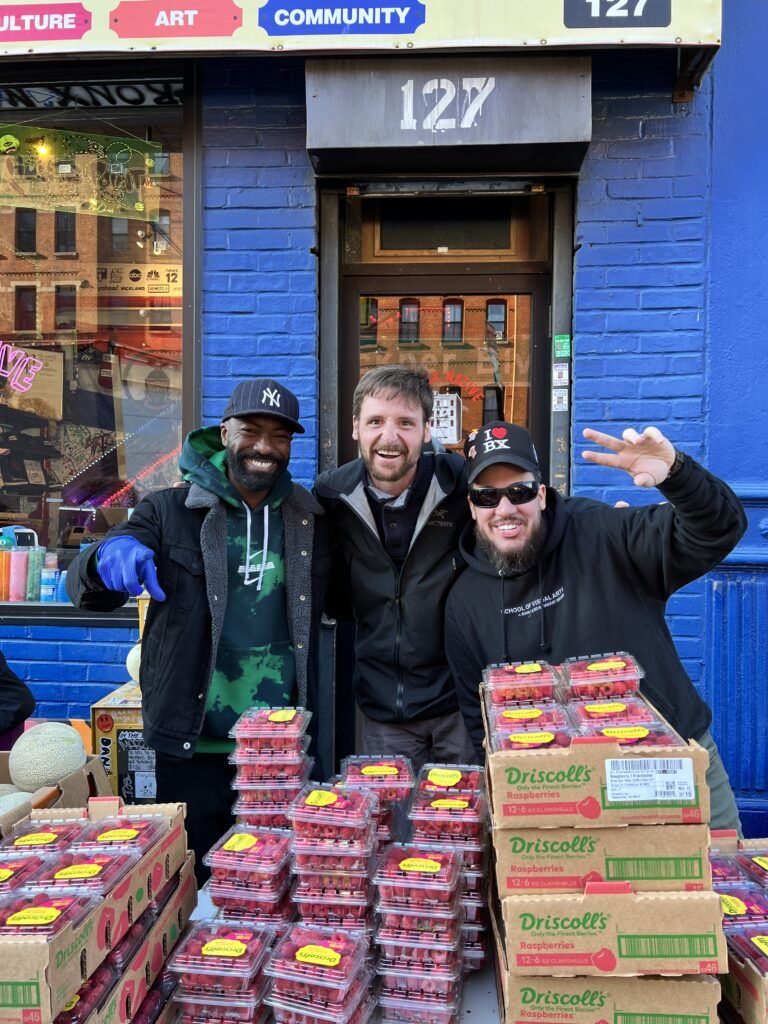
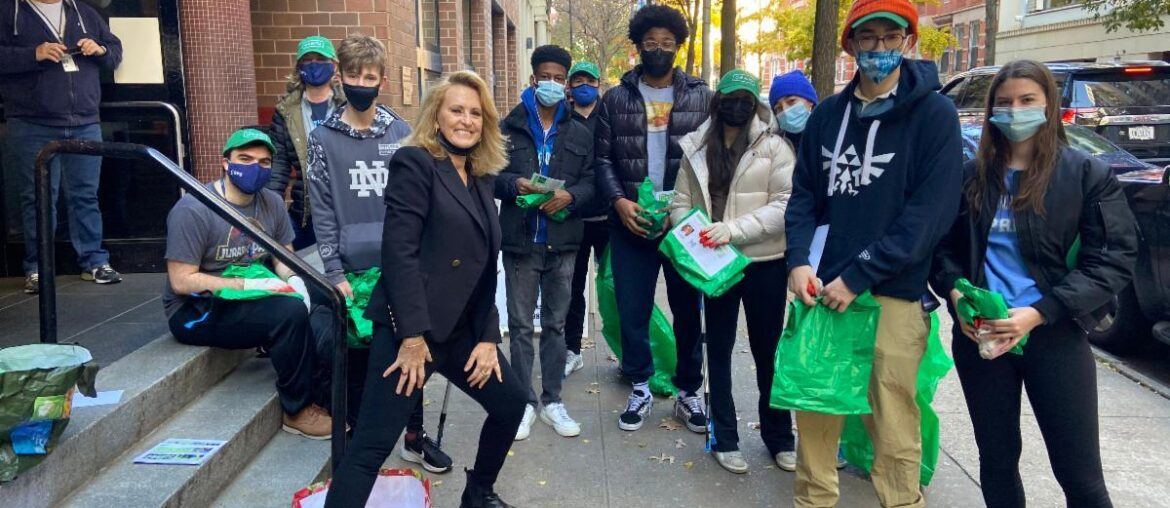
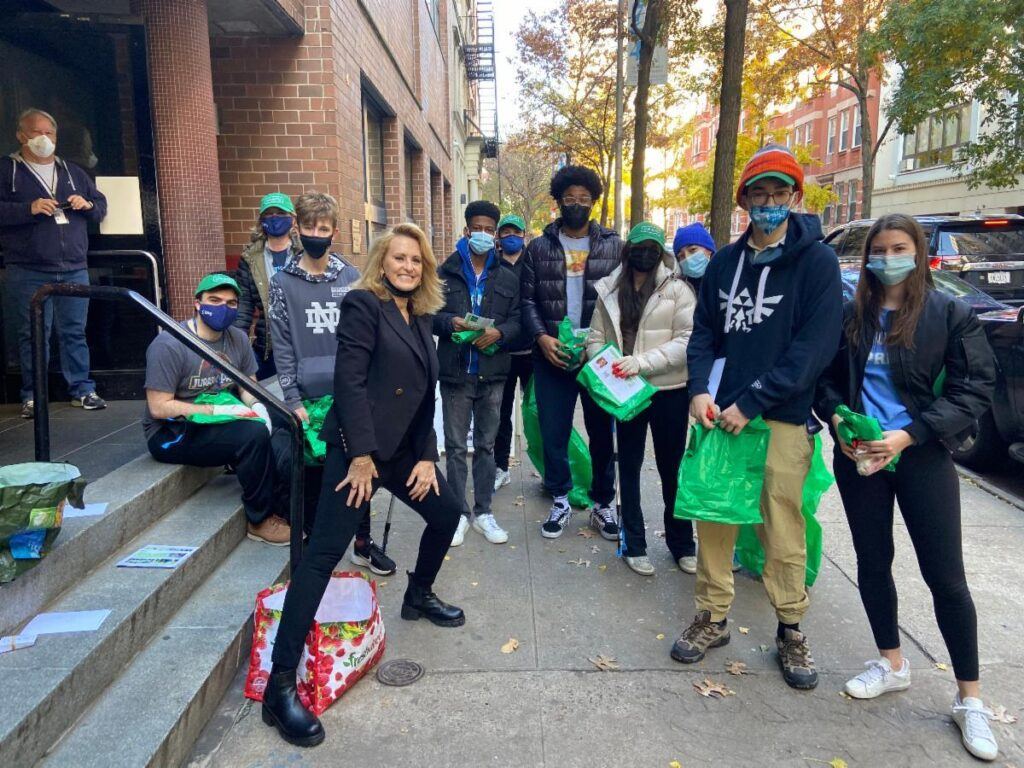
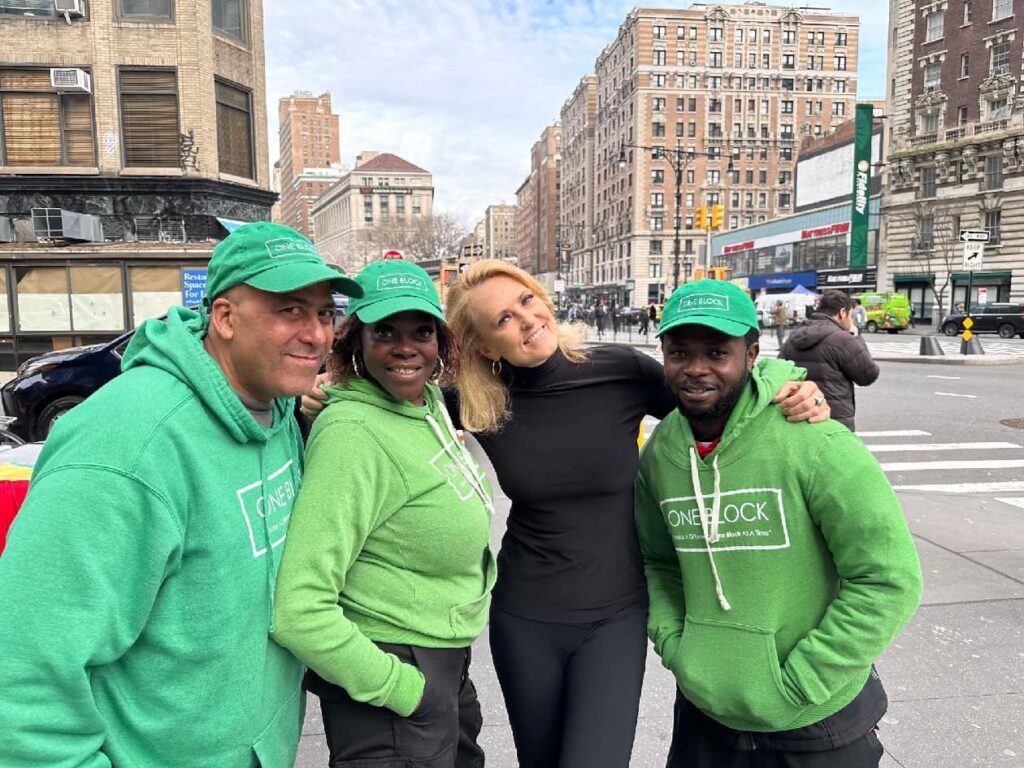
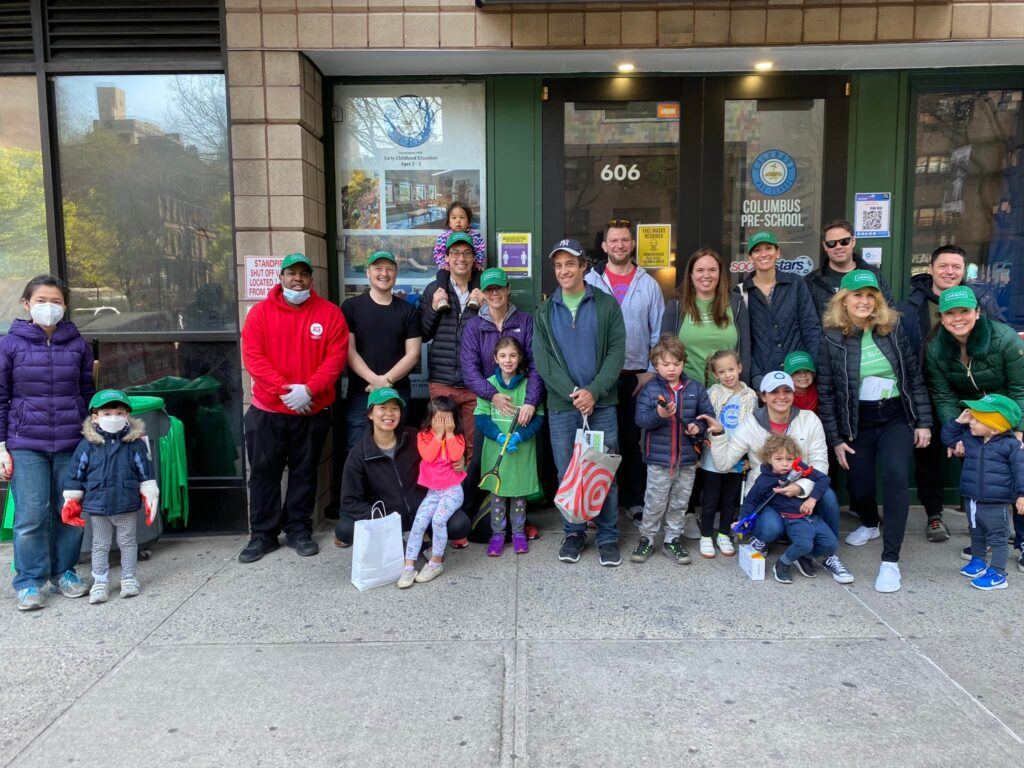
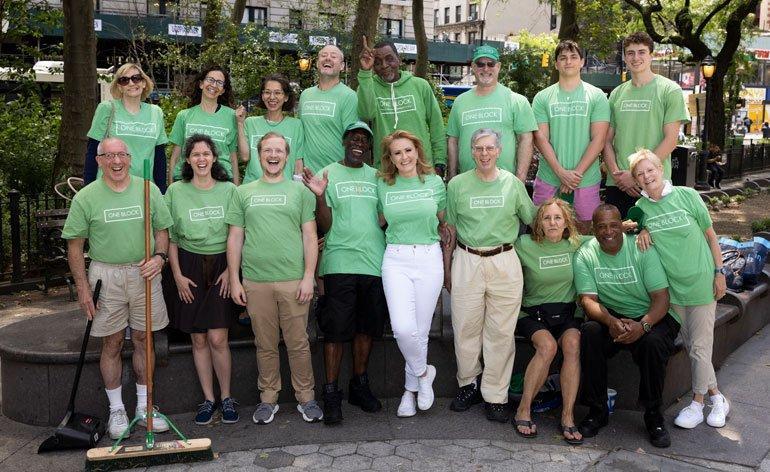
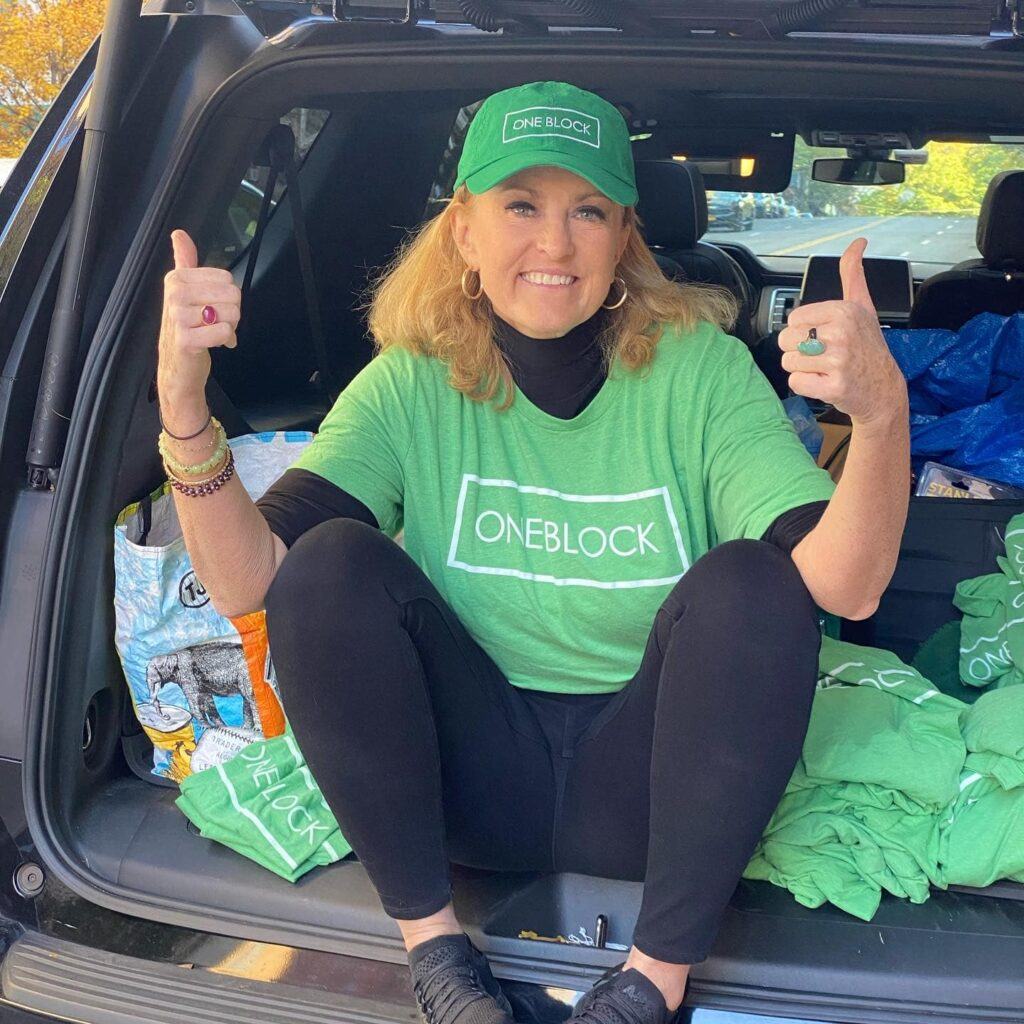
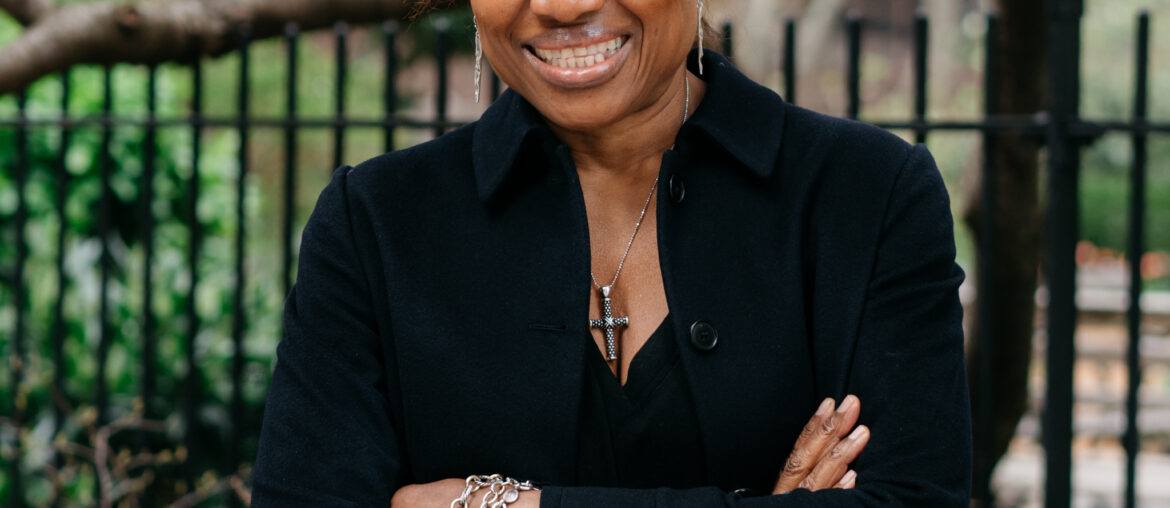
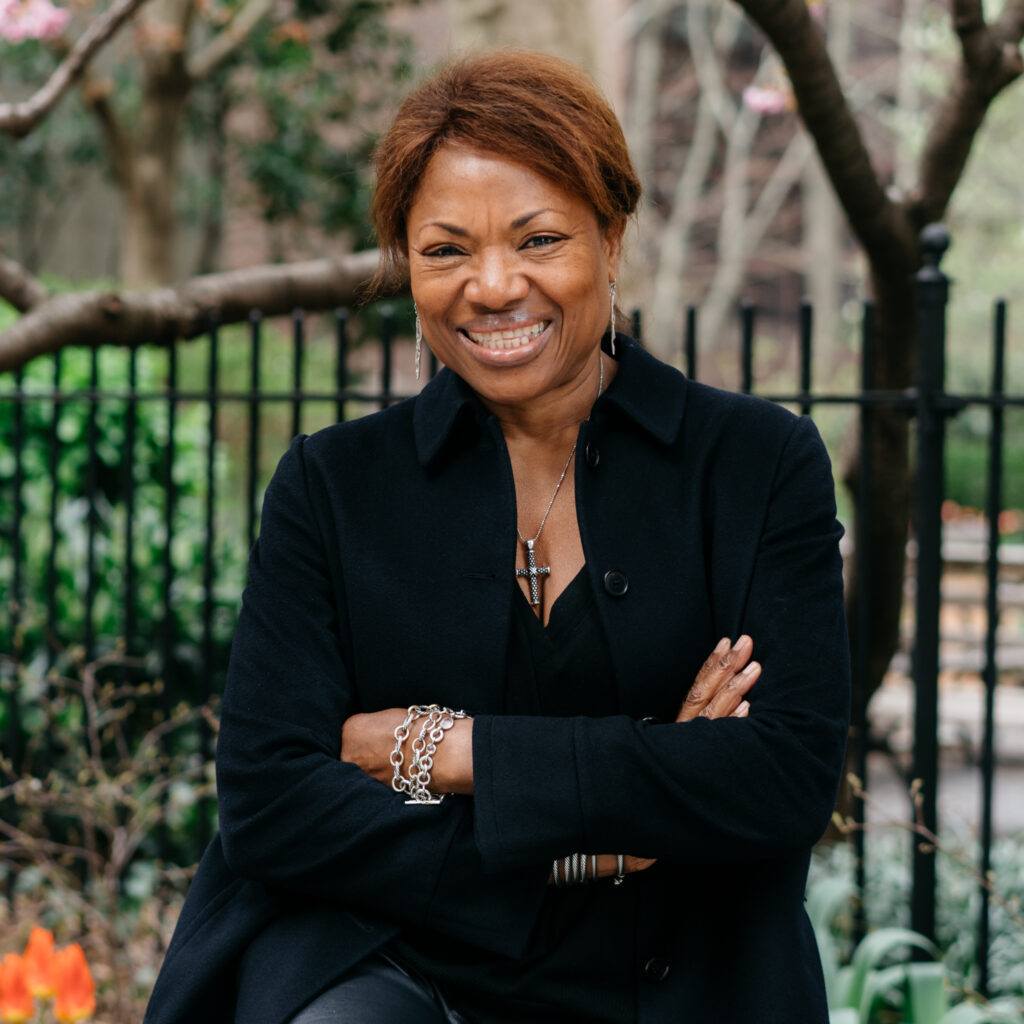
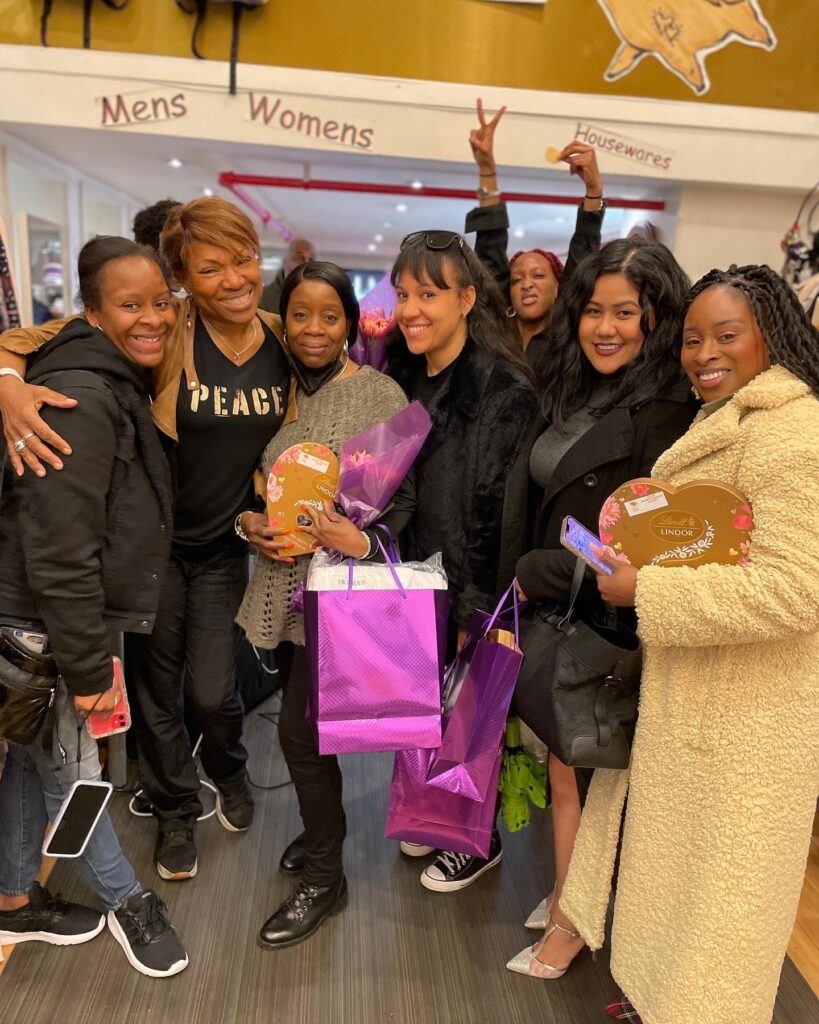
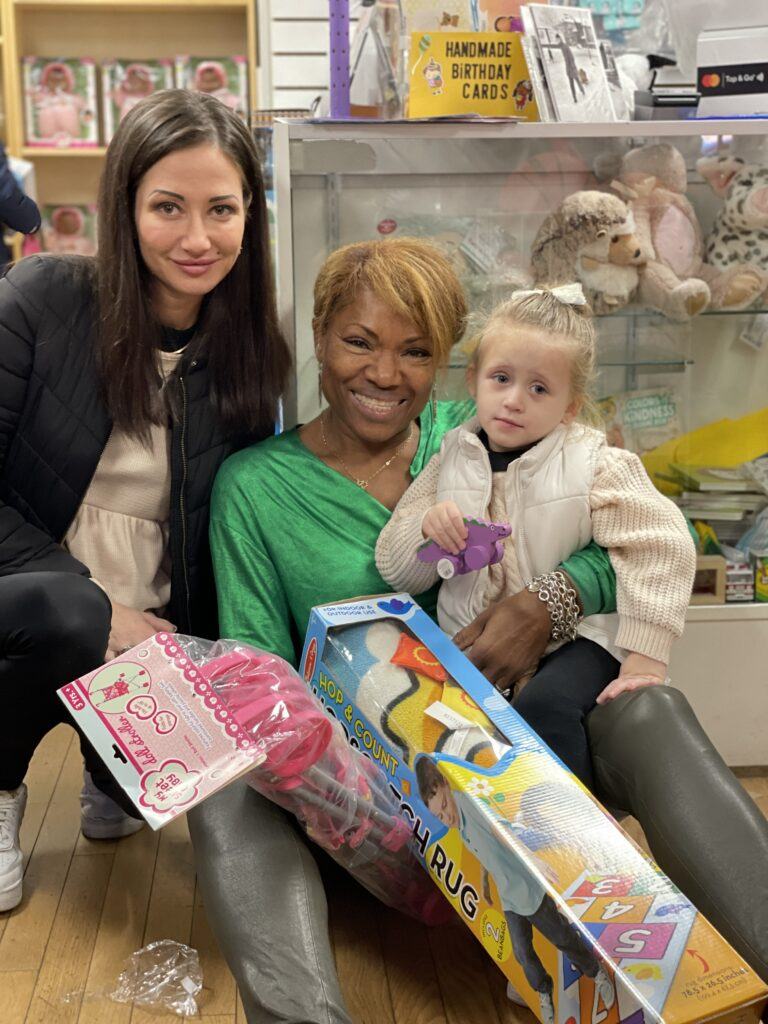
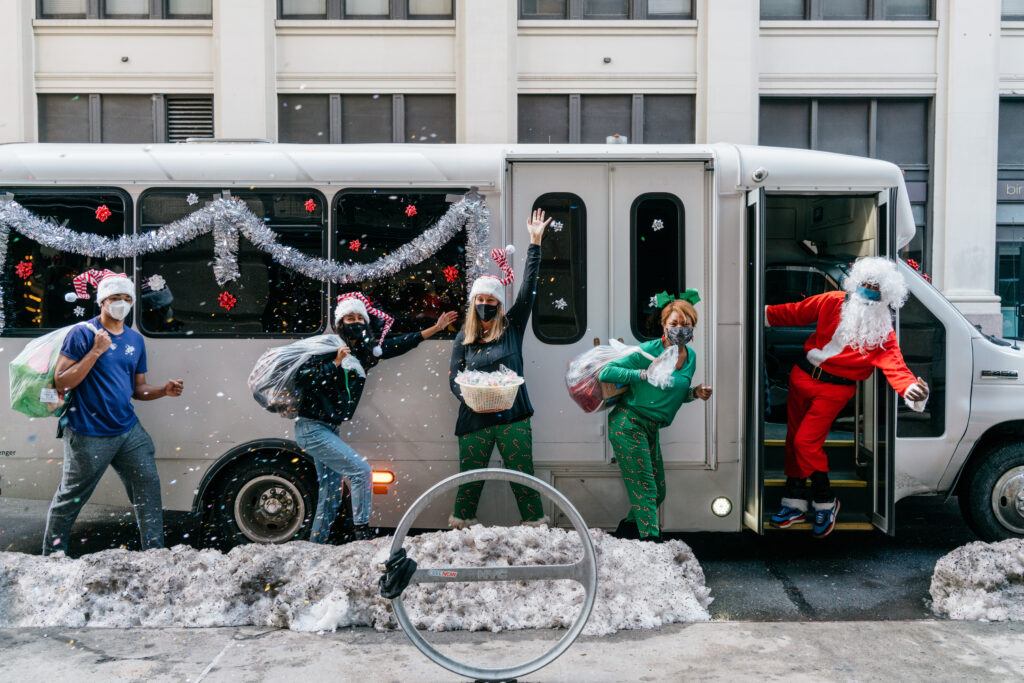
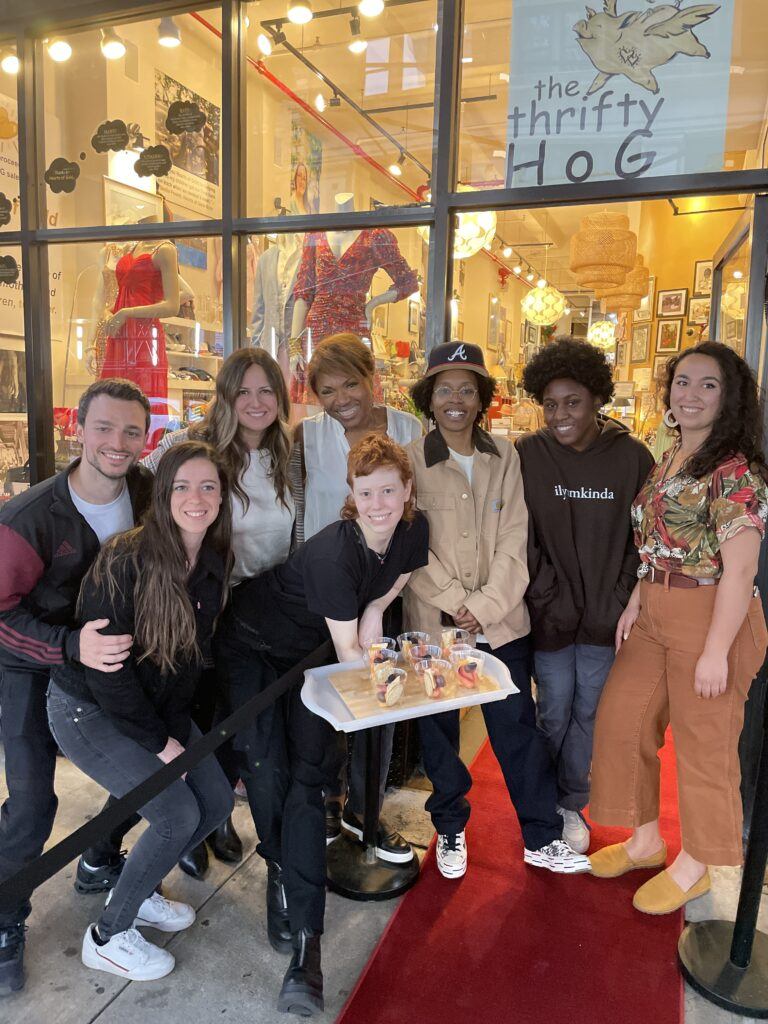
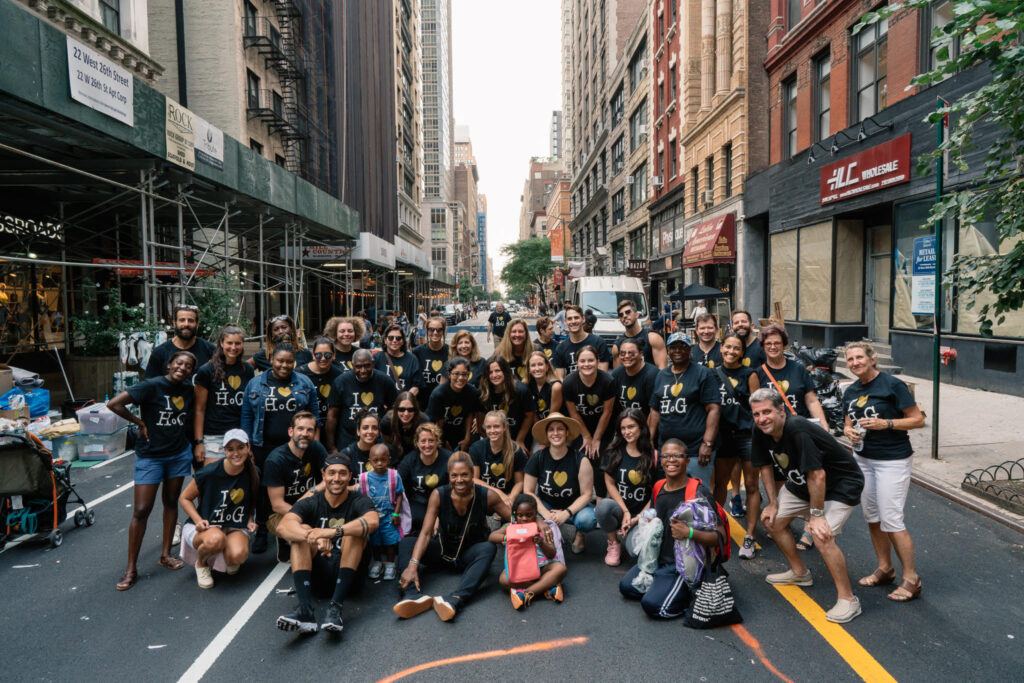
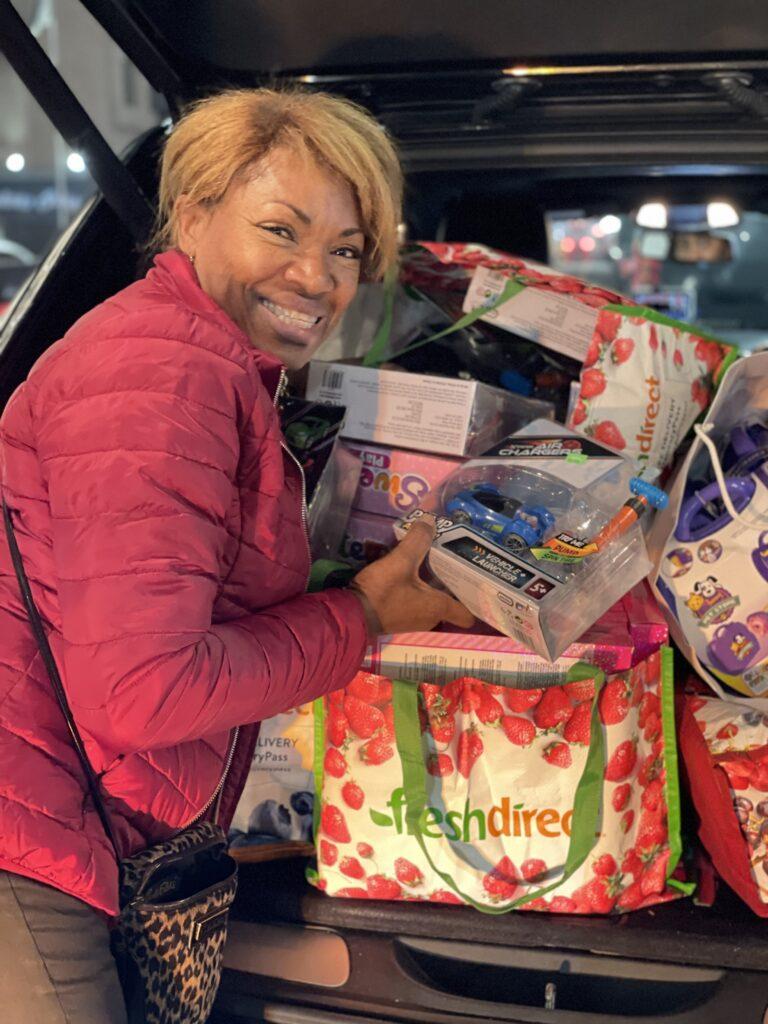
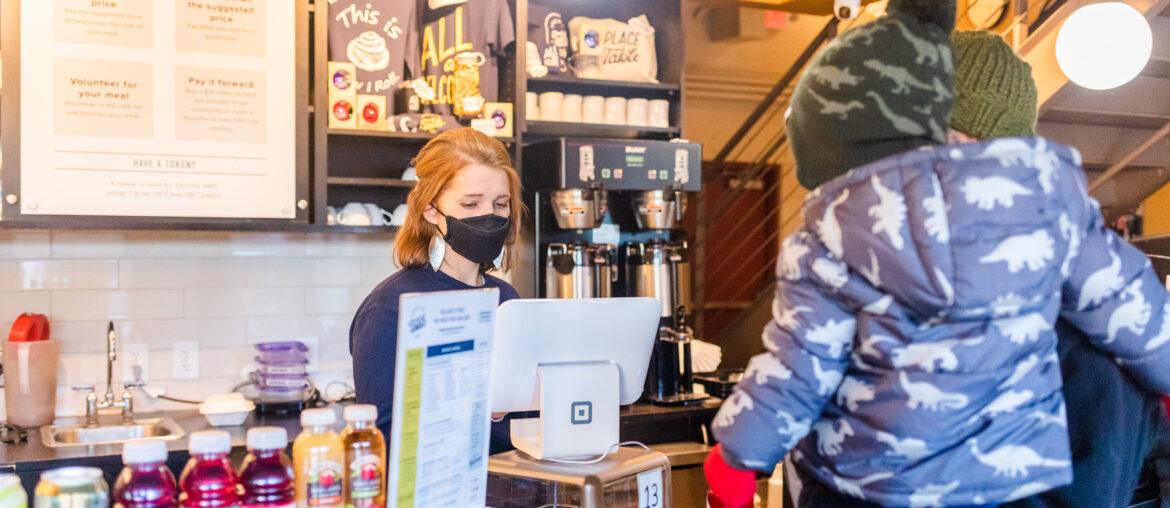
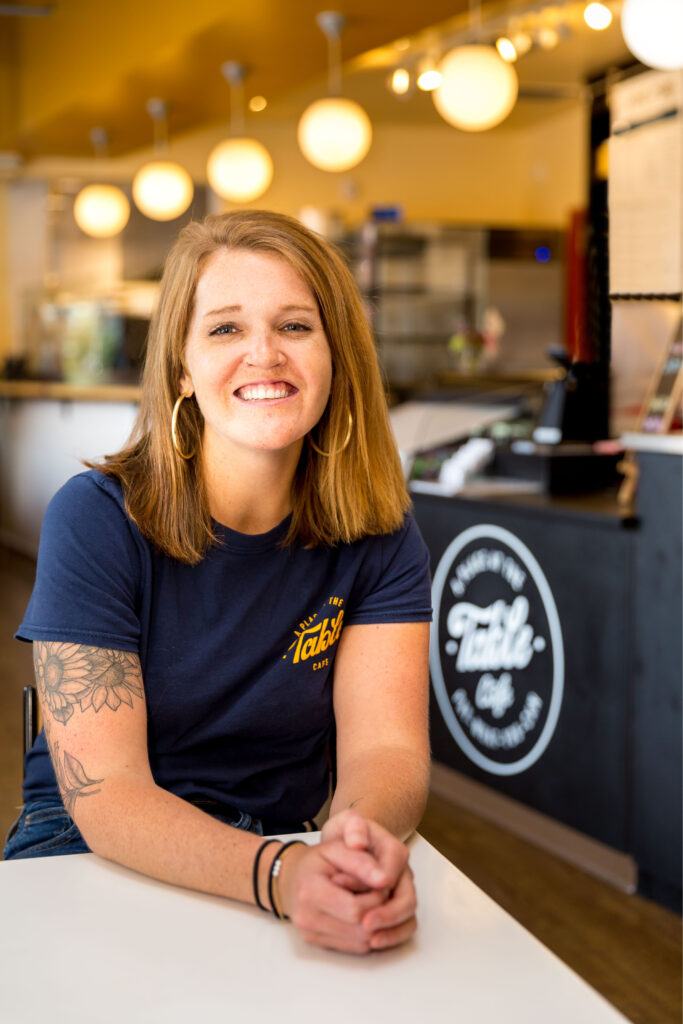
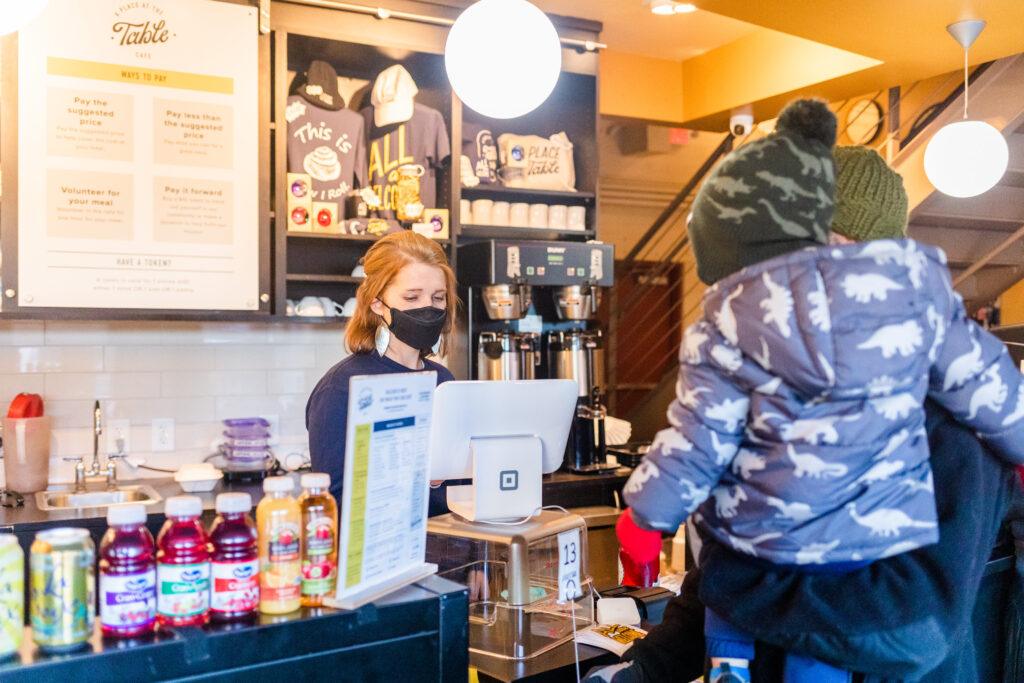
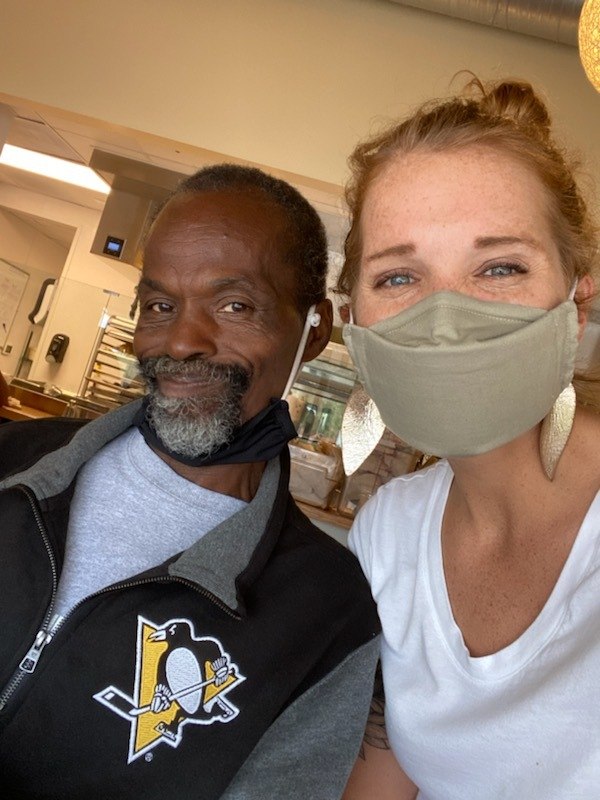
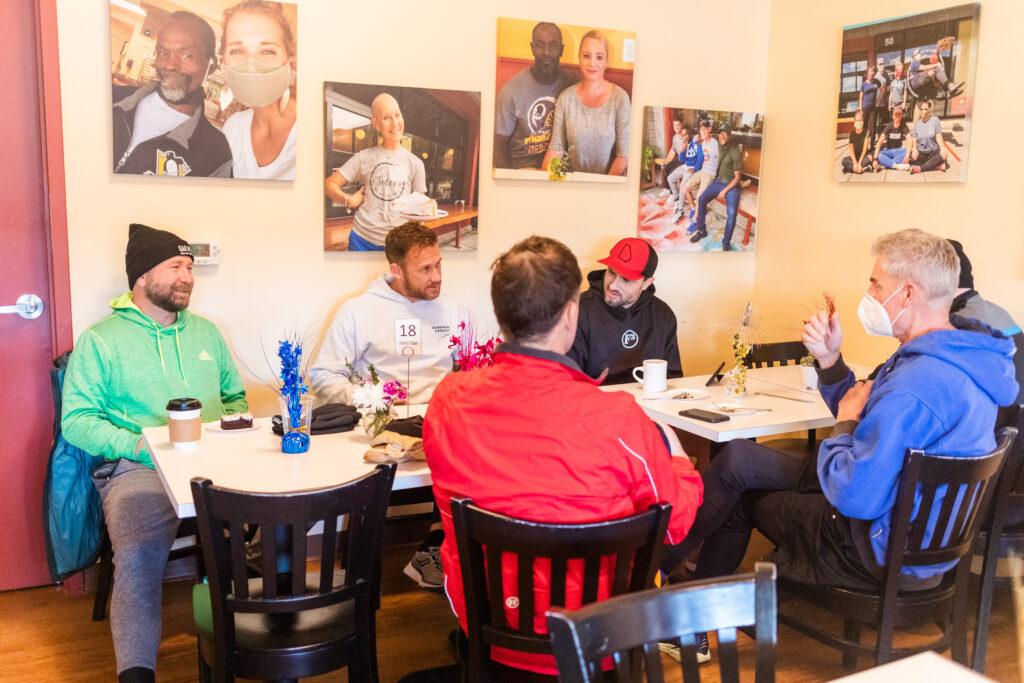
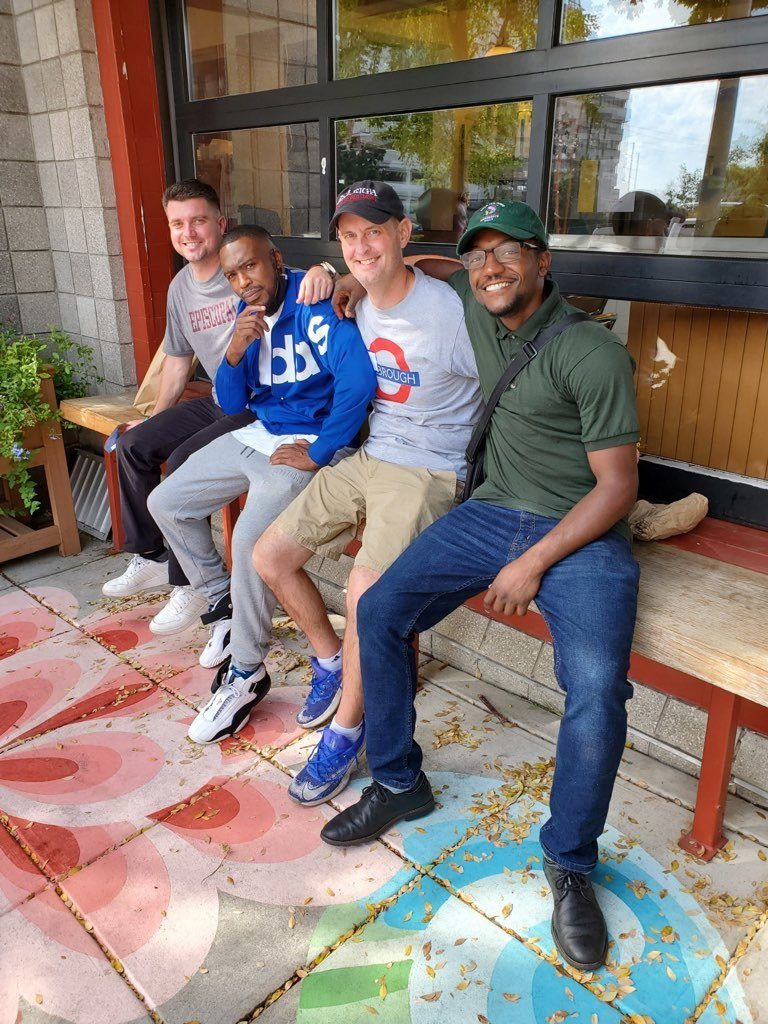 They all encouraged me and said this a fantastic job and this is what the community needs. So, I definitely think people people is one. And then I think also, it’s people who aren’t going to eat tomorrow. It was knowing their stories, sitting with them, hearing him. It’s those relationships. I feel like I’m the luckiest person, I said this before but I have the best job.
They all encouraged me and said this a fantastic job and this is what the community needs. So, I definitely think people people is one. And then I think also, it’s people who aren’t going to eat tomorrow. It was knowing their stories, sitting with them, hearing him. It’s those relationships. I feel like I’m the luckiest person, I said this before but I have the best job. 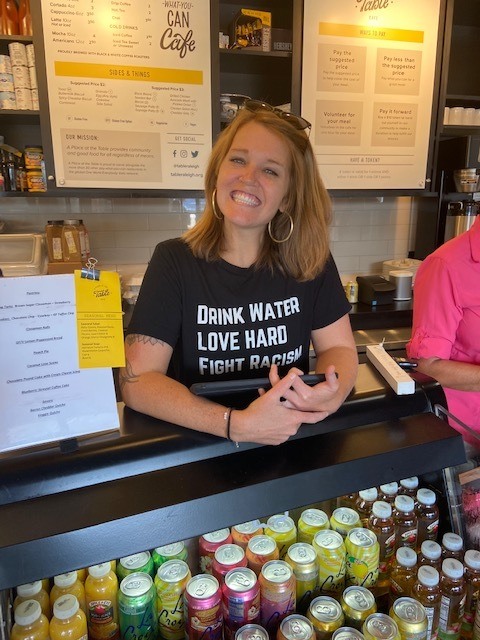
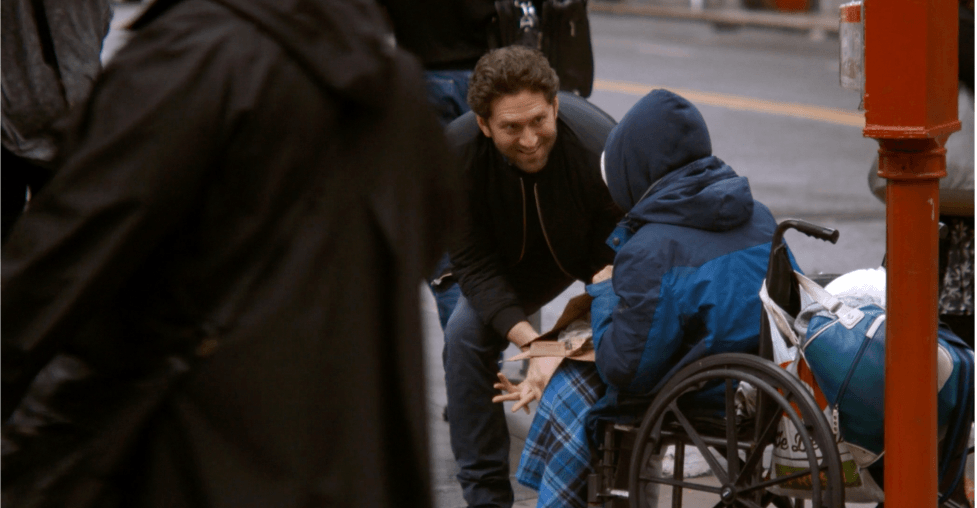
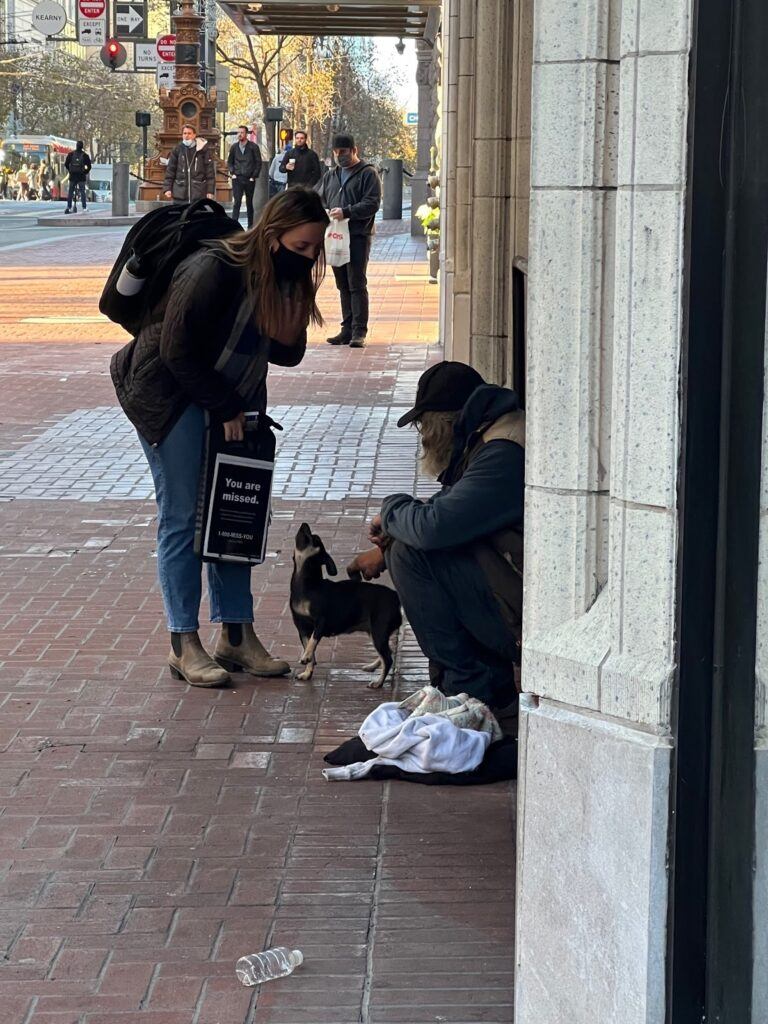
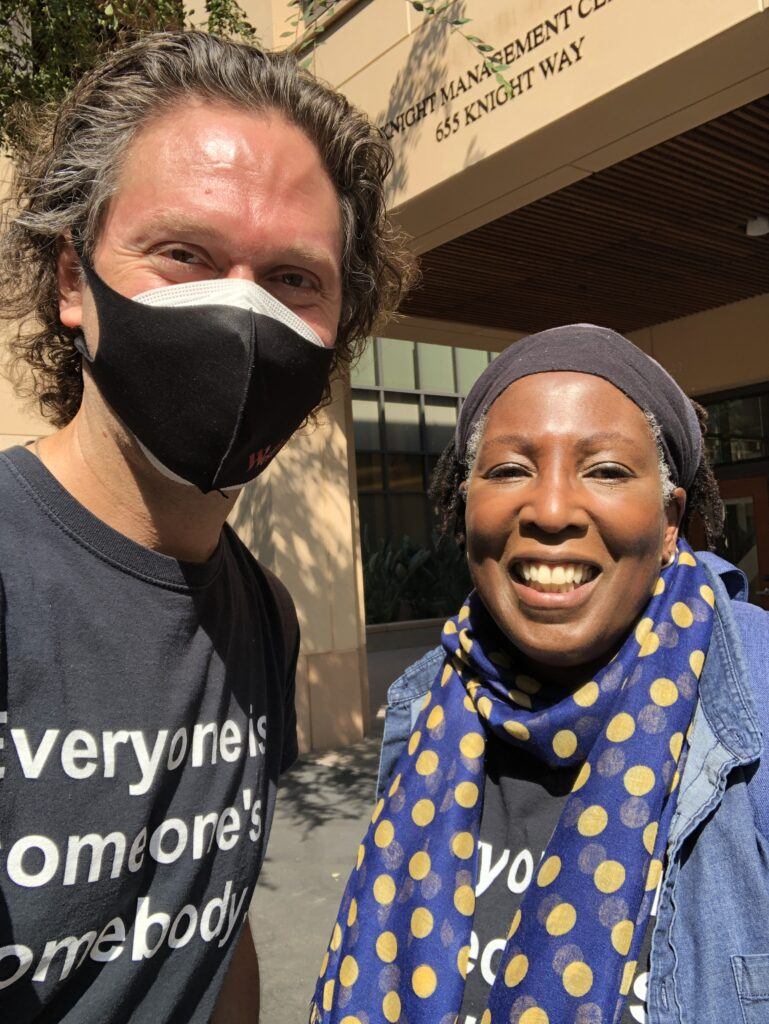
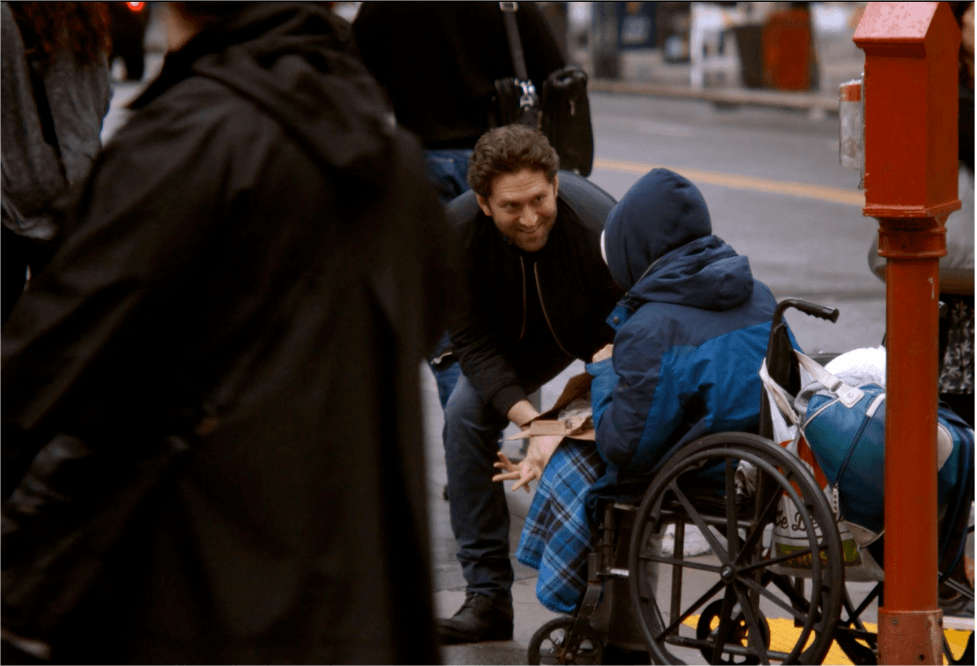

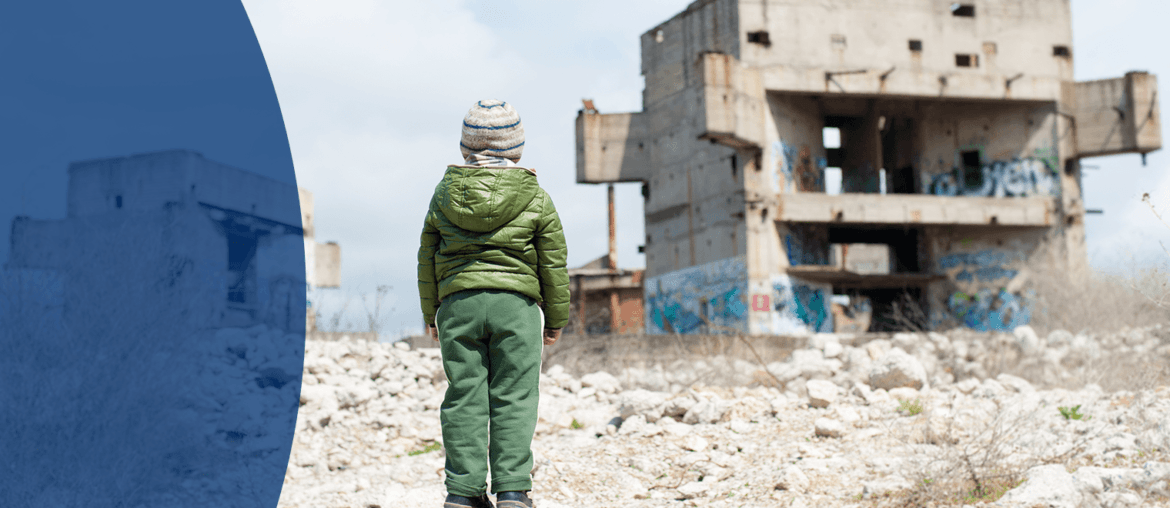
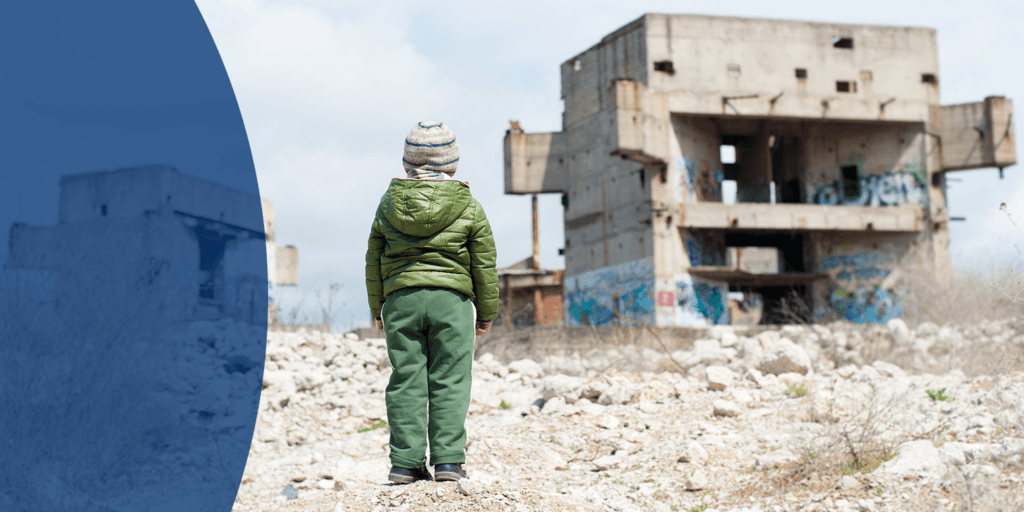
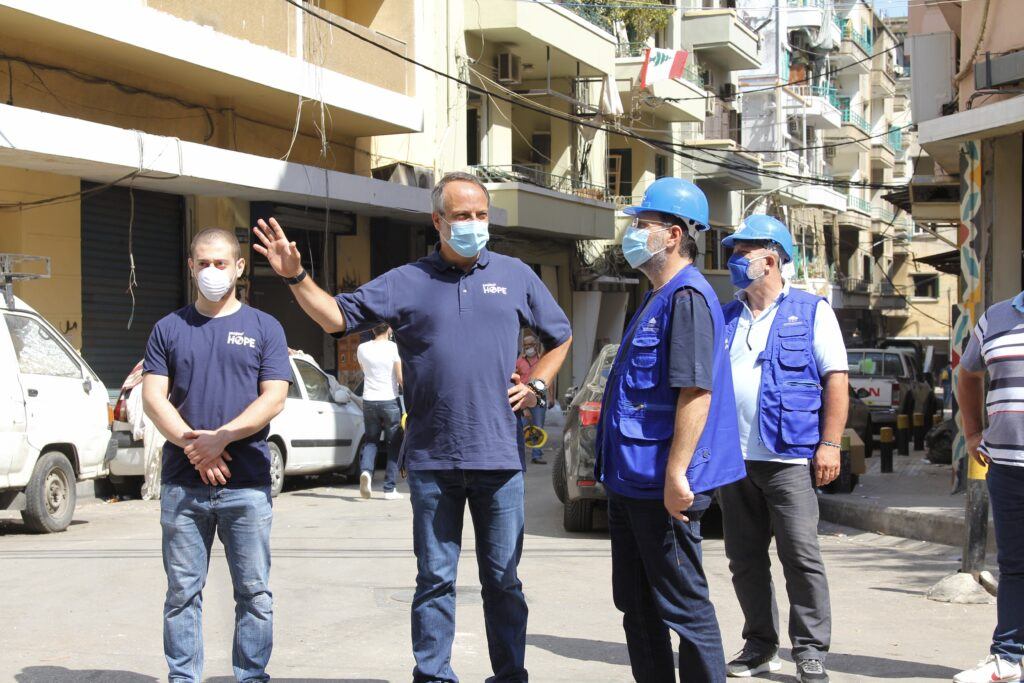
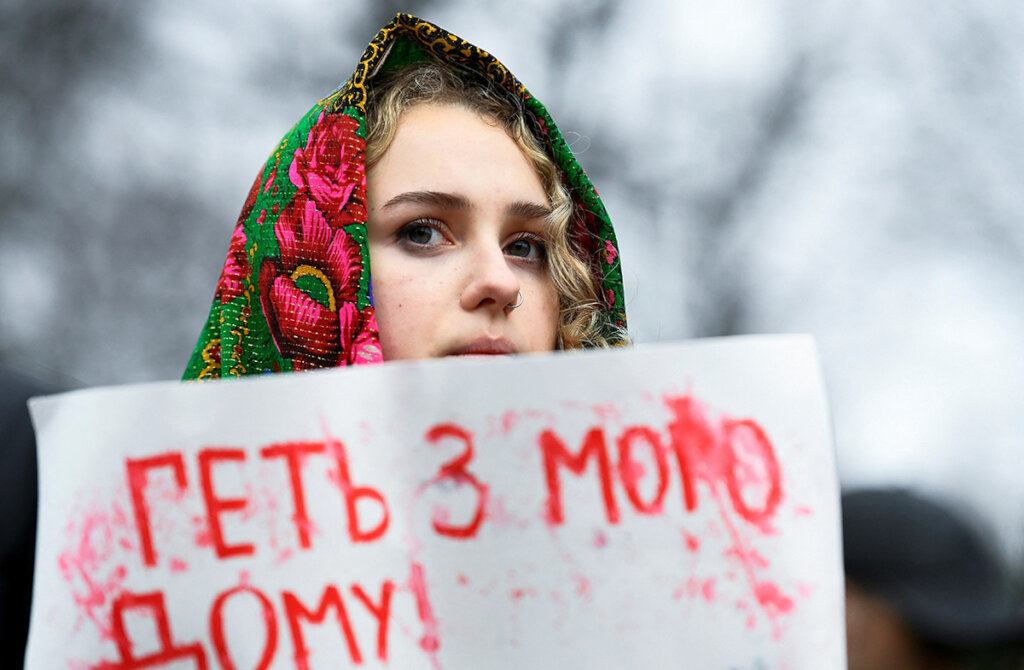
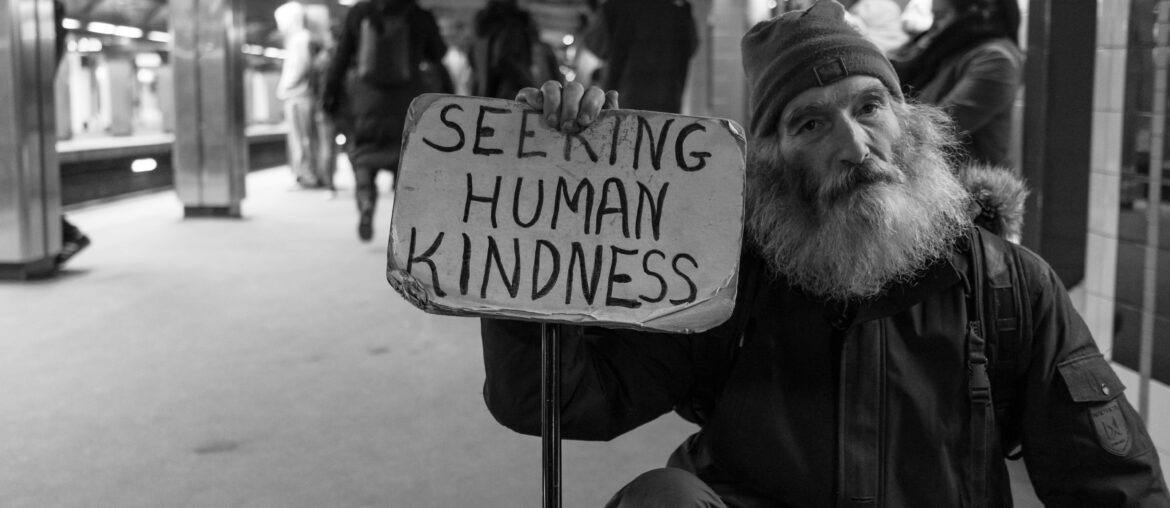

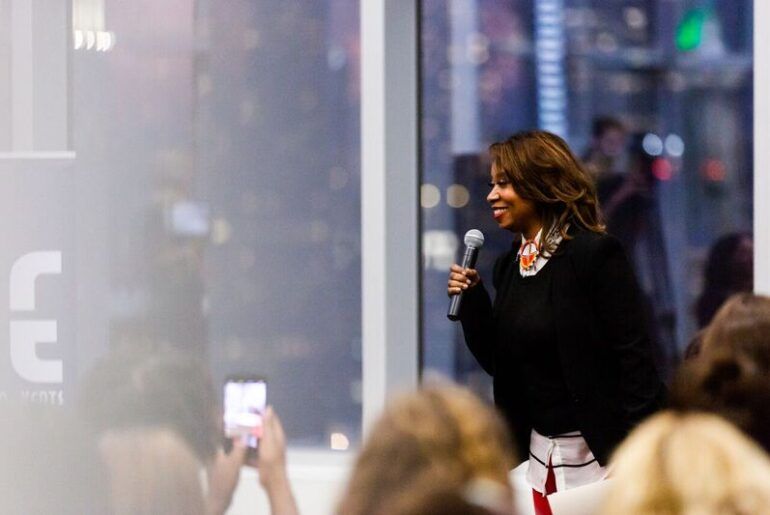
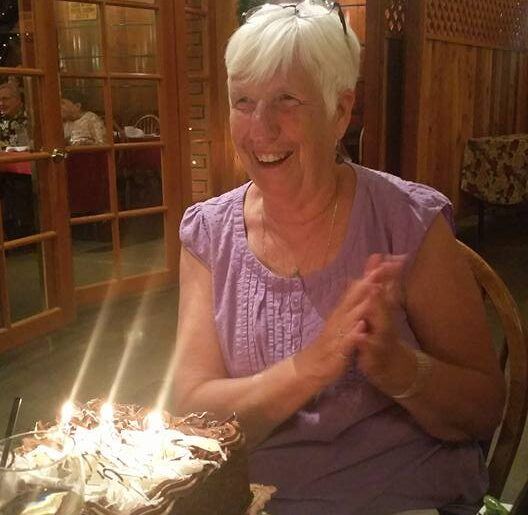
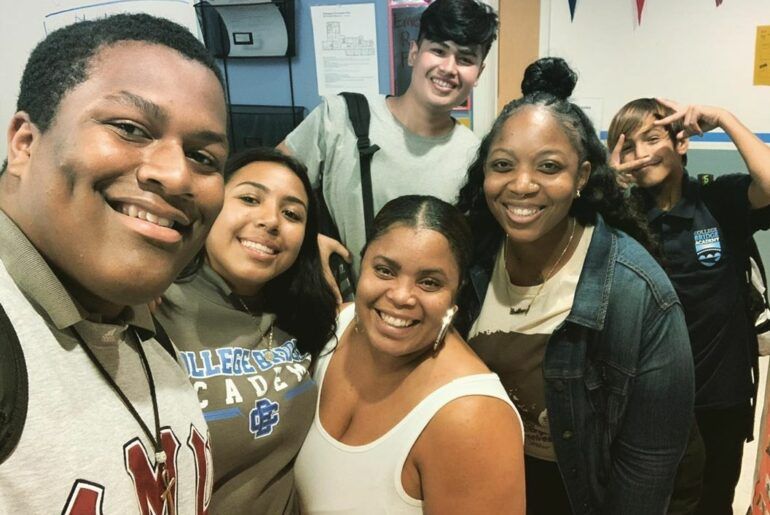
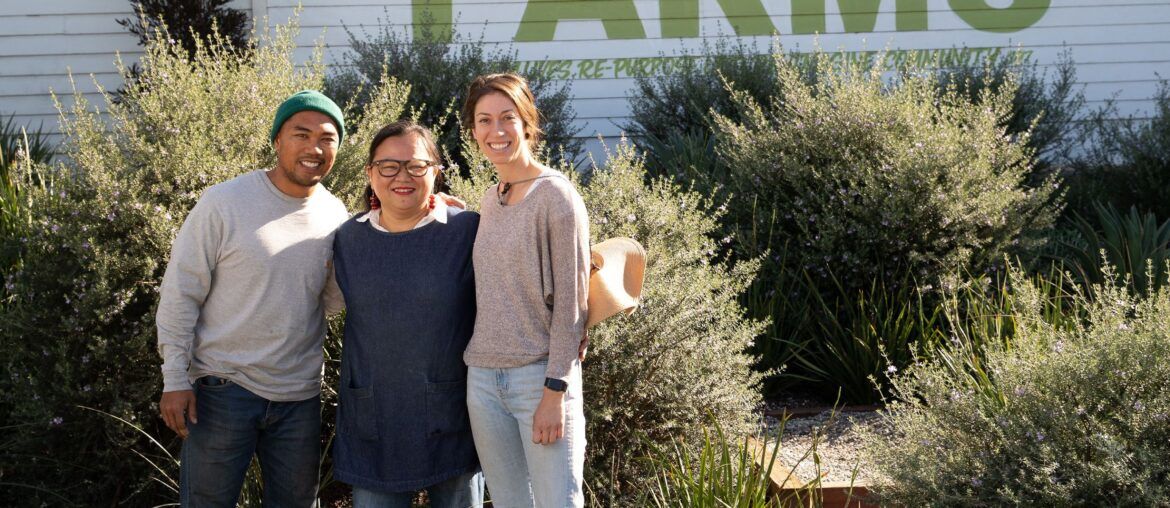
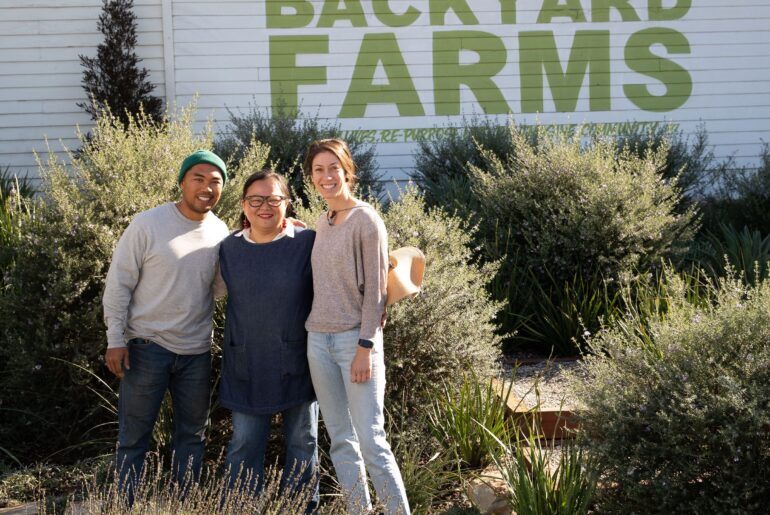
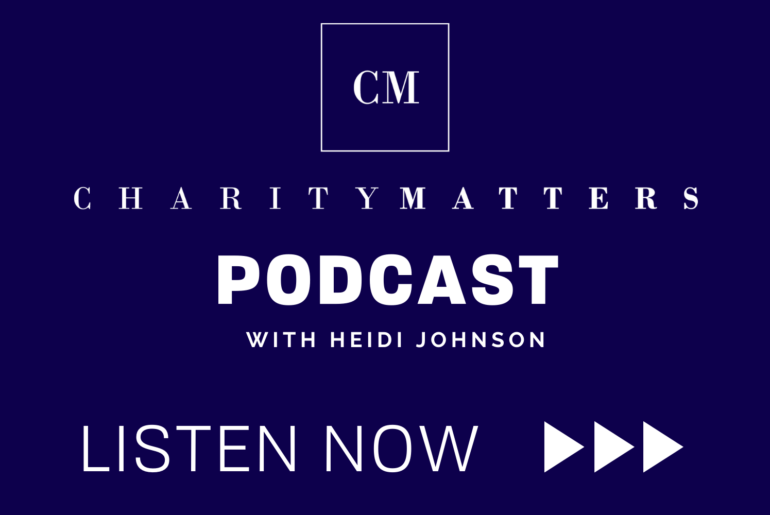
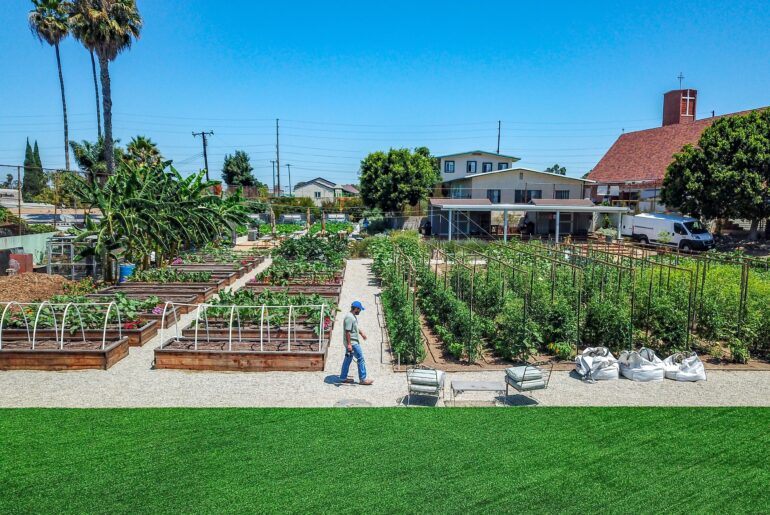
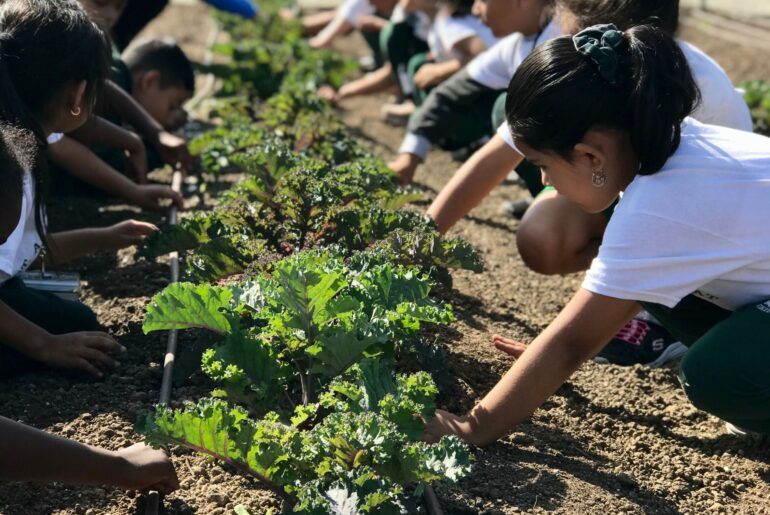
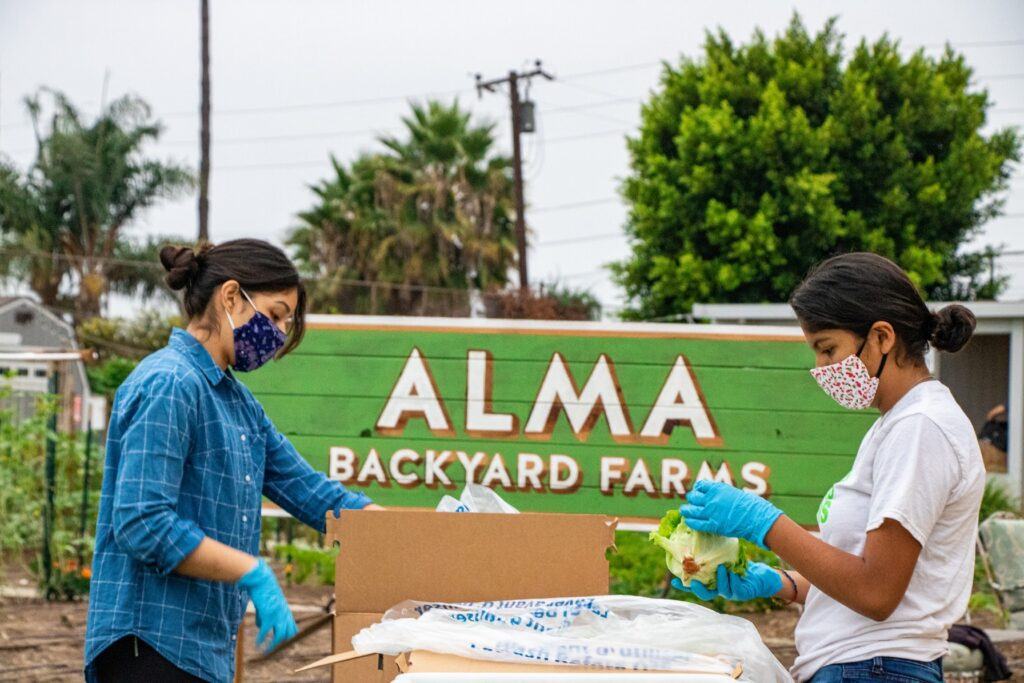
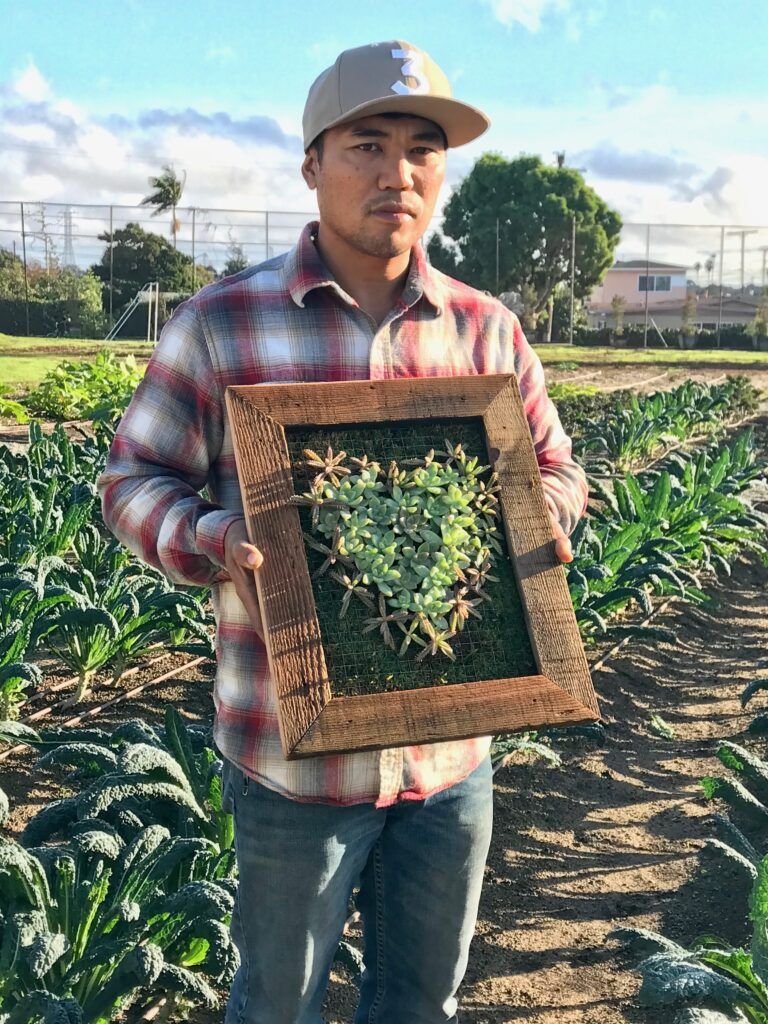
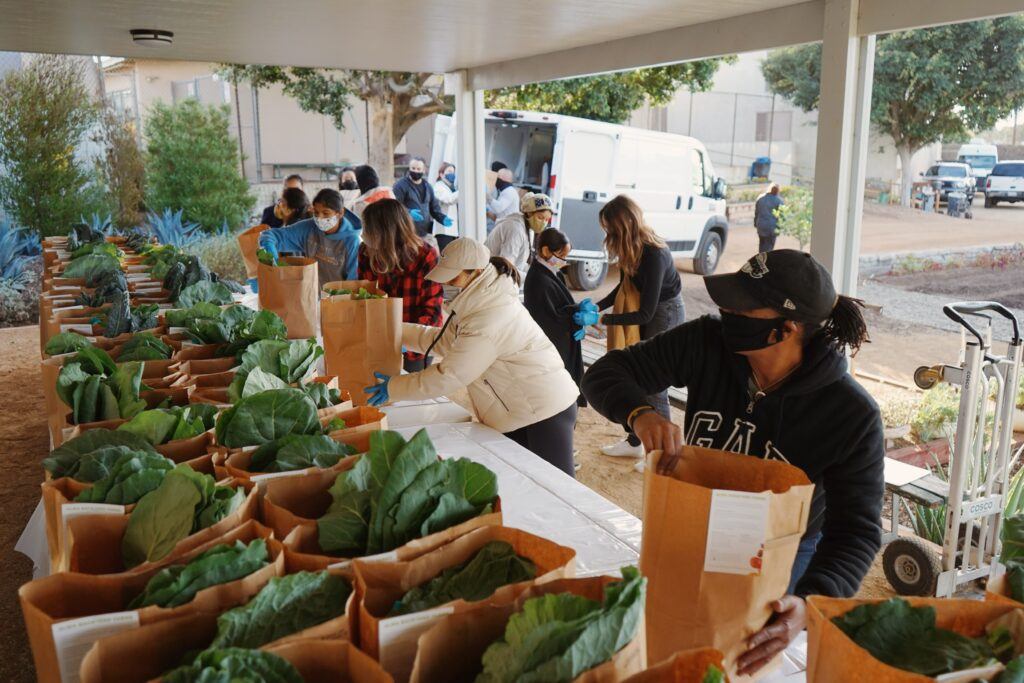
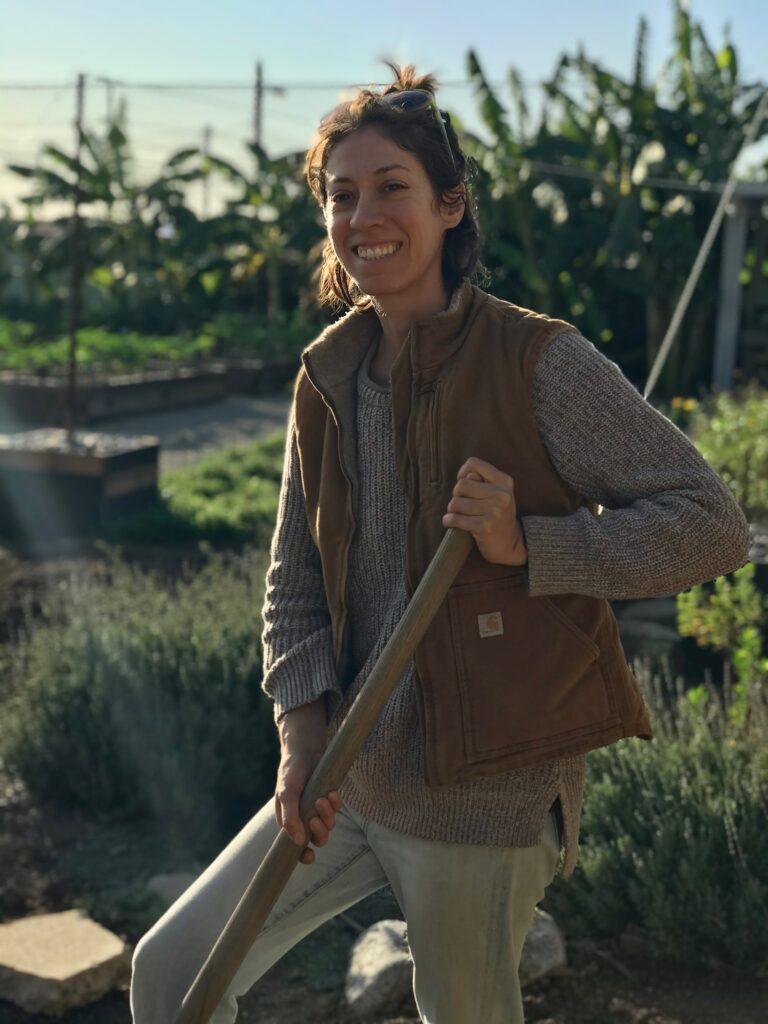
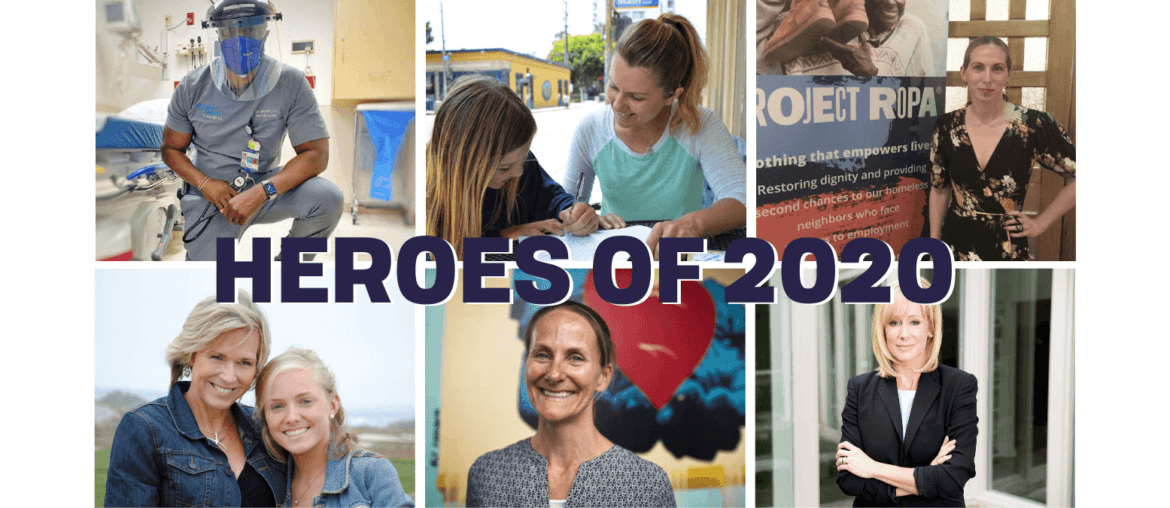


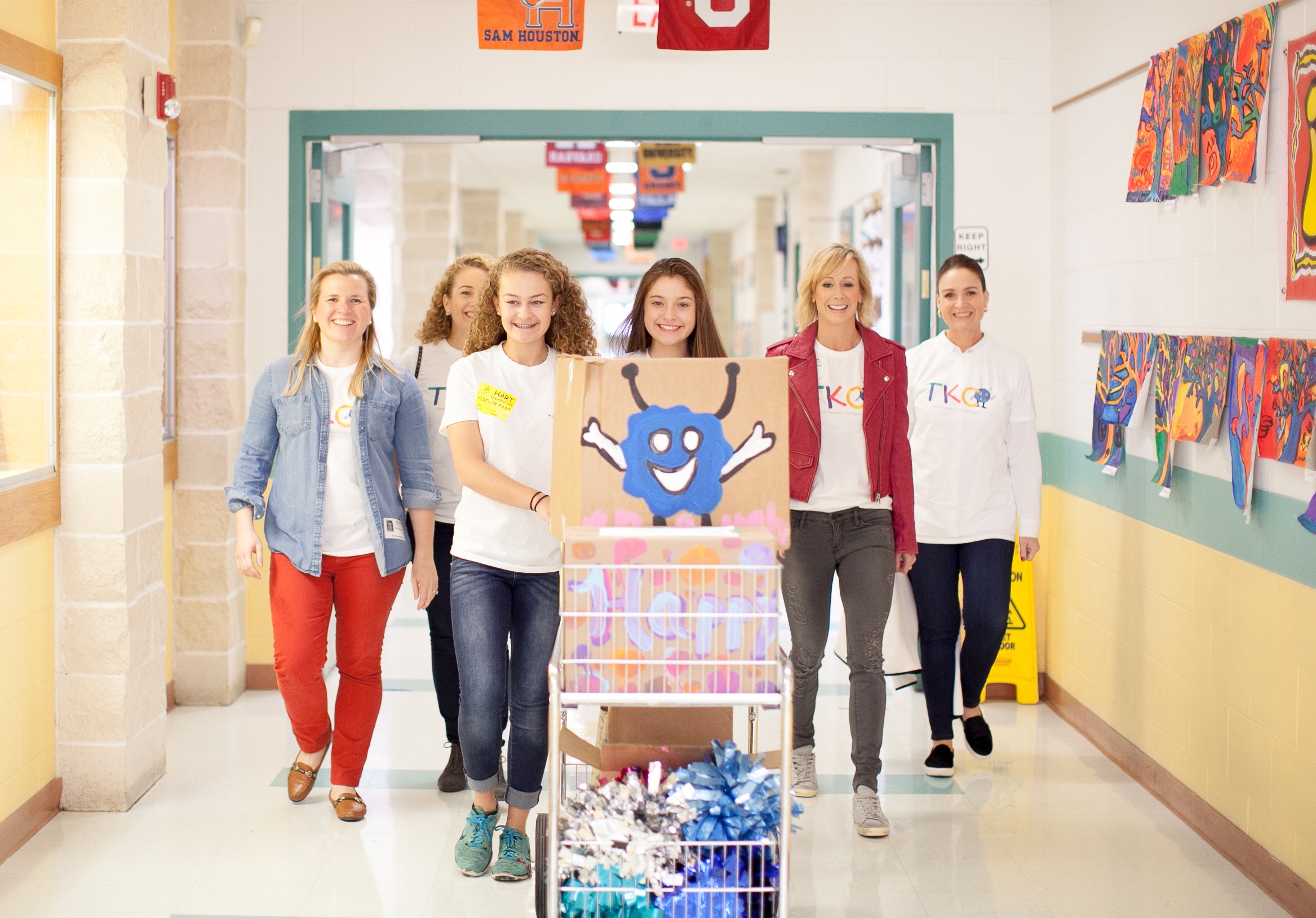
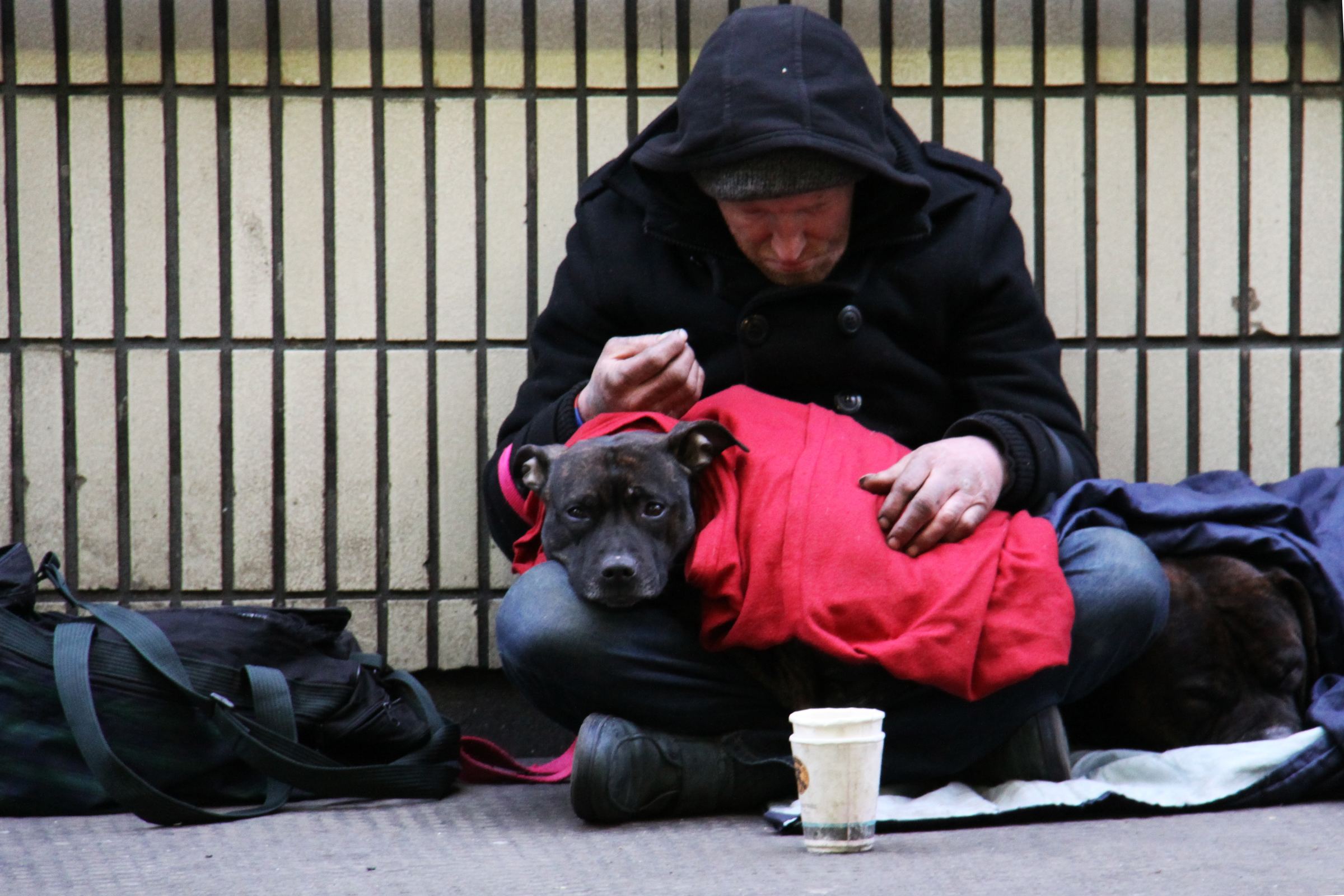
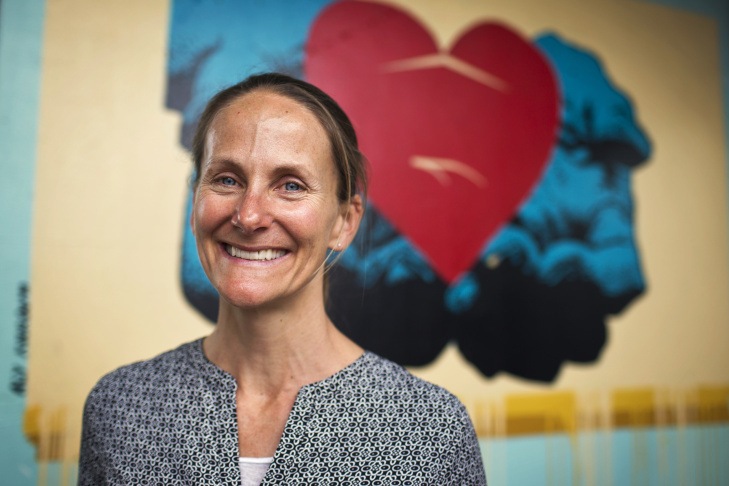
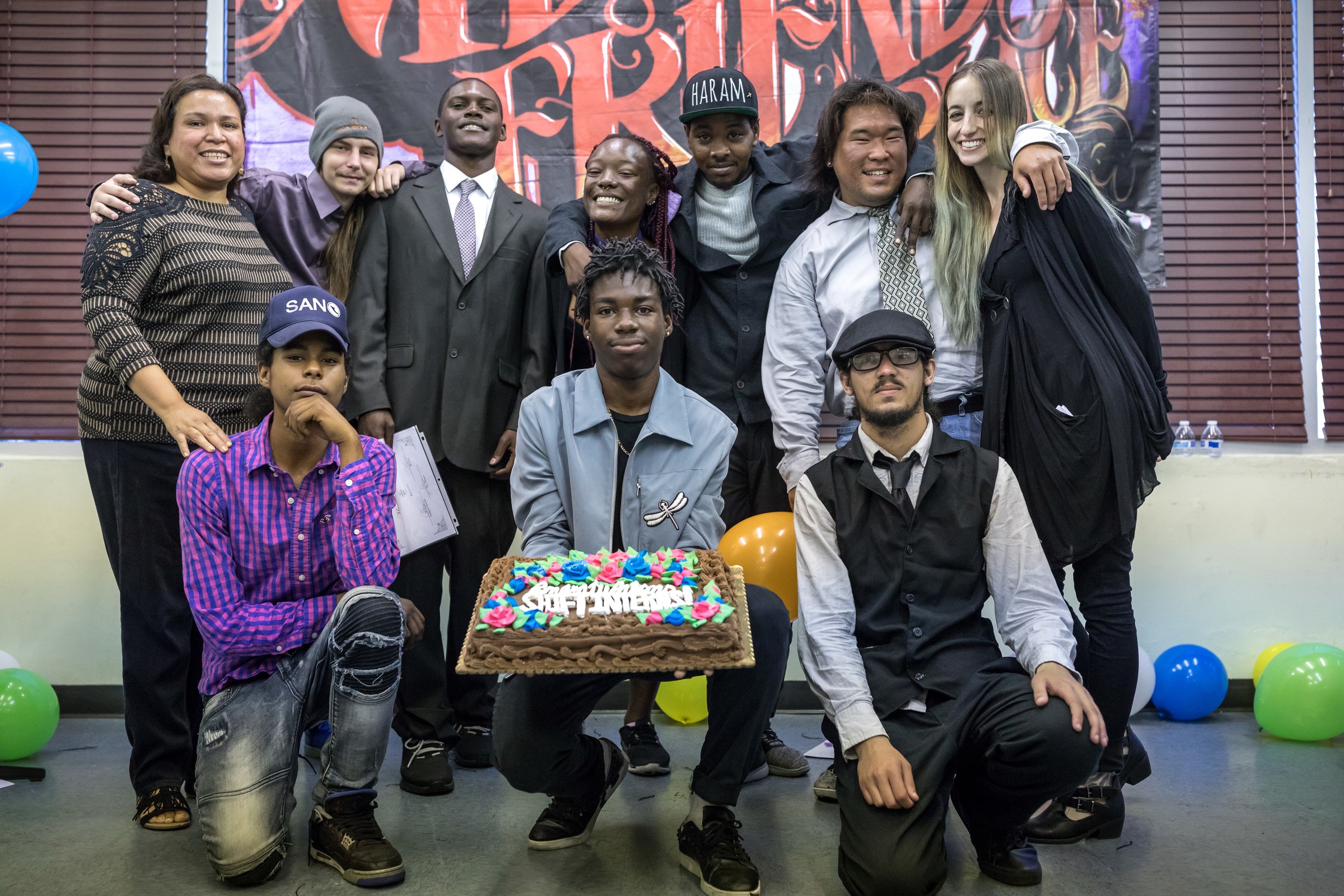
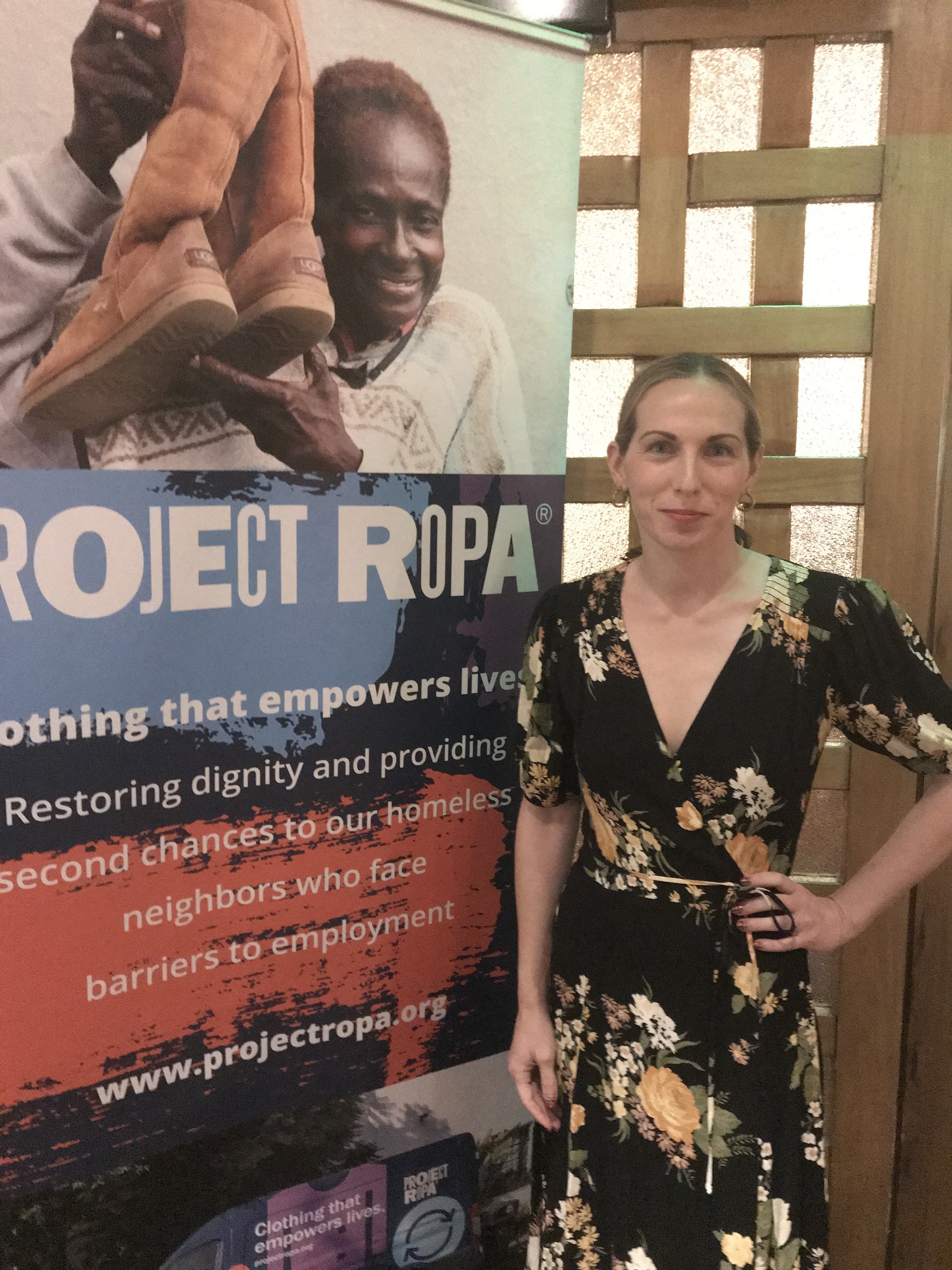
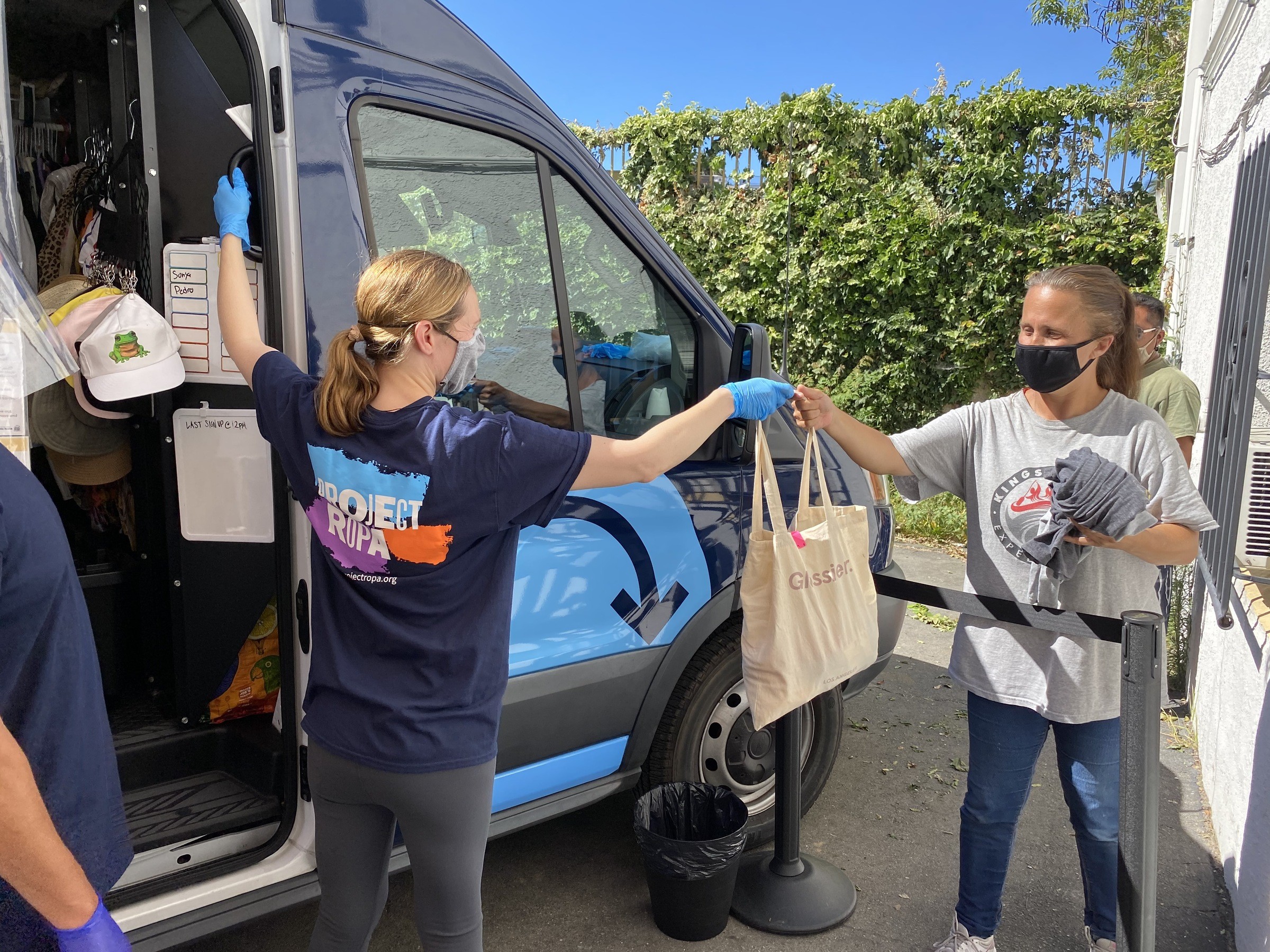
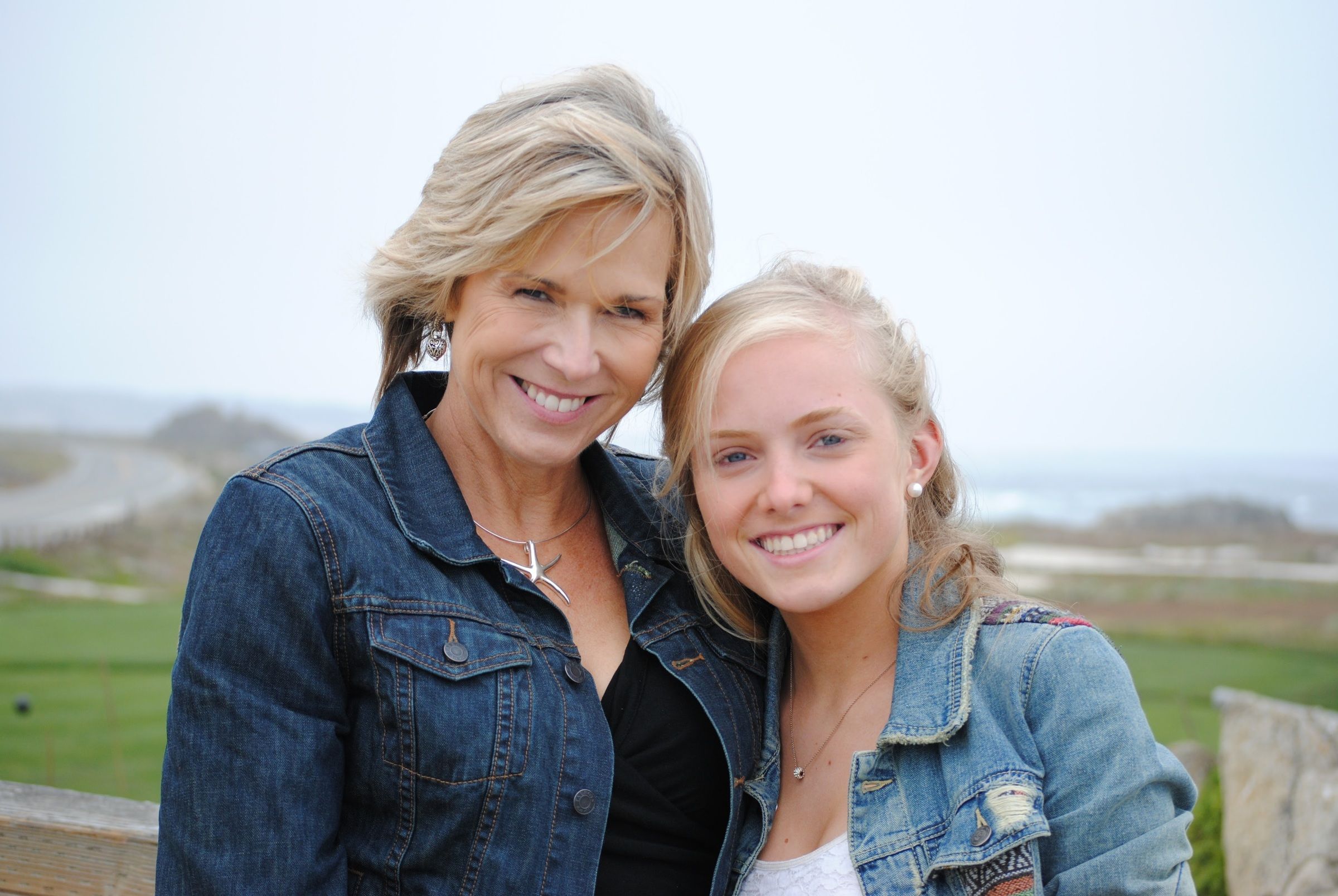
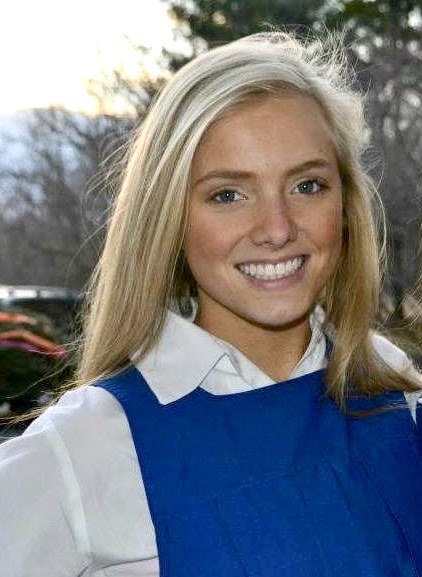
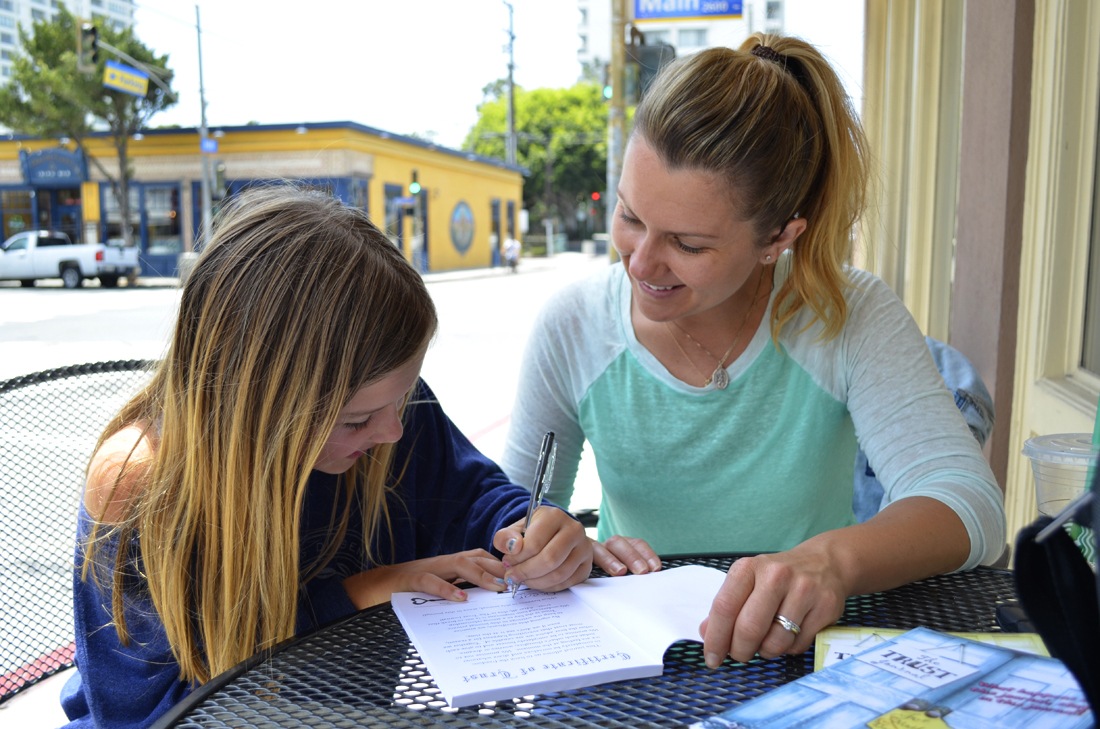
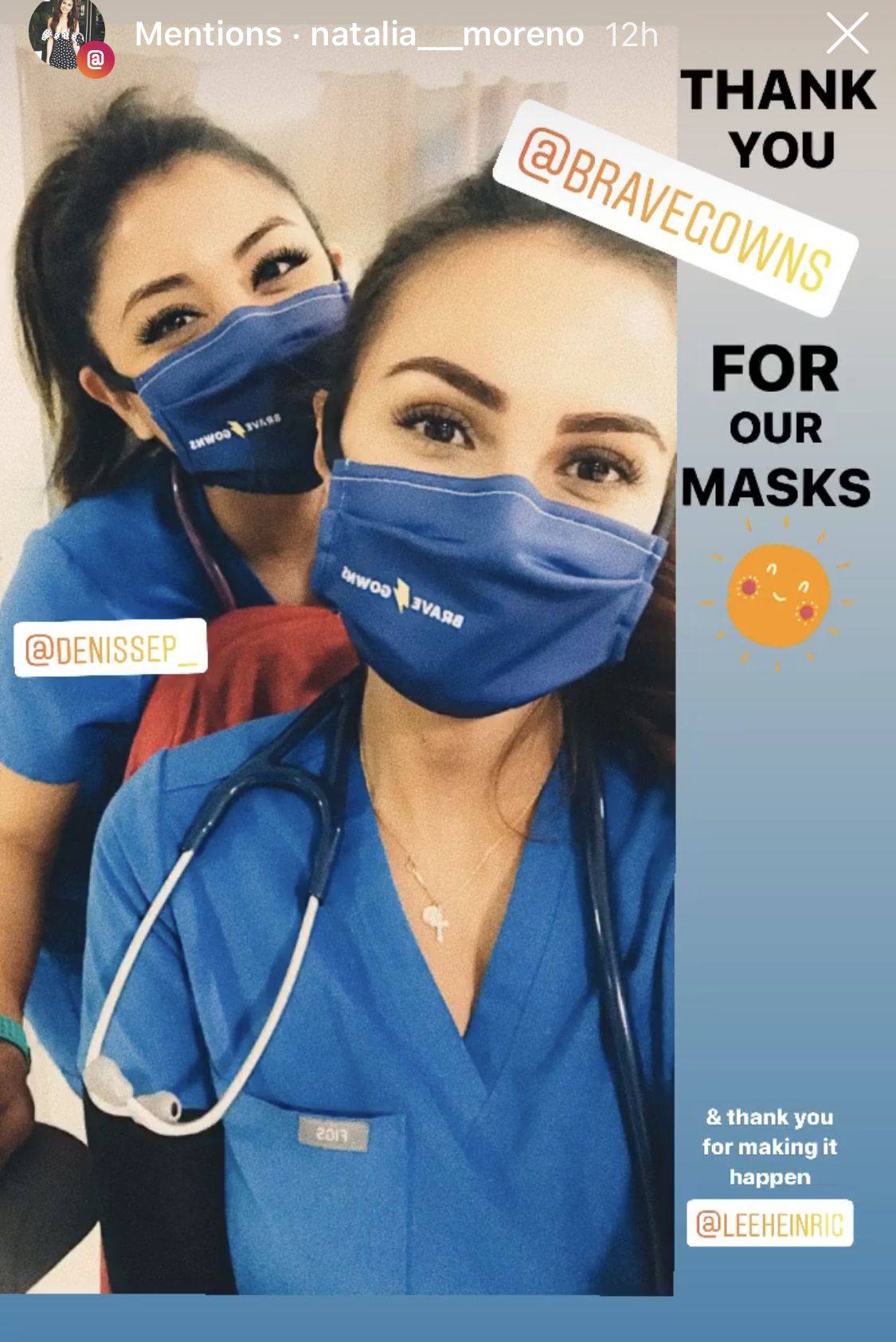
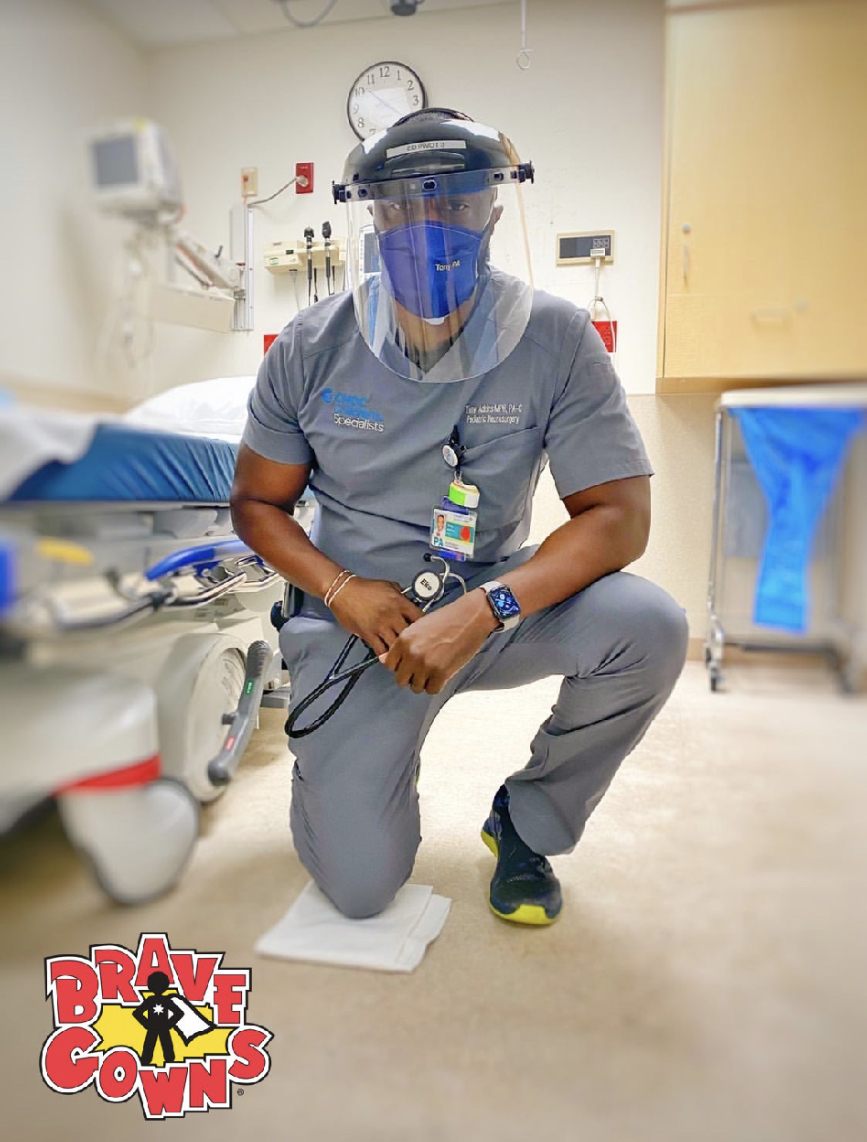
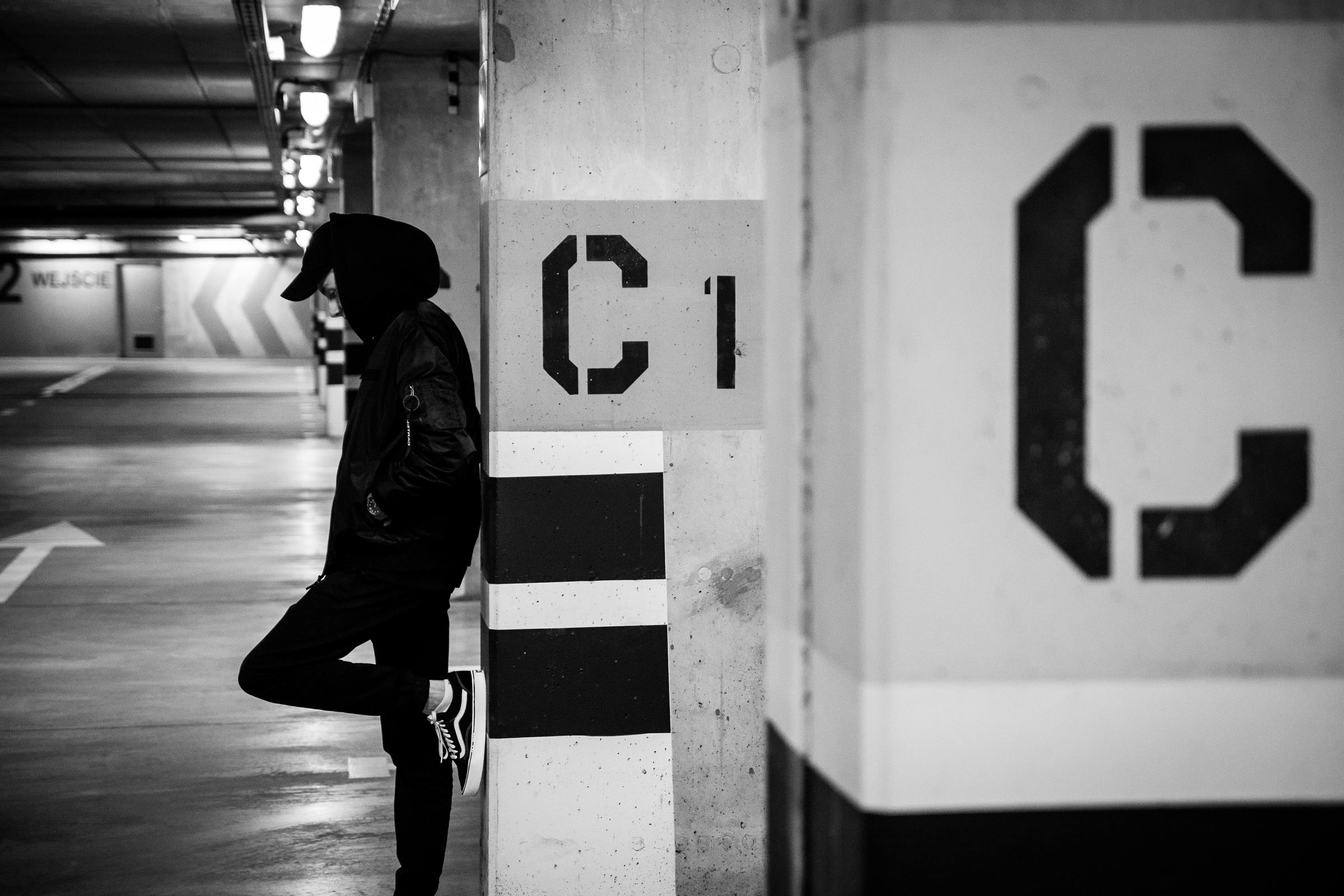 While I didn’t interview any specific health care workers but rather organizations that support them, it is worth mentioning that our front line workers were THE true superheroes of 2020.
While I didn’t interview any specific health care workers but rather organizations that support them, it is worth mentioning that our front line workers were THE true superheroes of 2020.